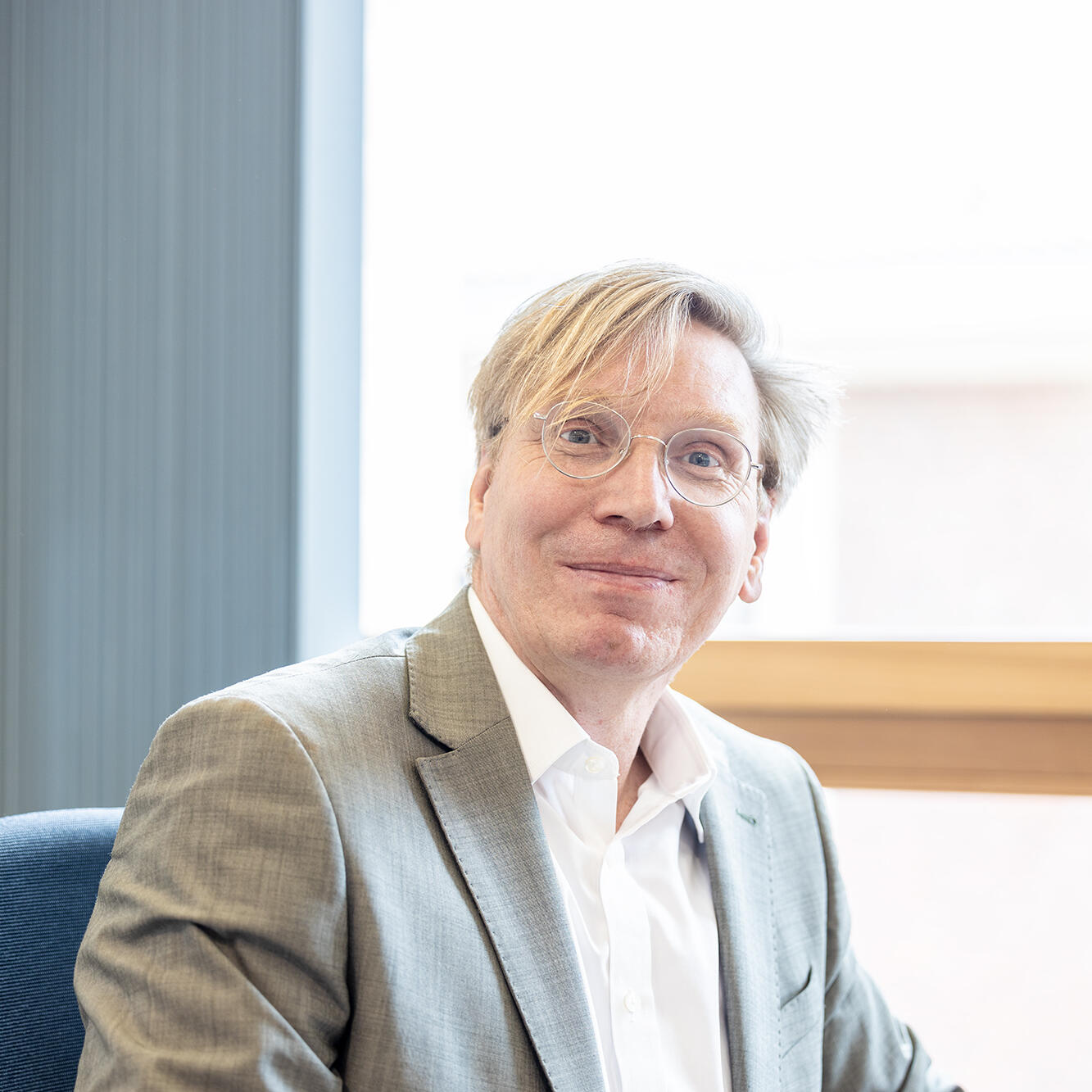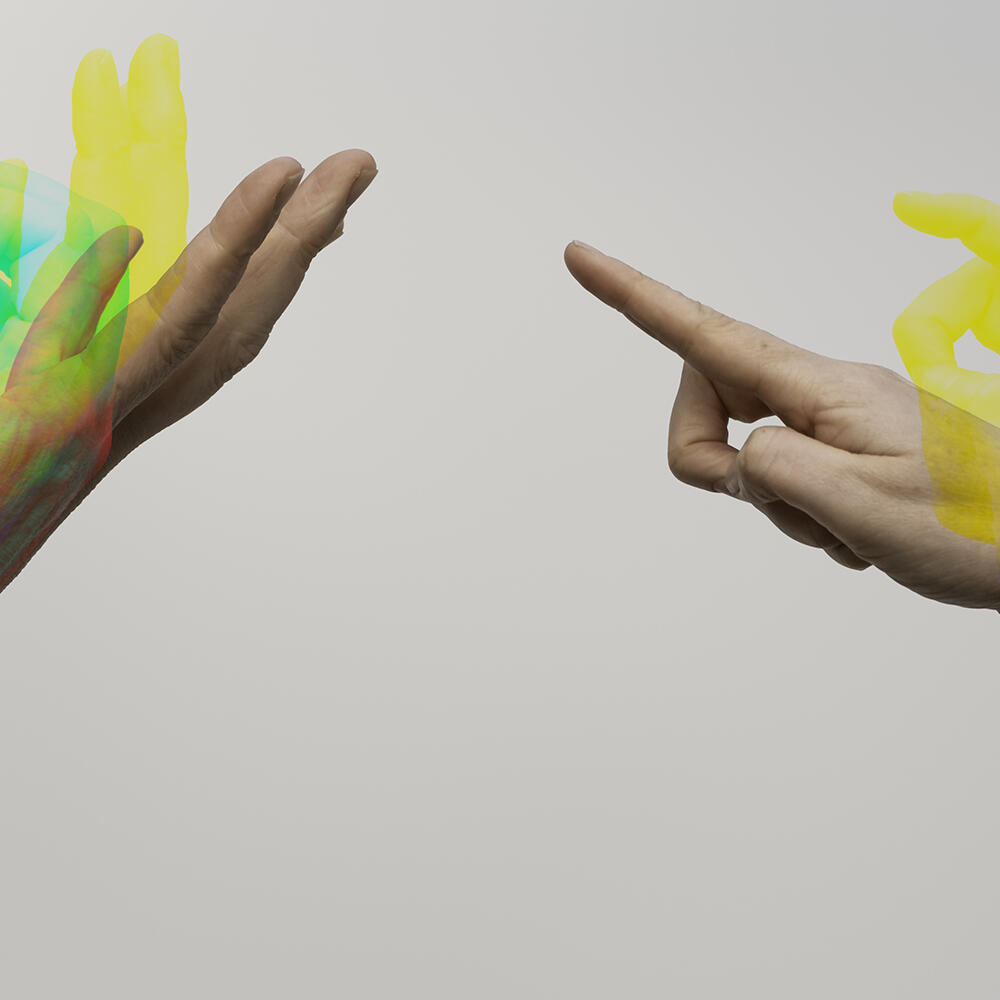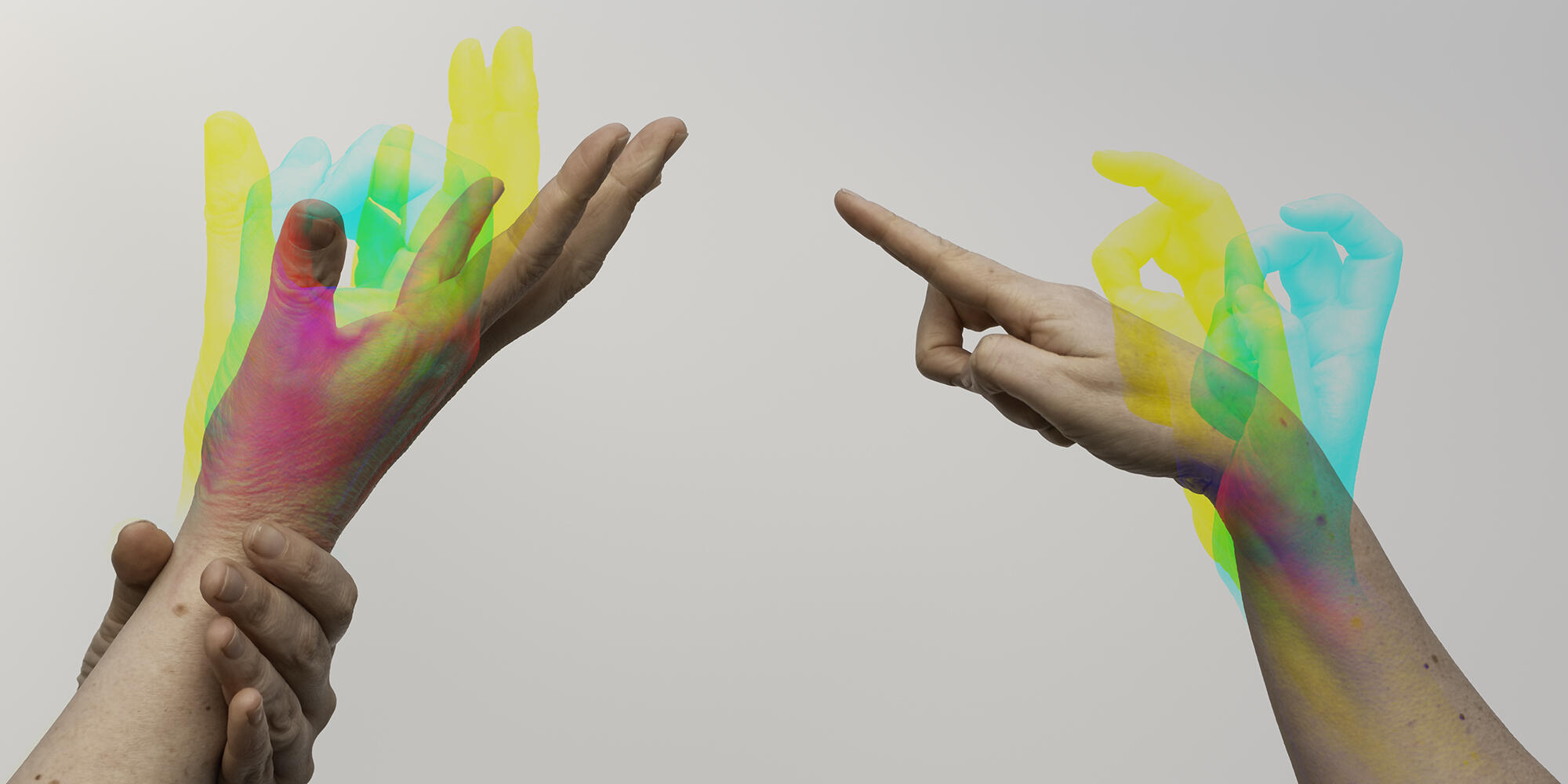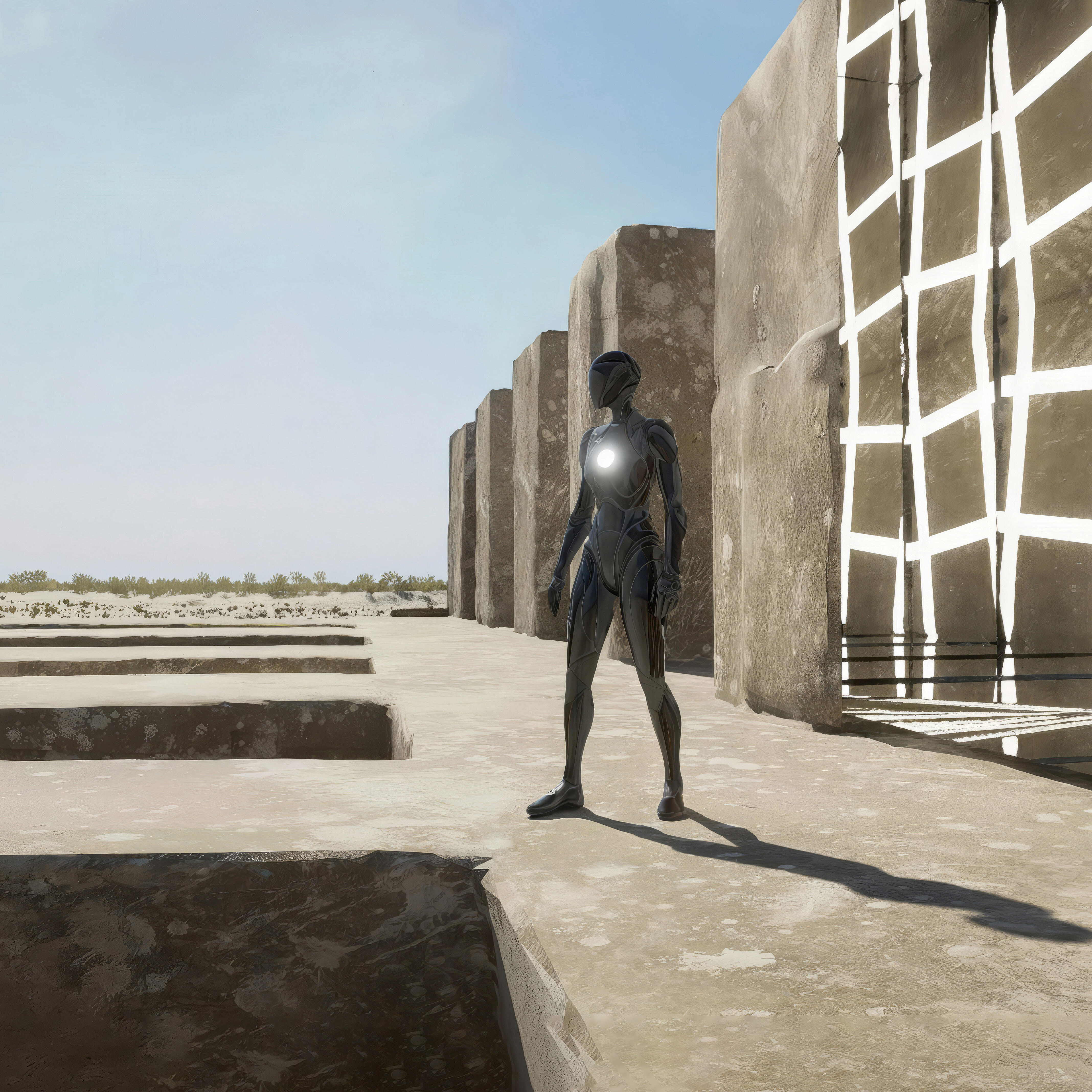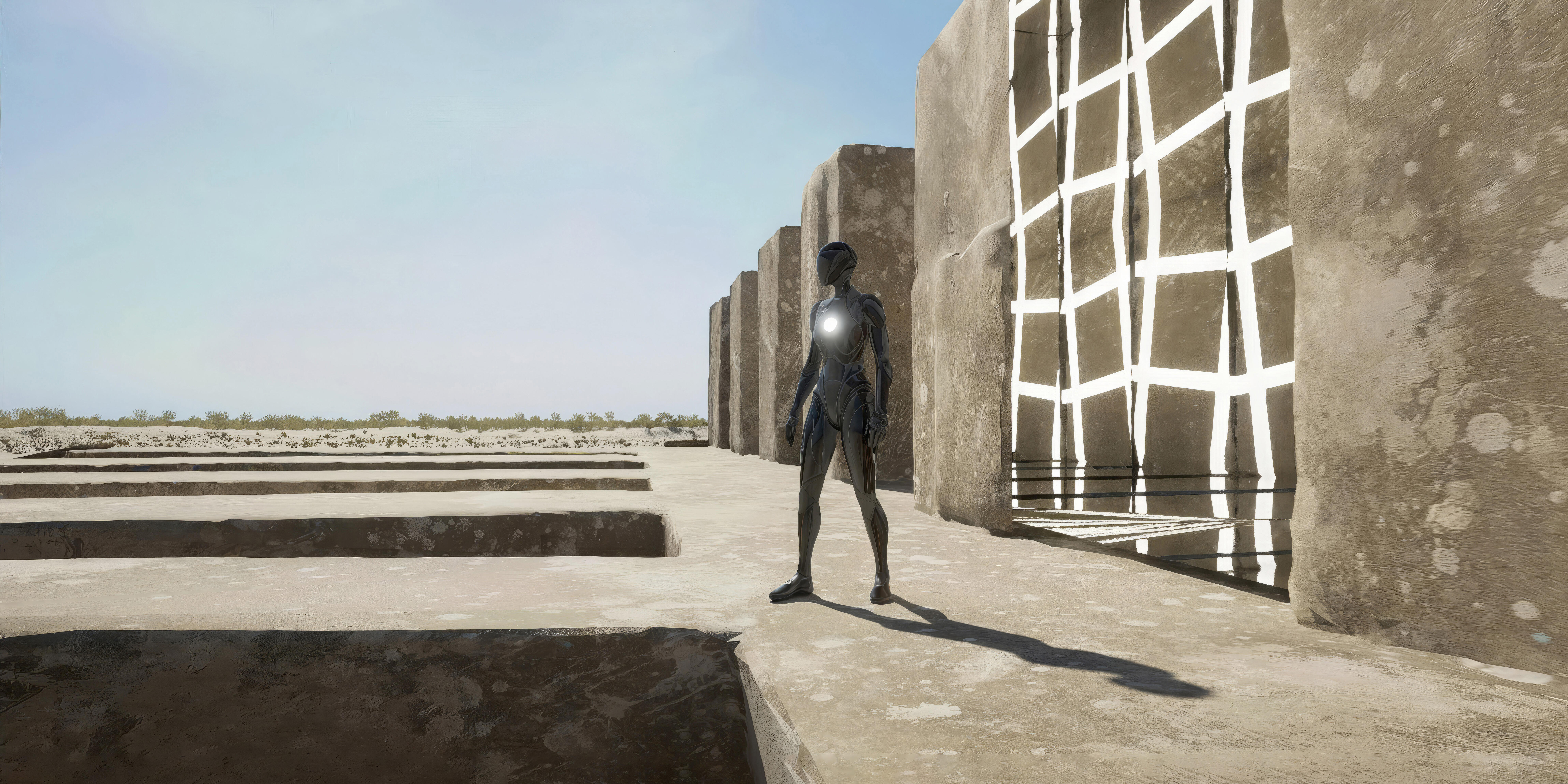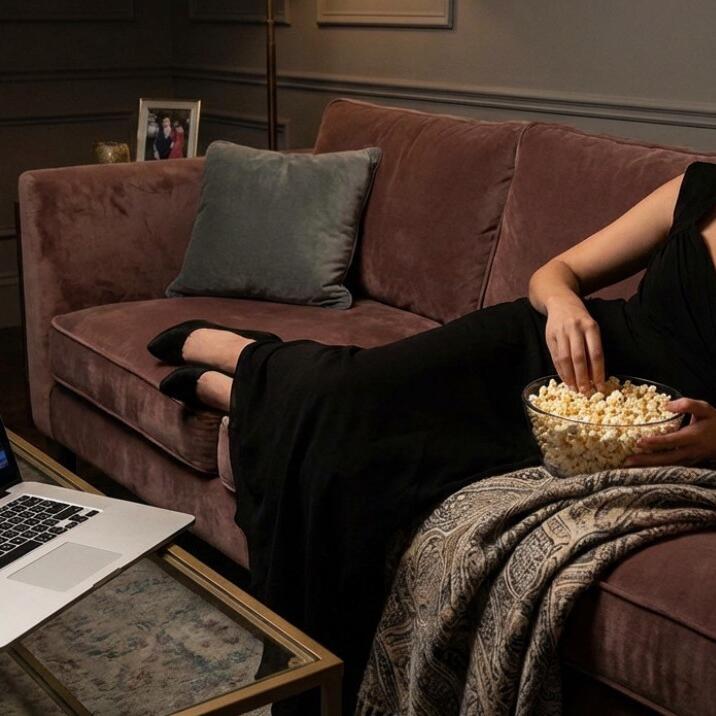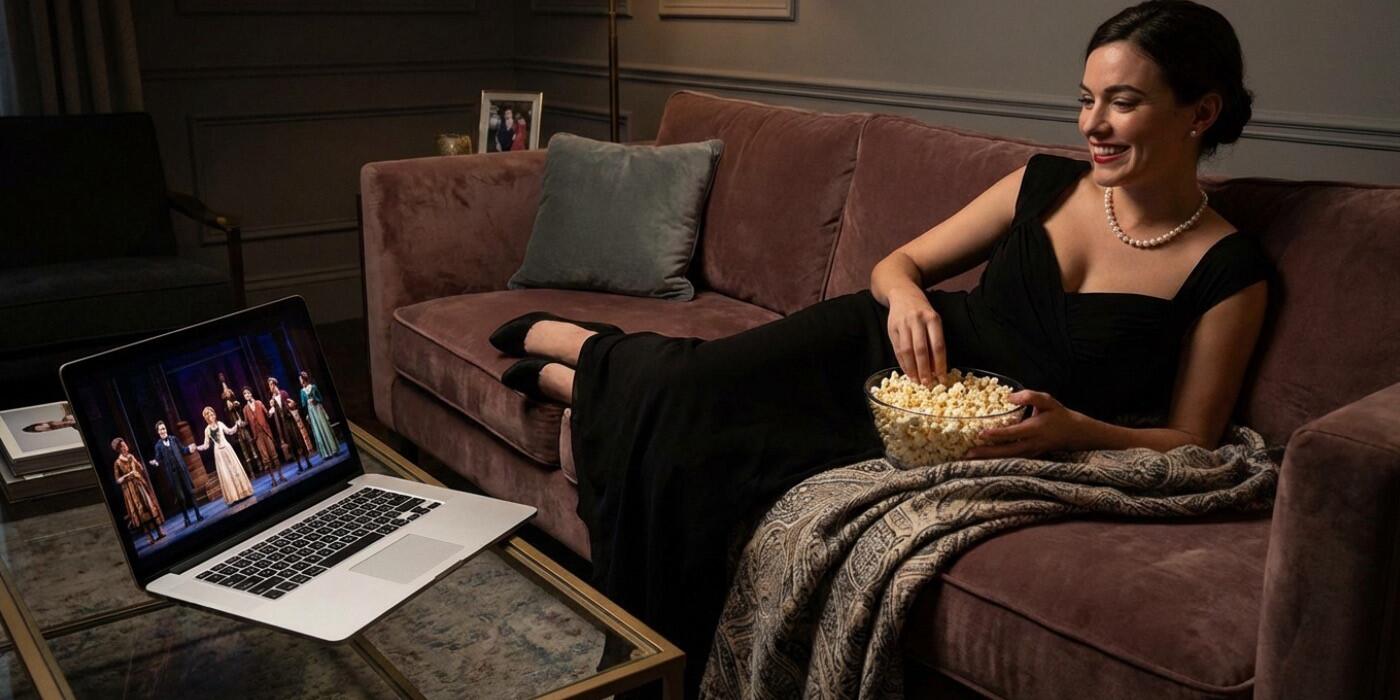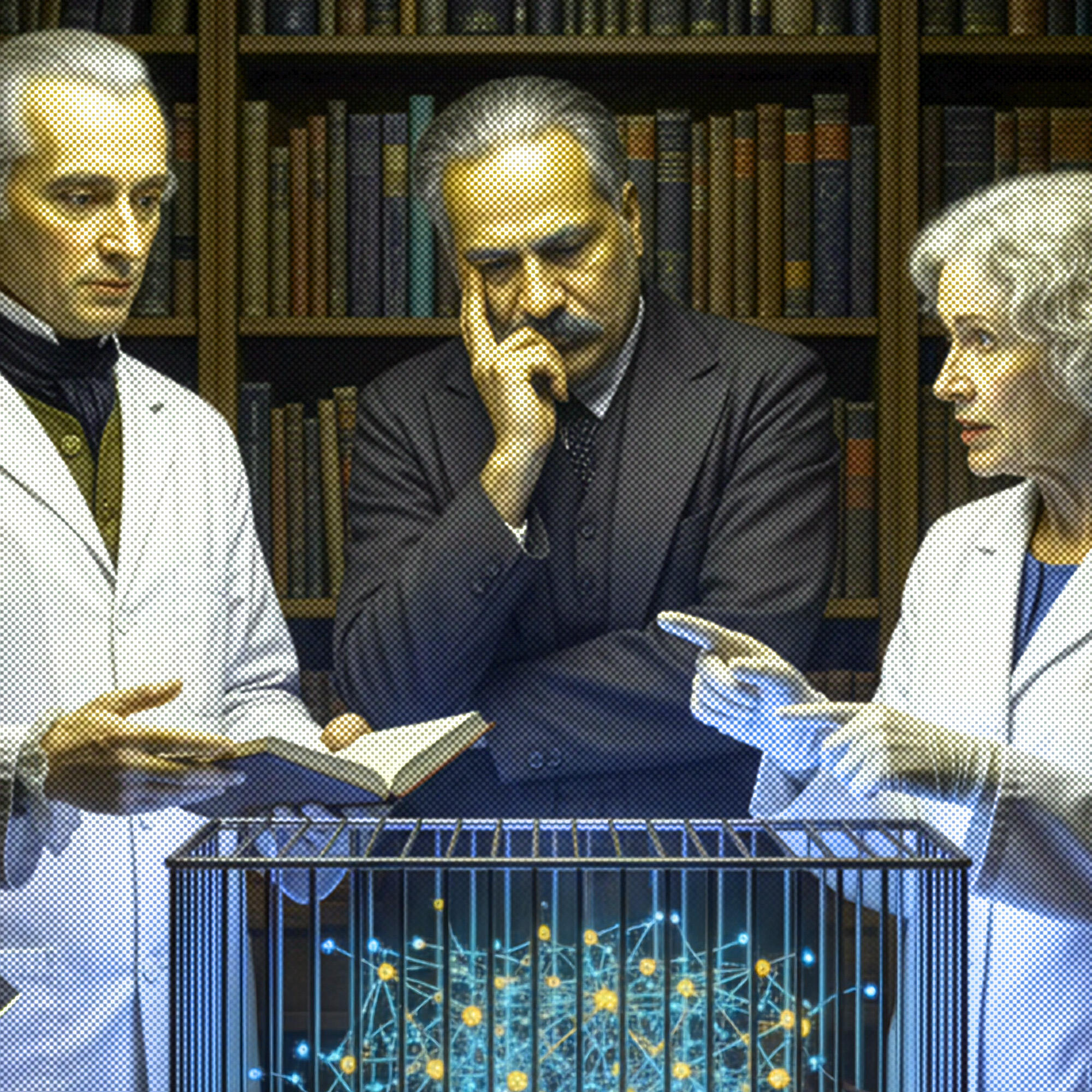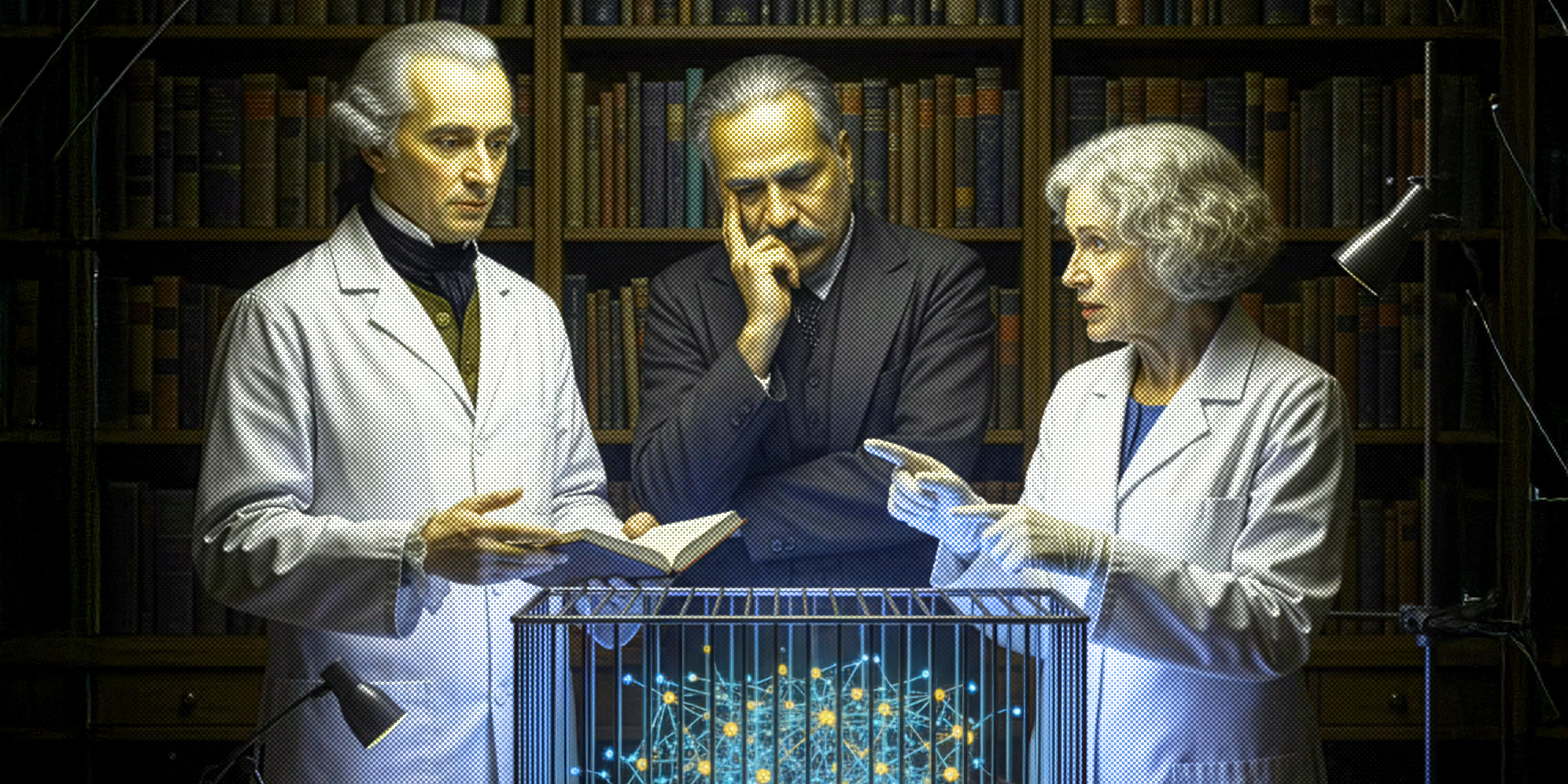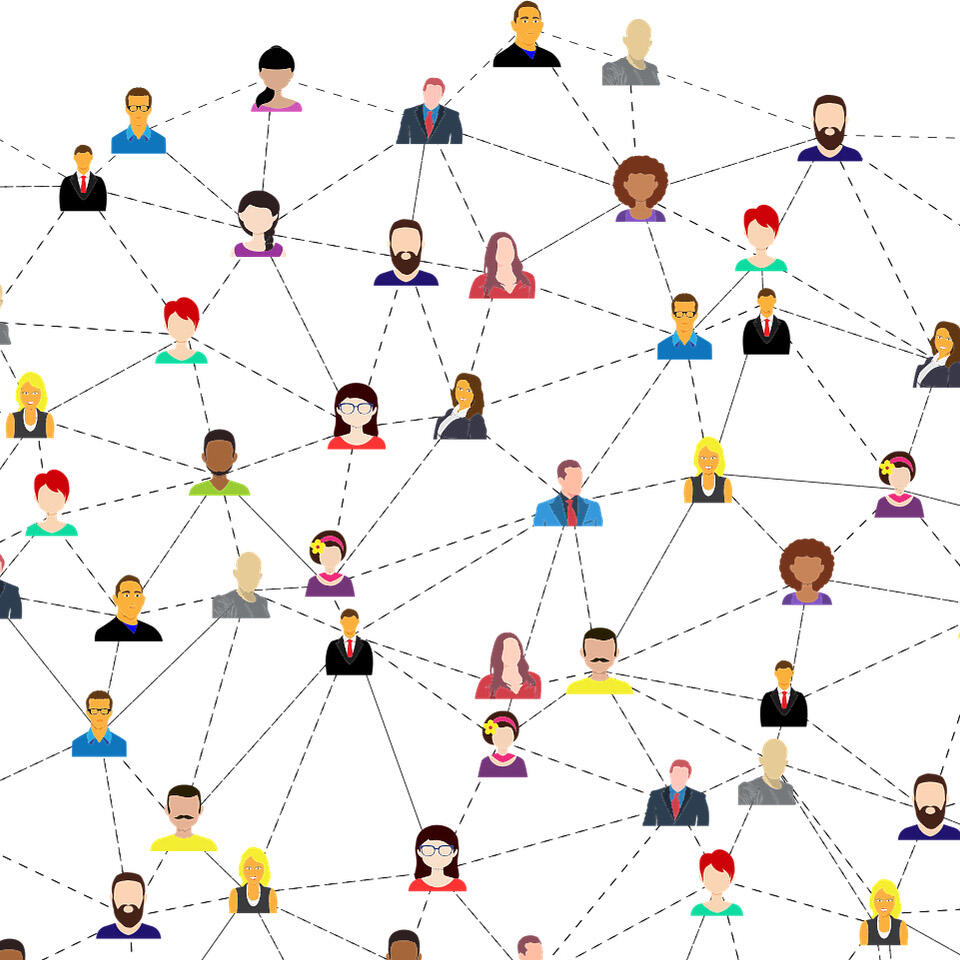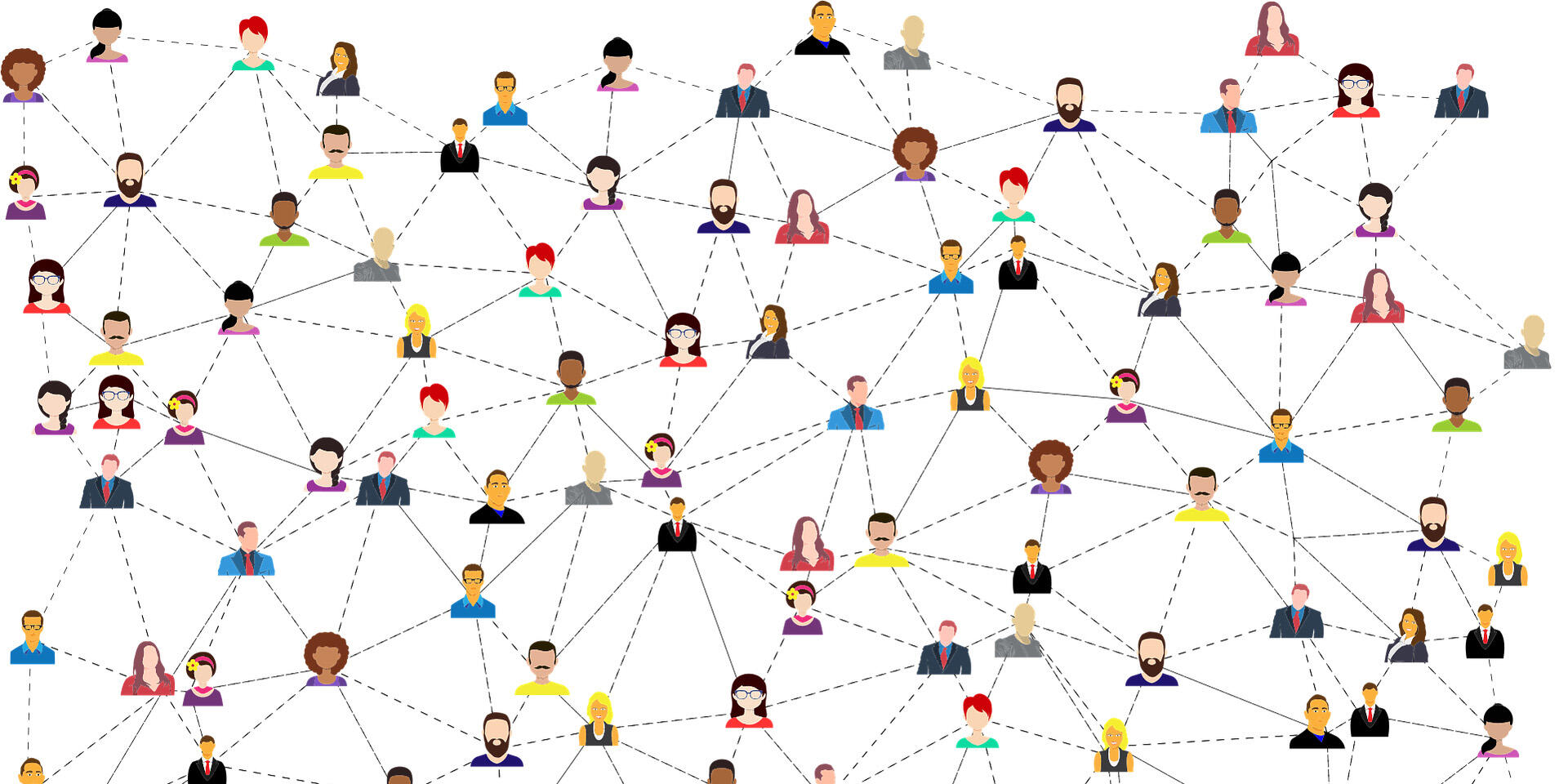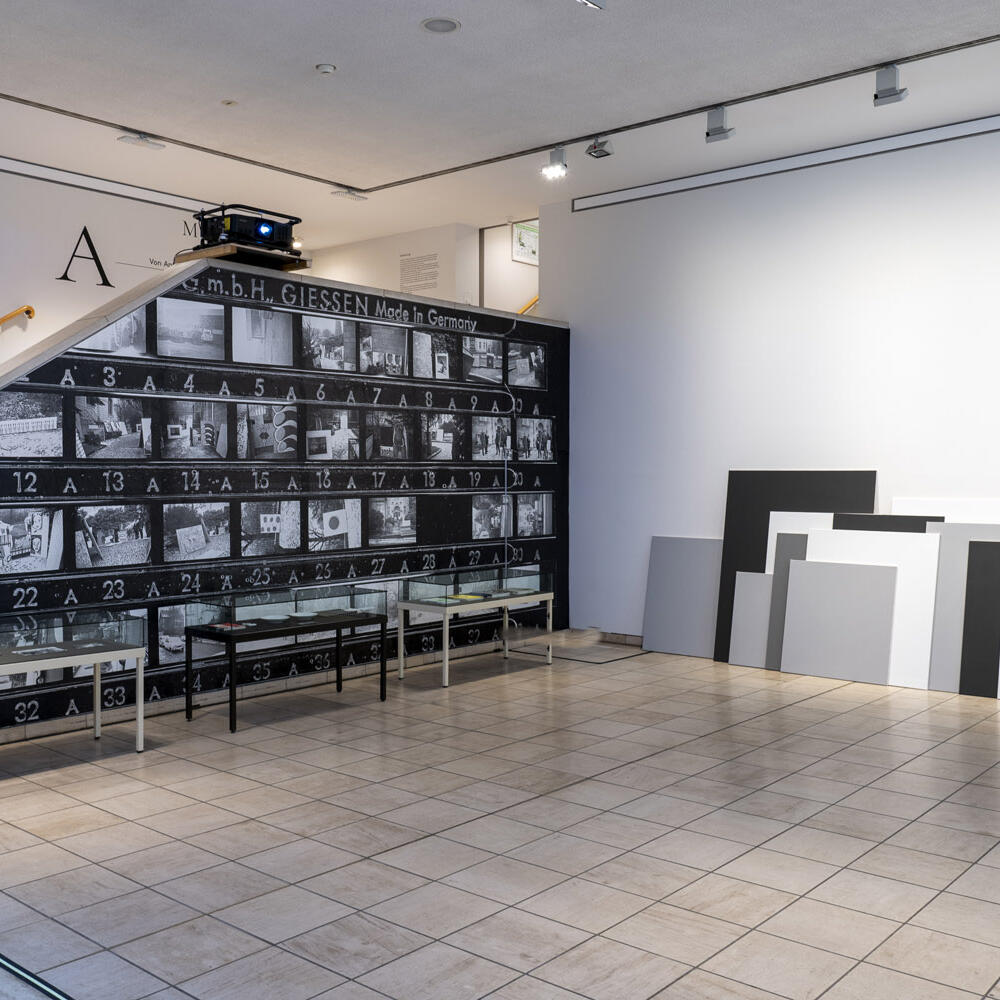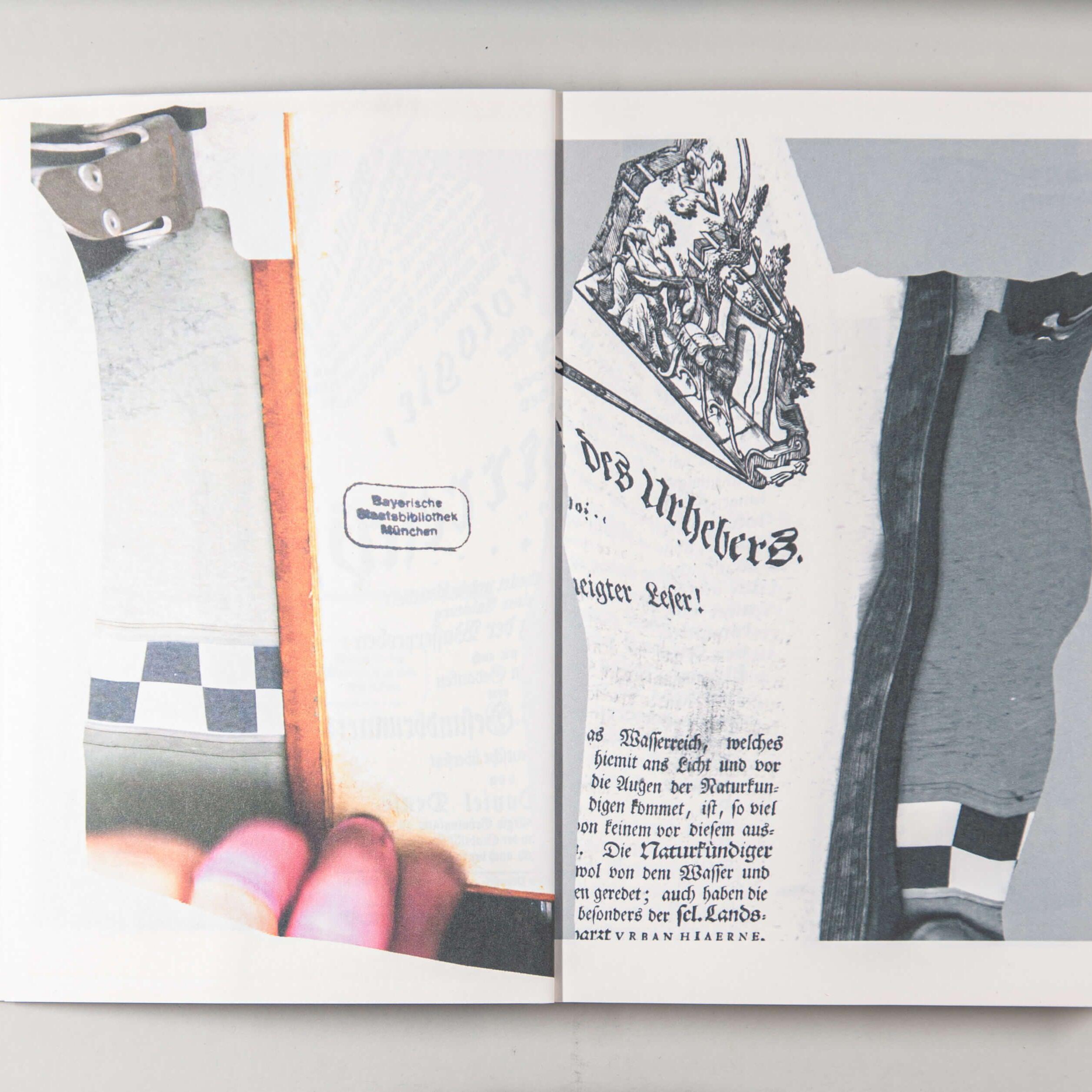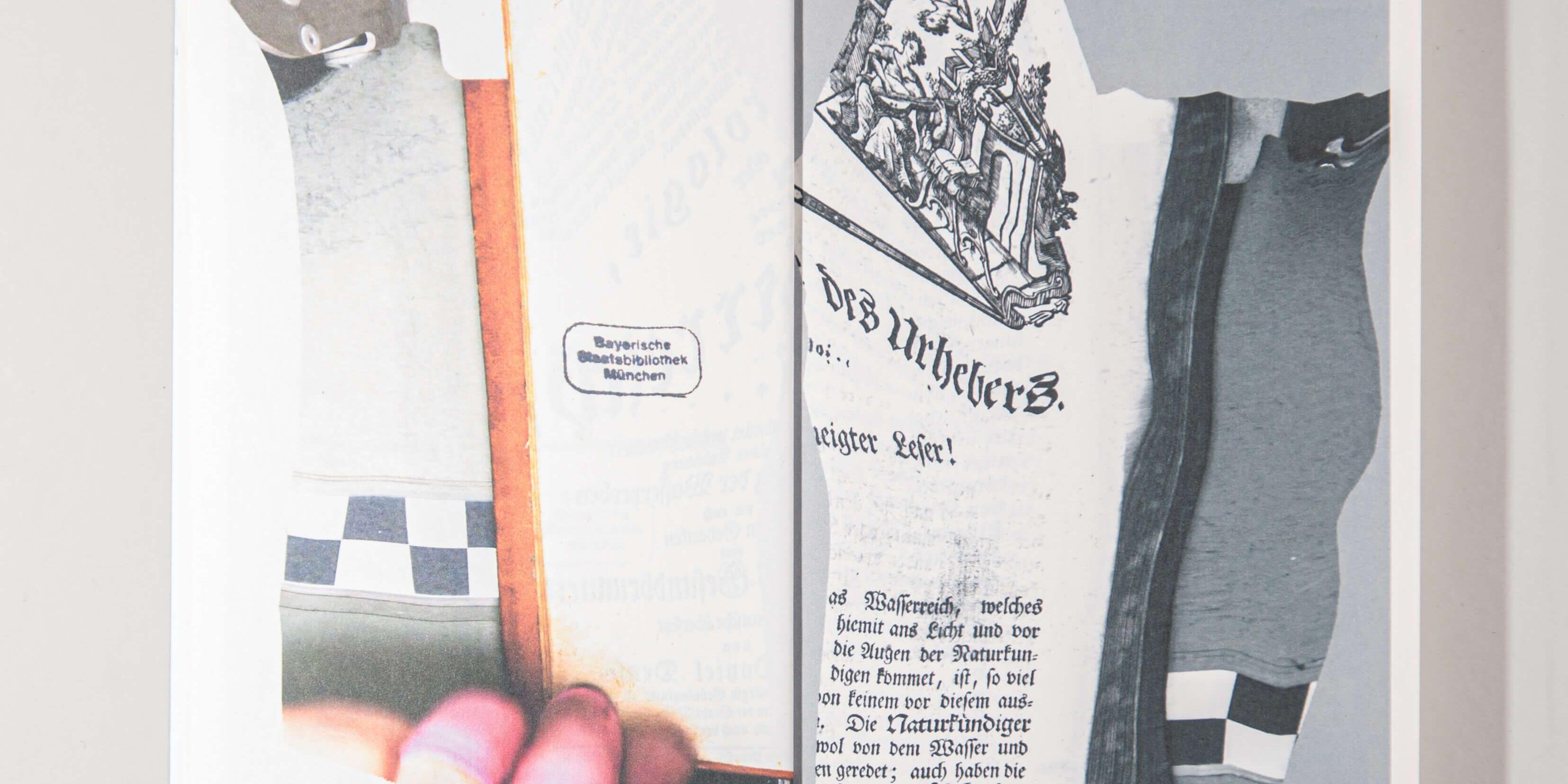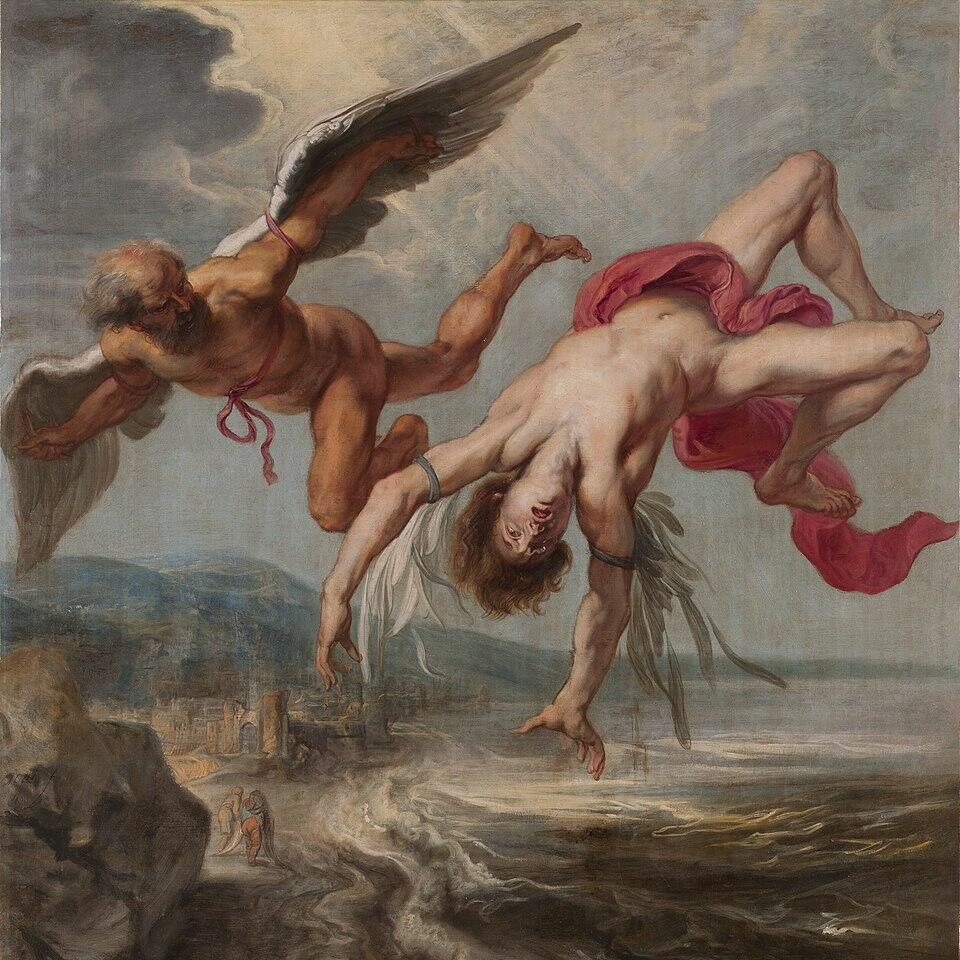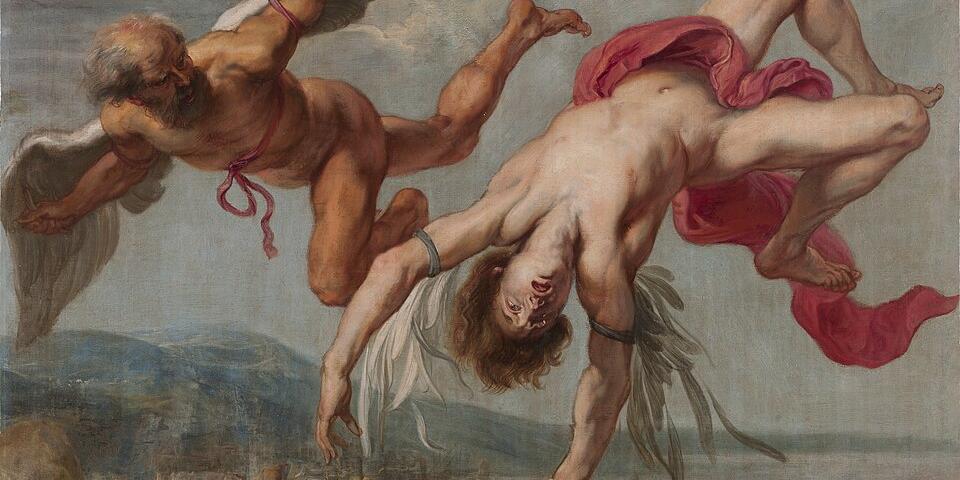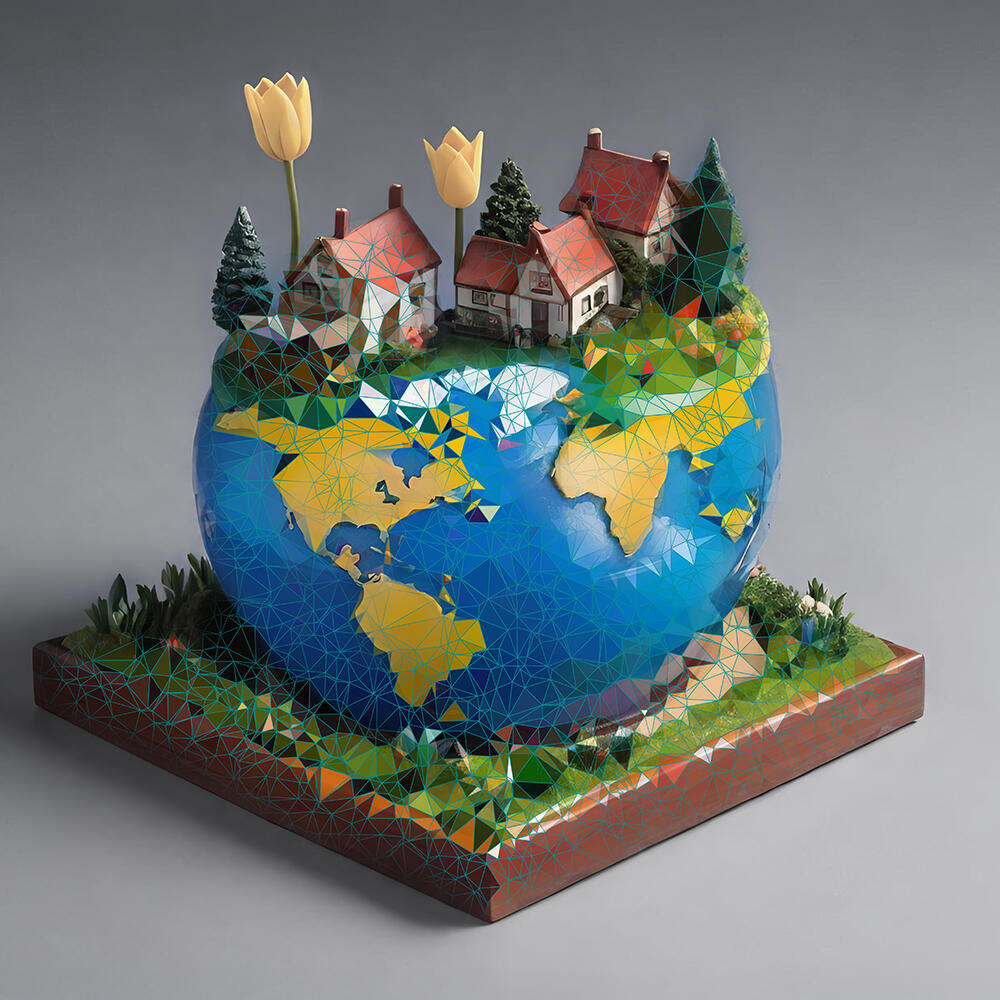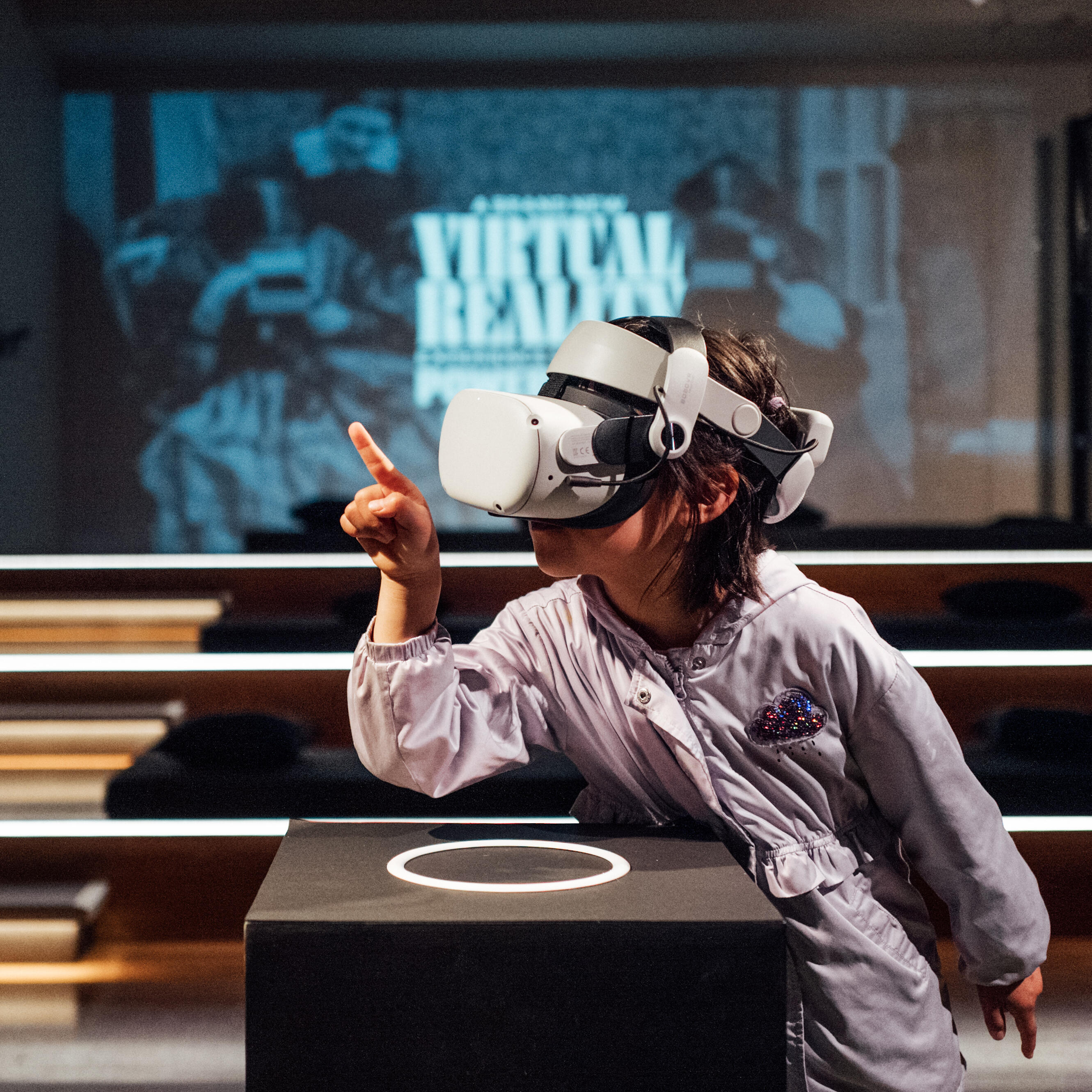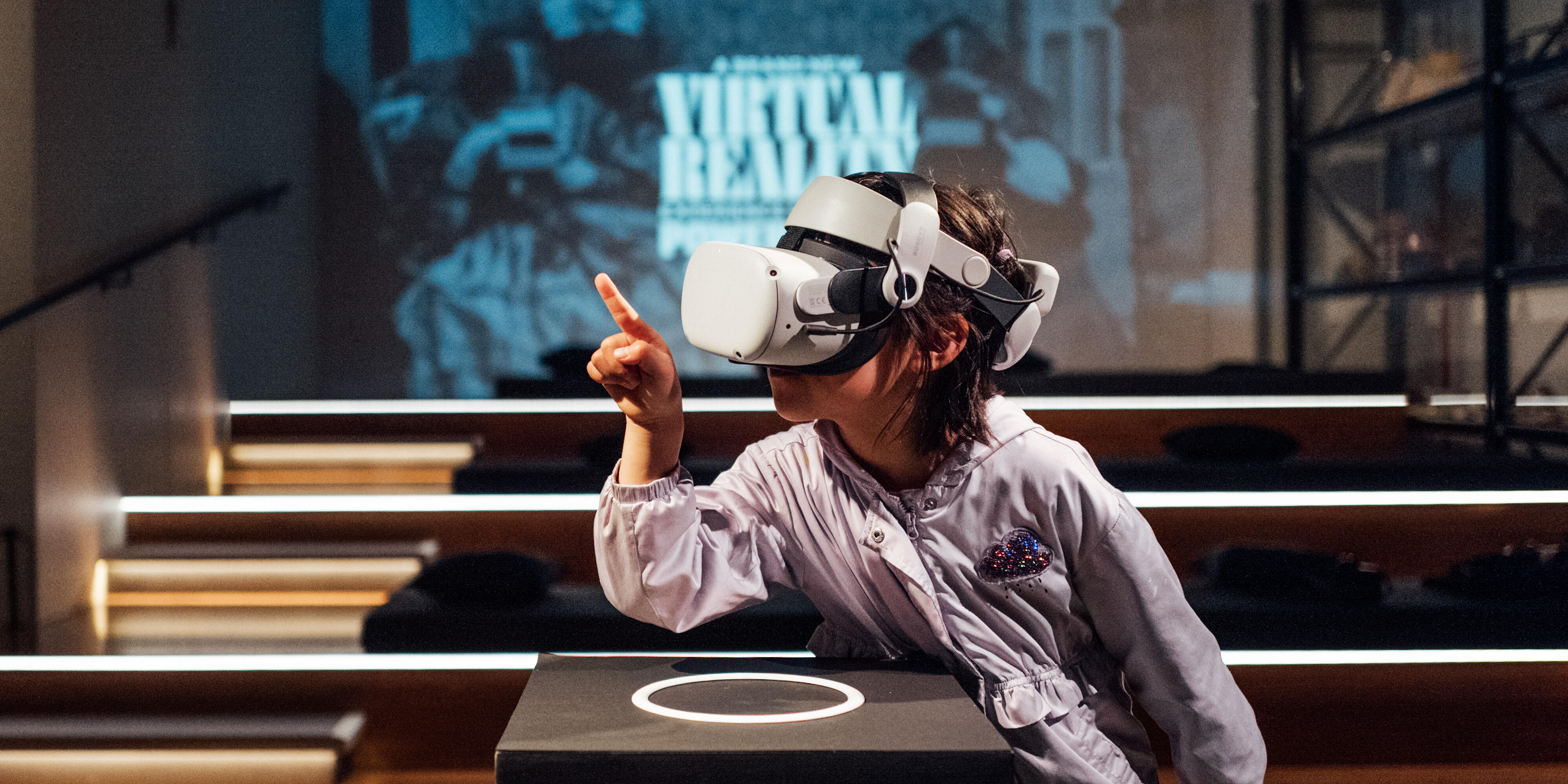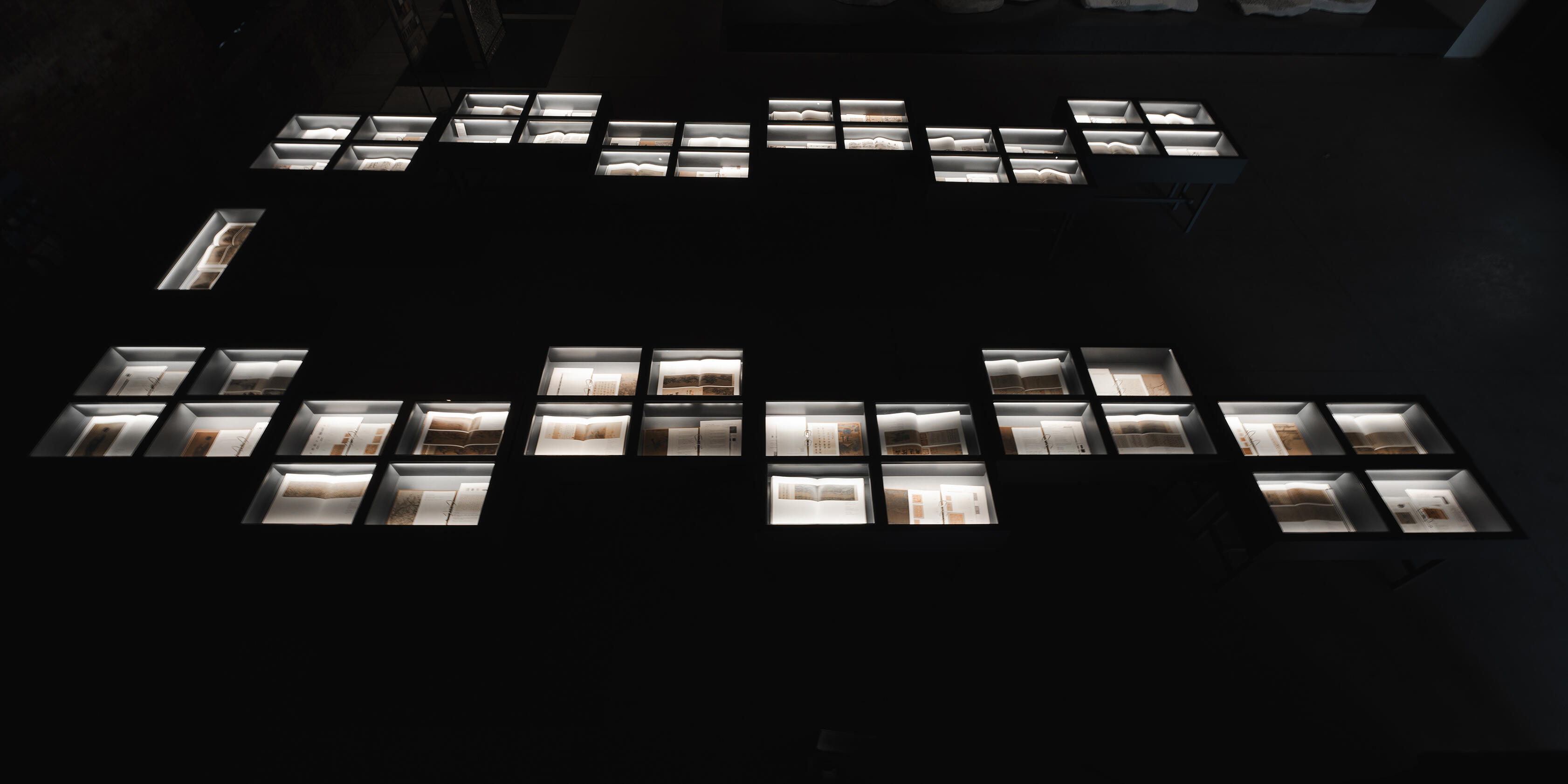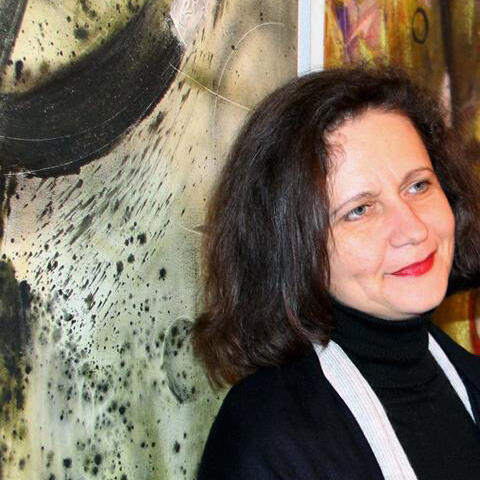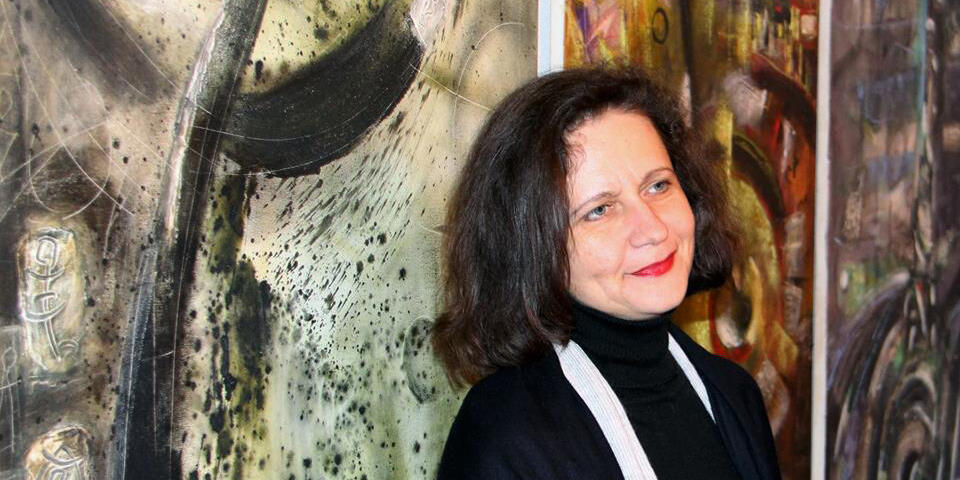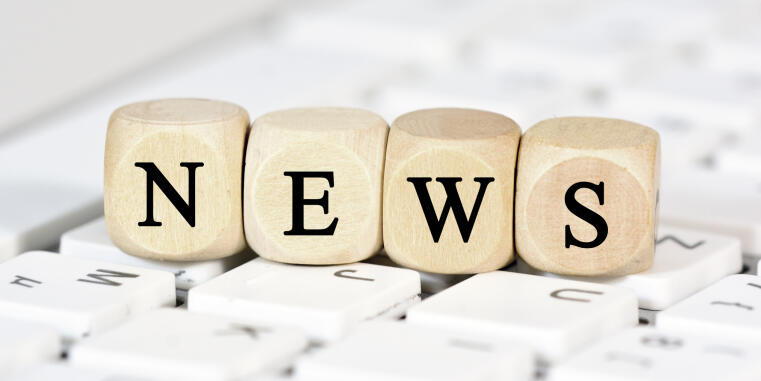

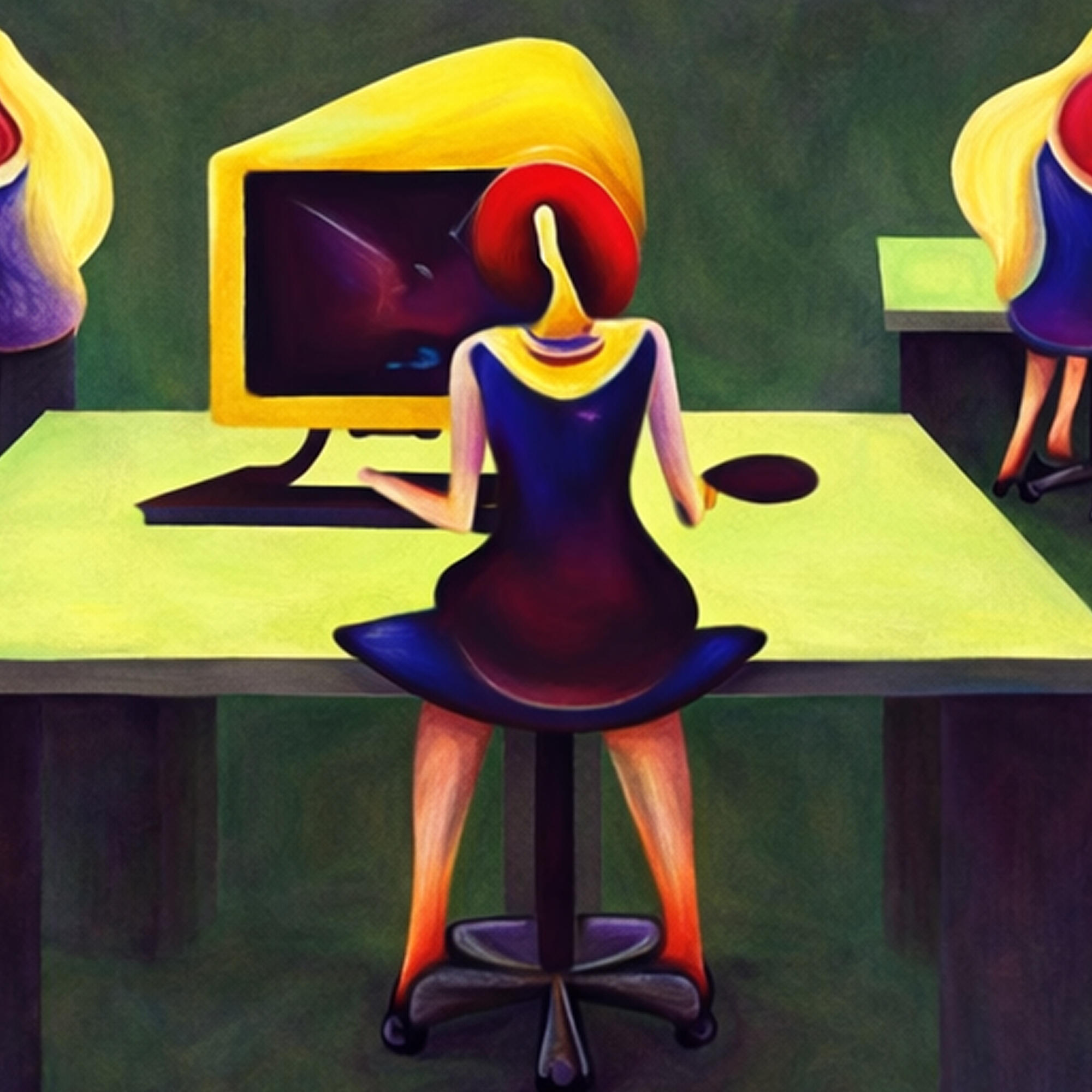
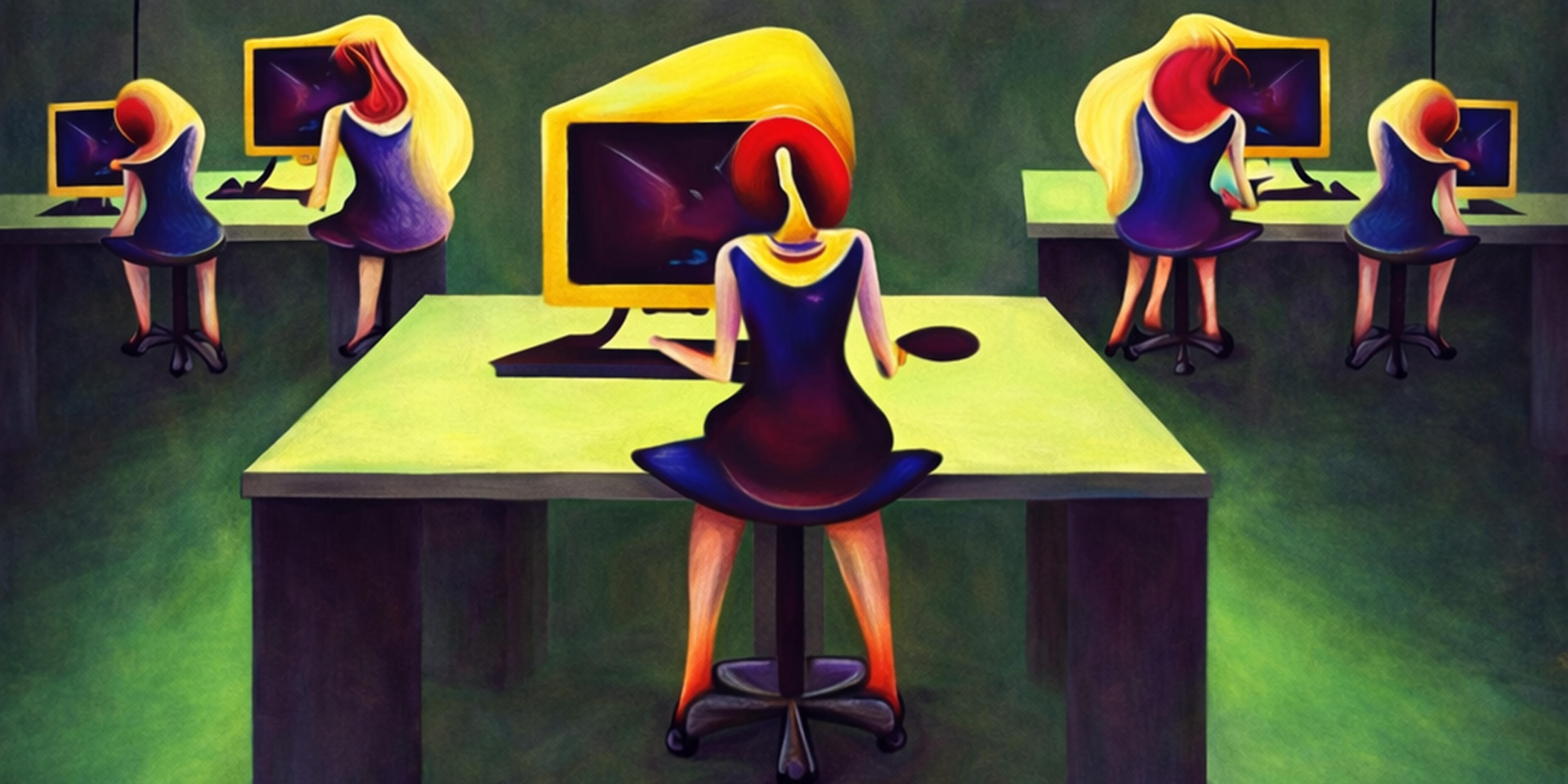
Wikipedia Edit-a-thon – Workshop in Kooperation mit dem ZKM Karlsruhe
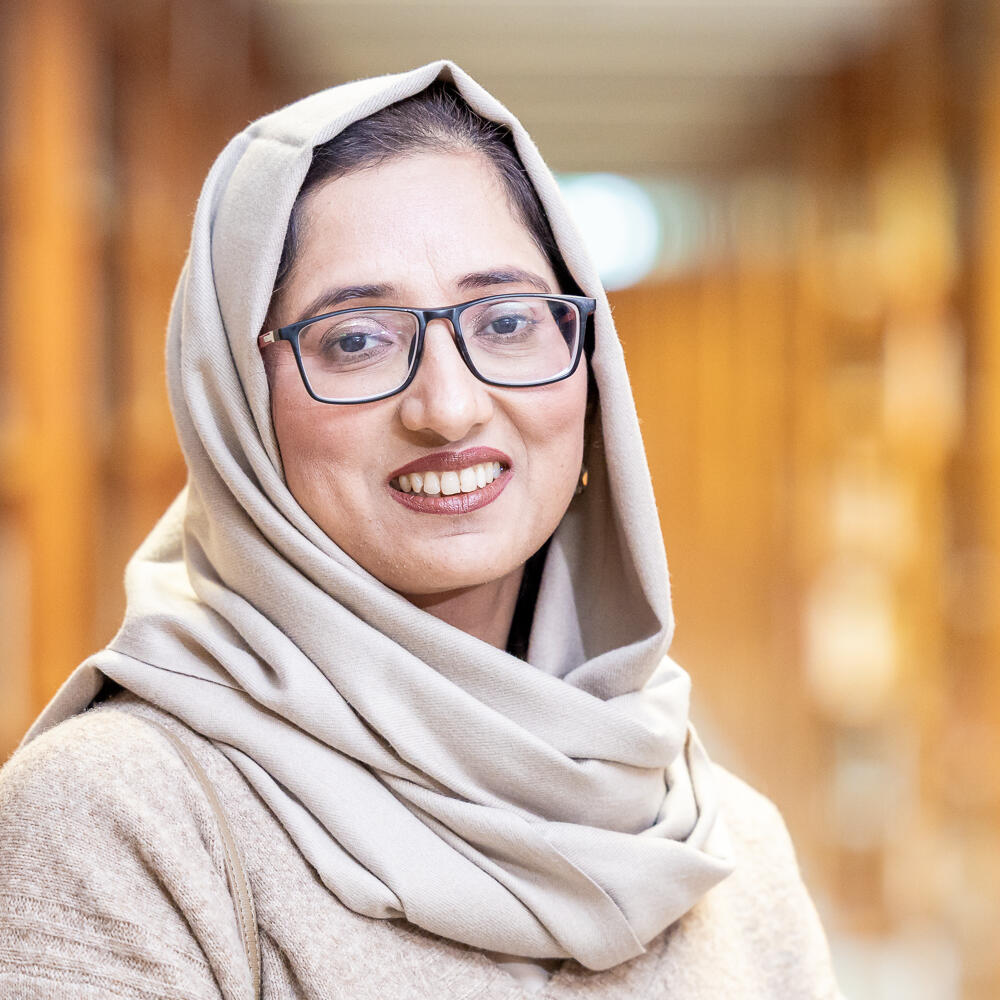
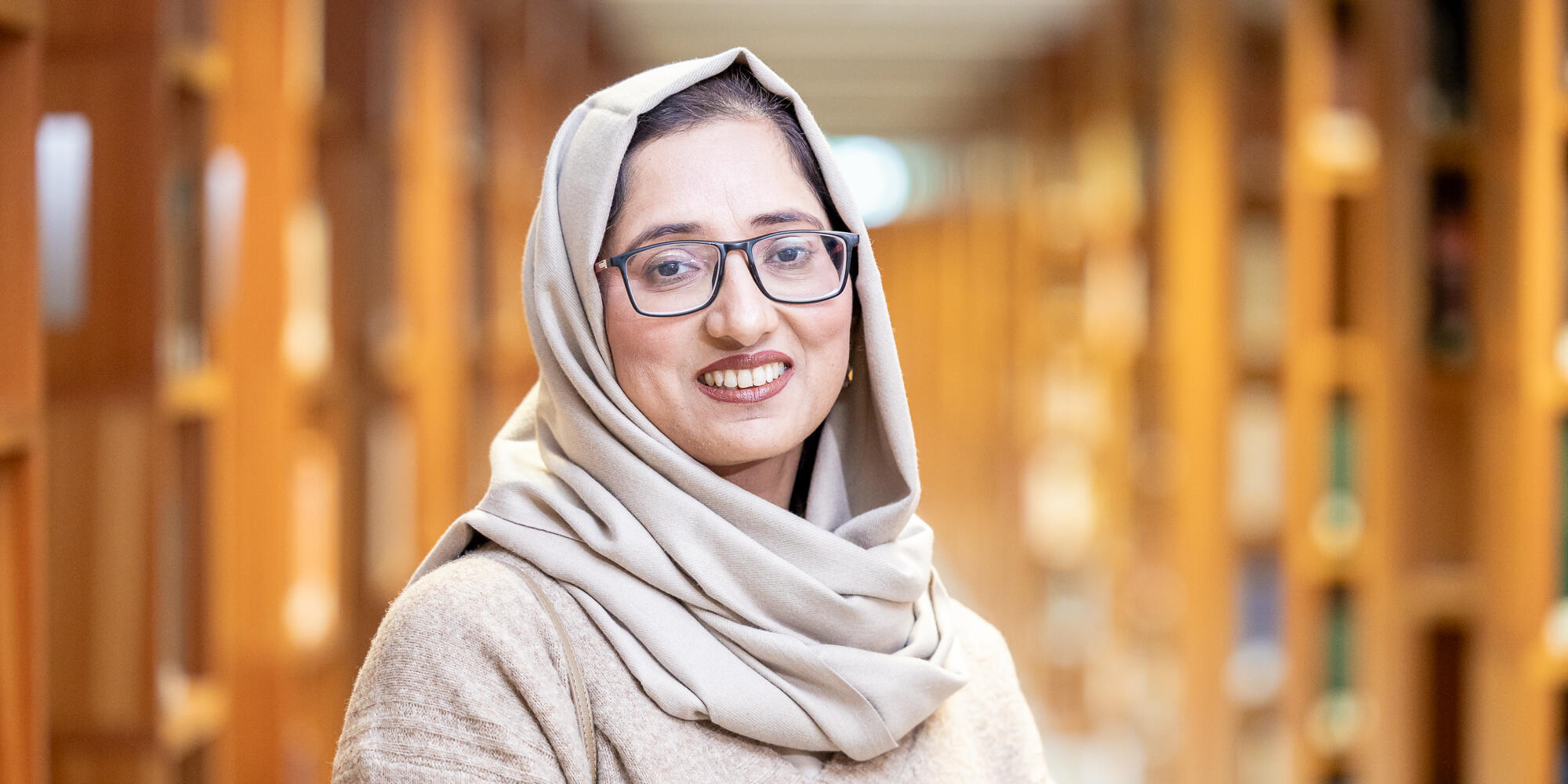
Video: Lecture „Mastering the Art of Systematic Literature Review"


New at the Centre: Prof. Dr. Nosheen Warraich
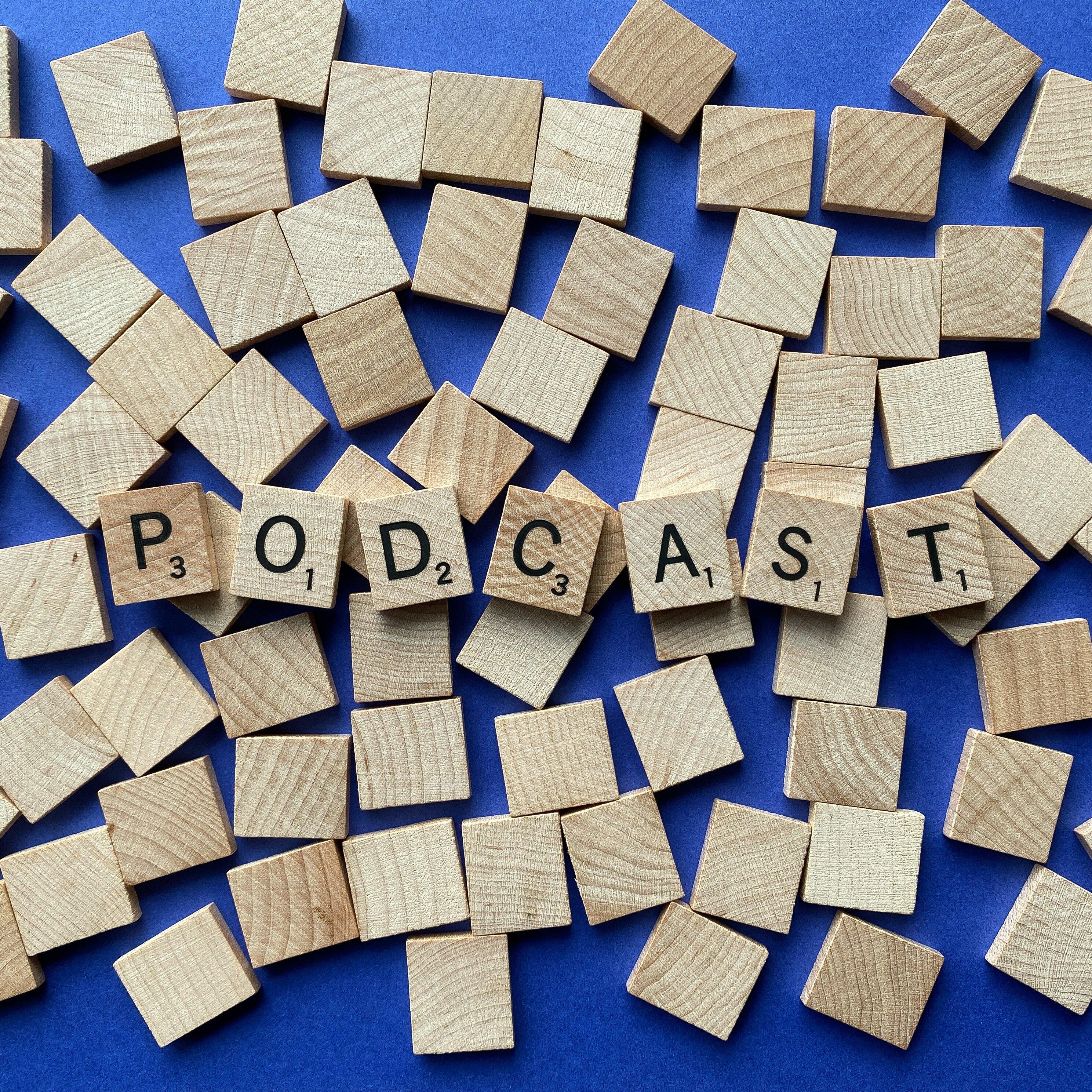
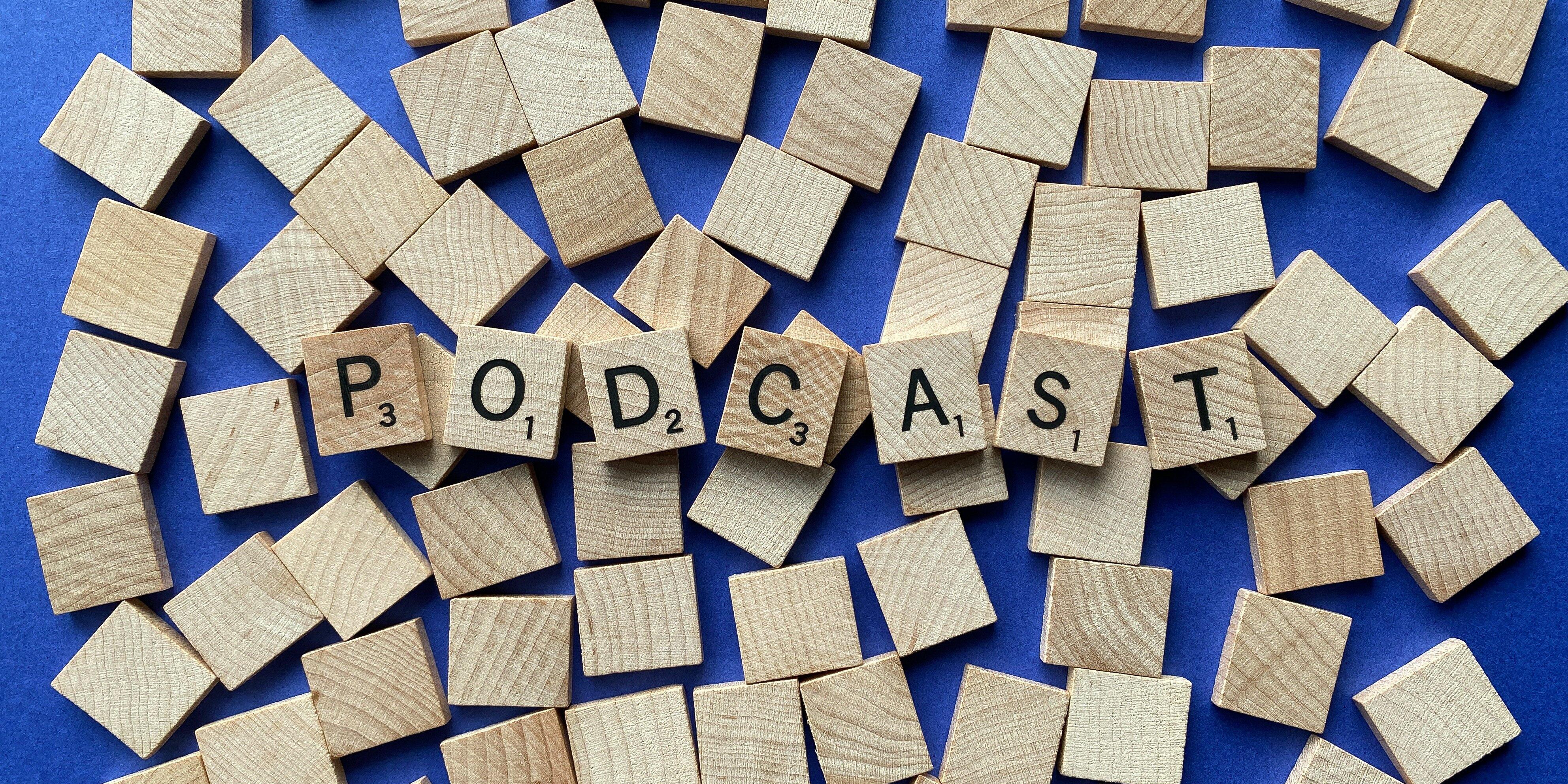
Podcast: „RadiHum“ with Prof. Dr. Ursula Frohne and Prof. Dr. Reinold Schmücker


Successful Defense of Finn Marz’ Dissertation
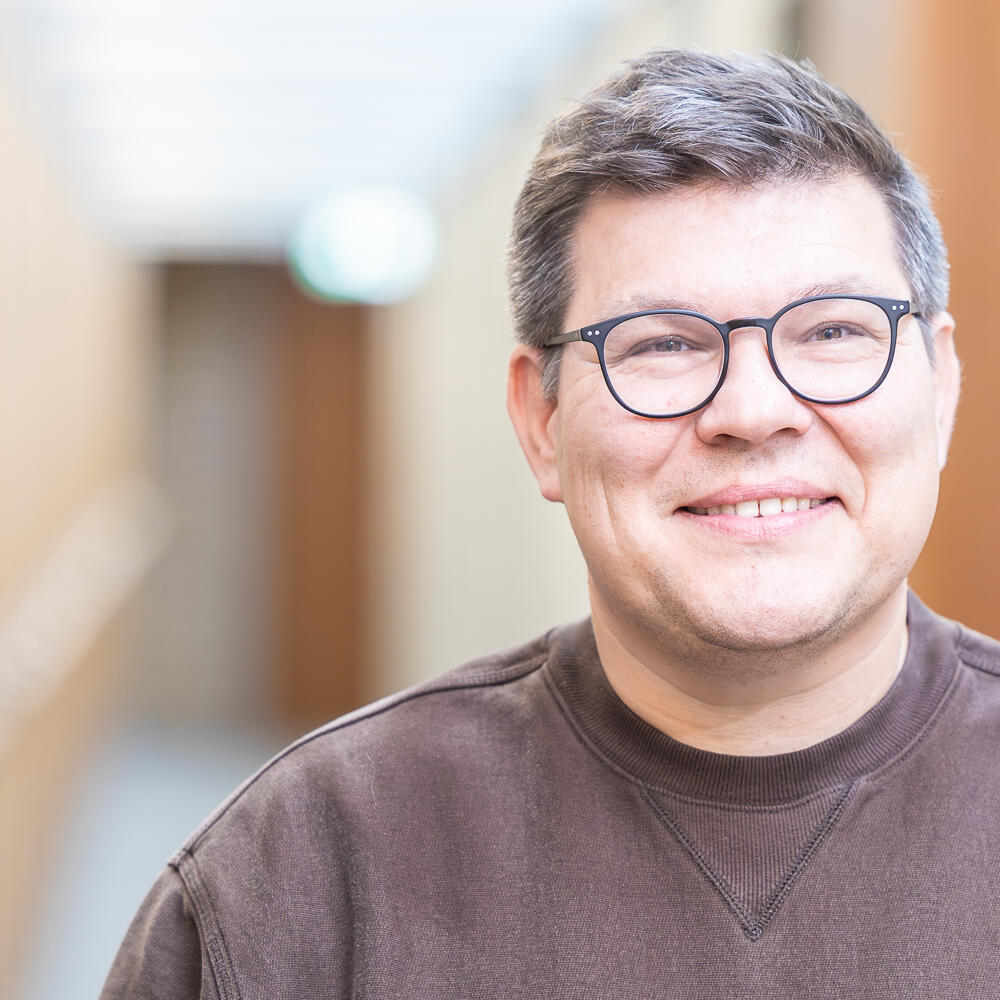

Fellow Lecture: “Zugänge und Ausschlüsse – Kulturelle Teilhabe gestalten”


Reading Artists’ Books: Problems for Computer
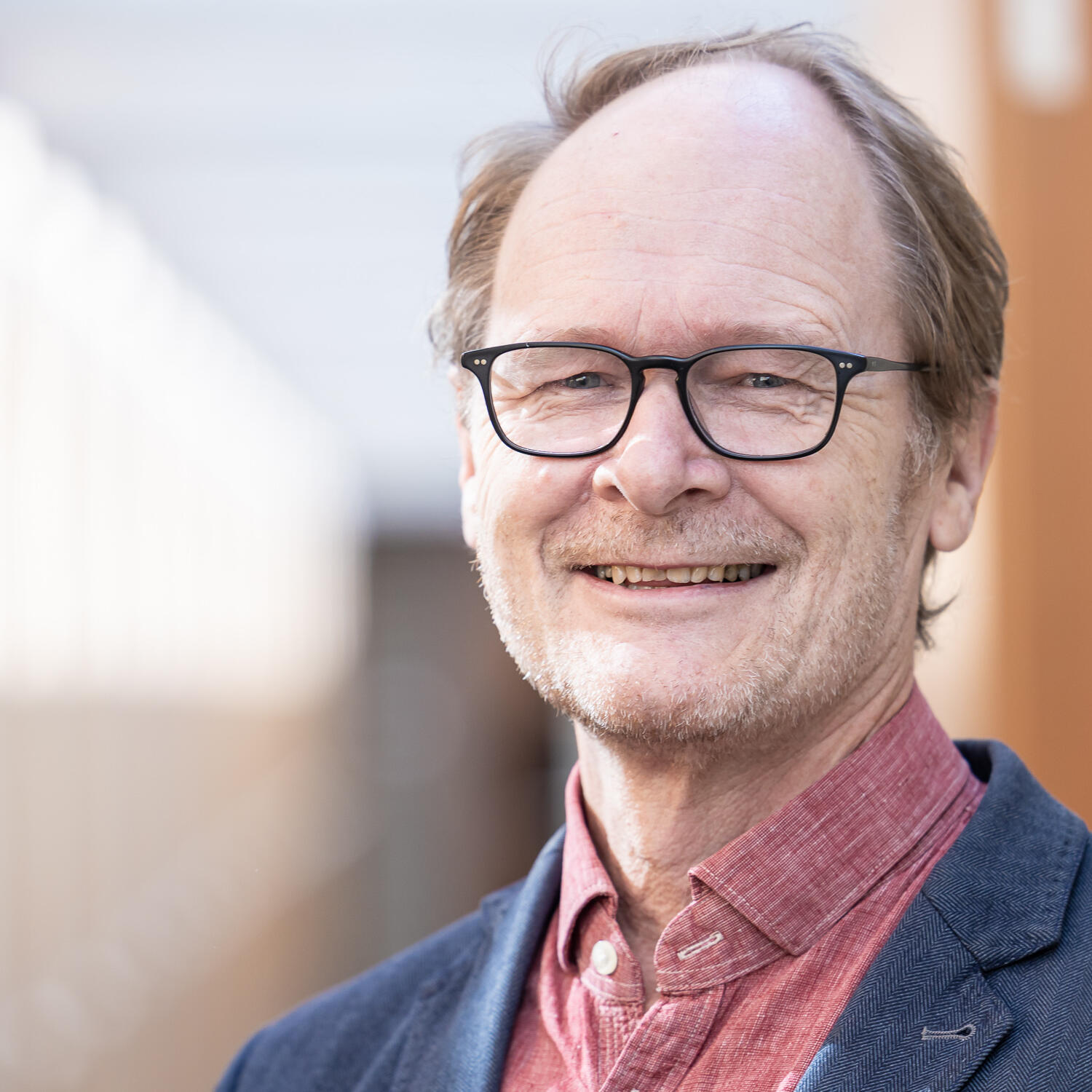
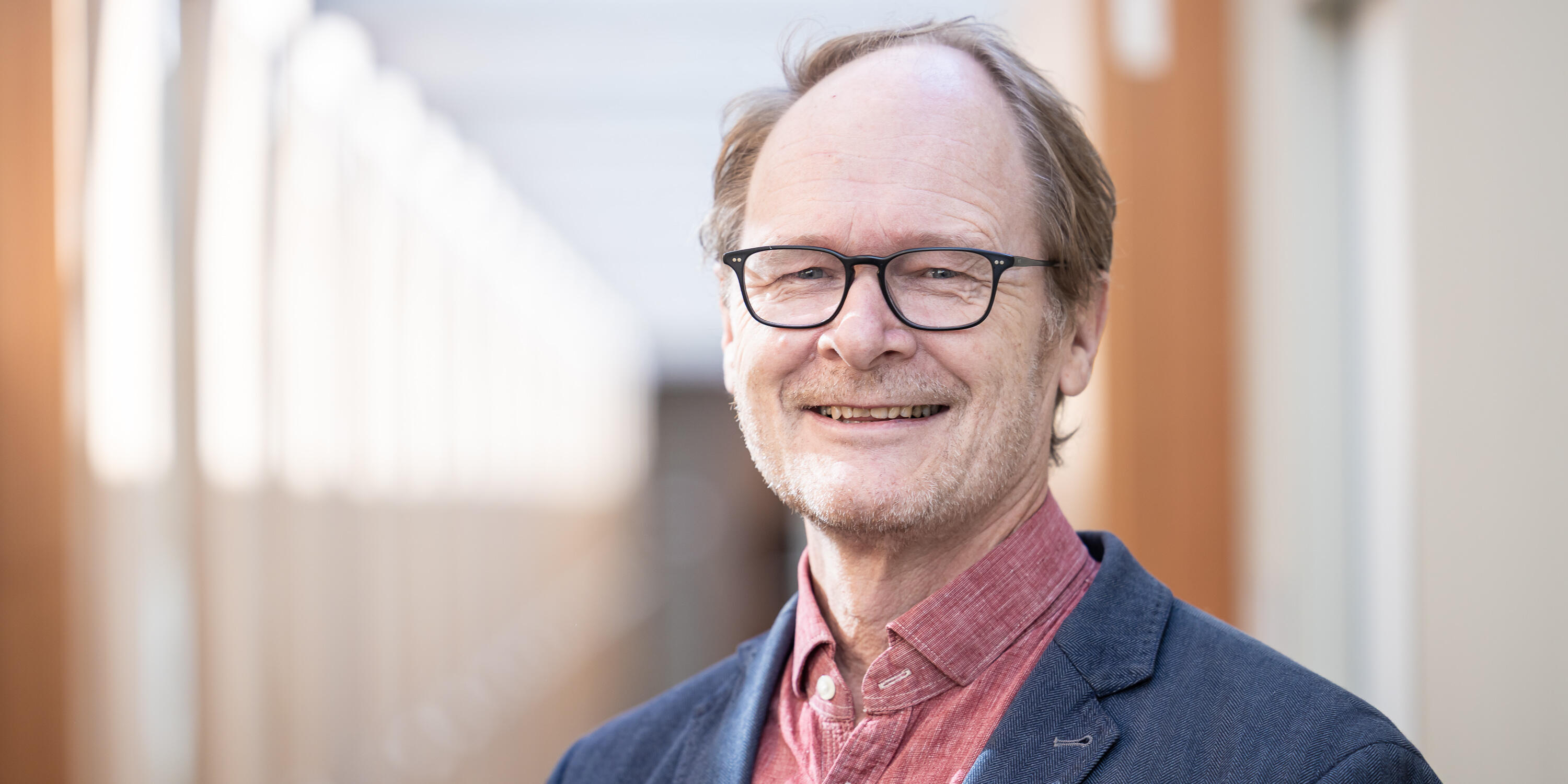
Fellow Lecture: “Expanding the Scope of Everyday Aesthetics: Possibilities and Threats of Digitalization in Experiencing the Everyday”
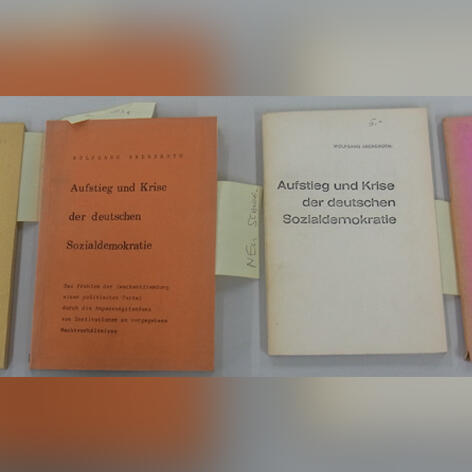

Conference: “Schwarzer Markt für rote Bücher”


Lecture: “Why We Need an Ethics of Liking”

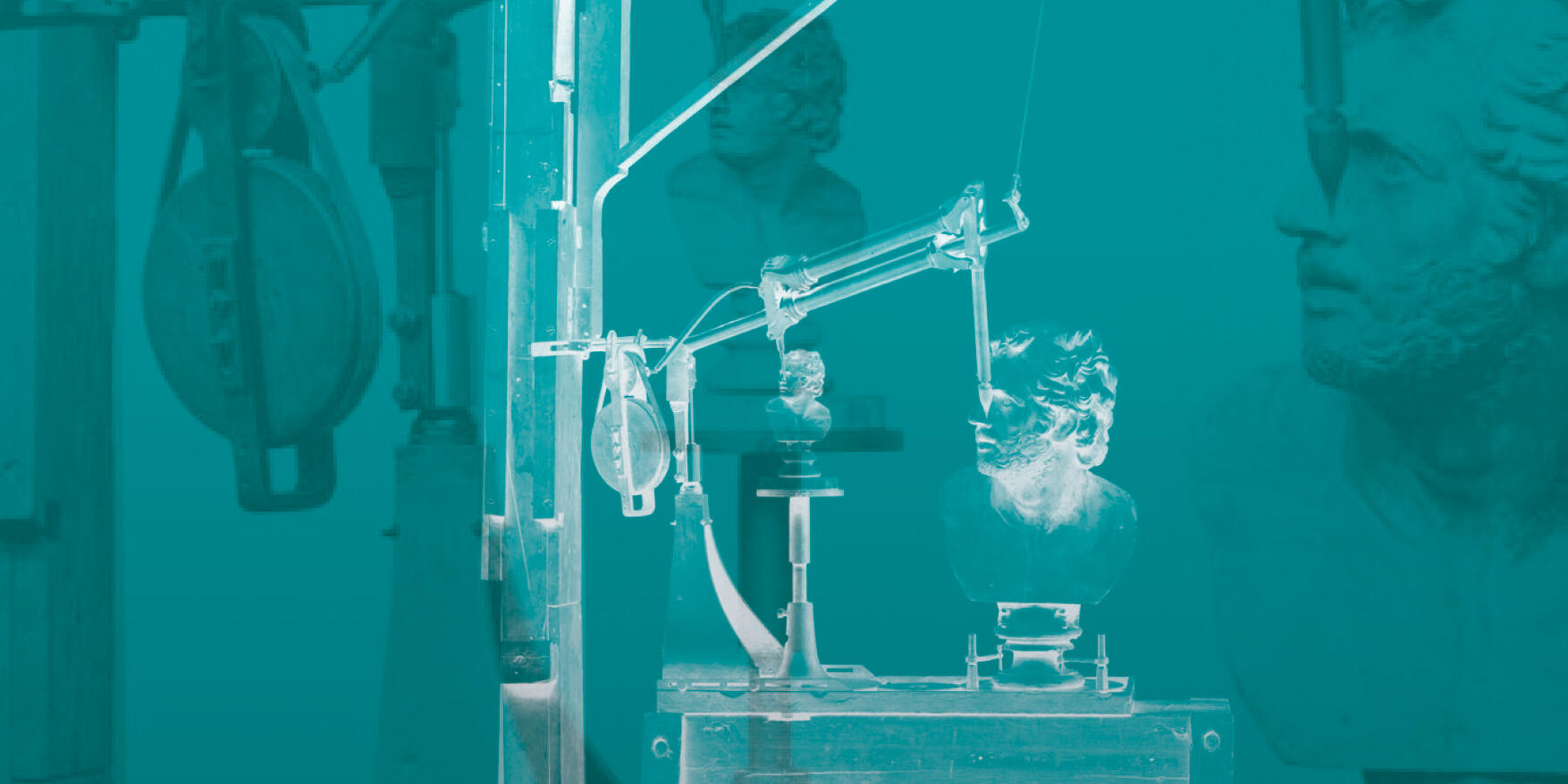
Guest Lecture: “Die Skulpturmaschine – Kunst und Technologie im 19. Jahrhundert”


Guest Lecture: “Metadaten, ‚forschende Erschließung‘ und die Konstitution kultureller Gegenstände”
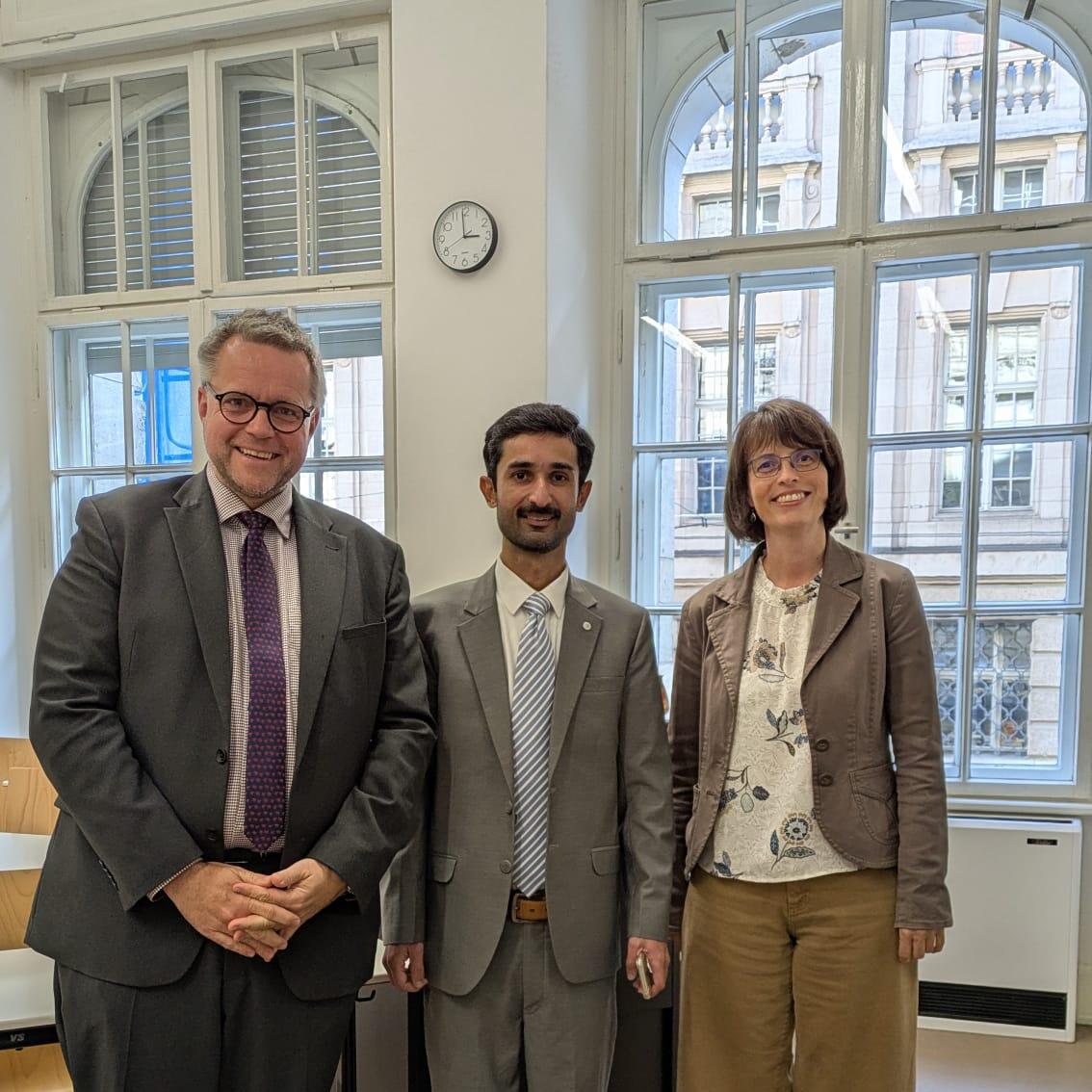
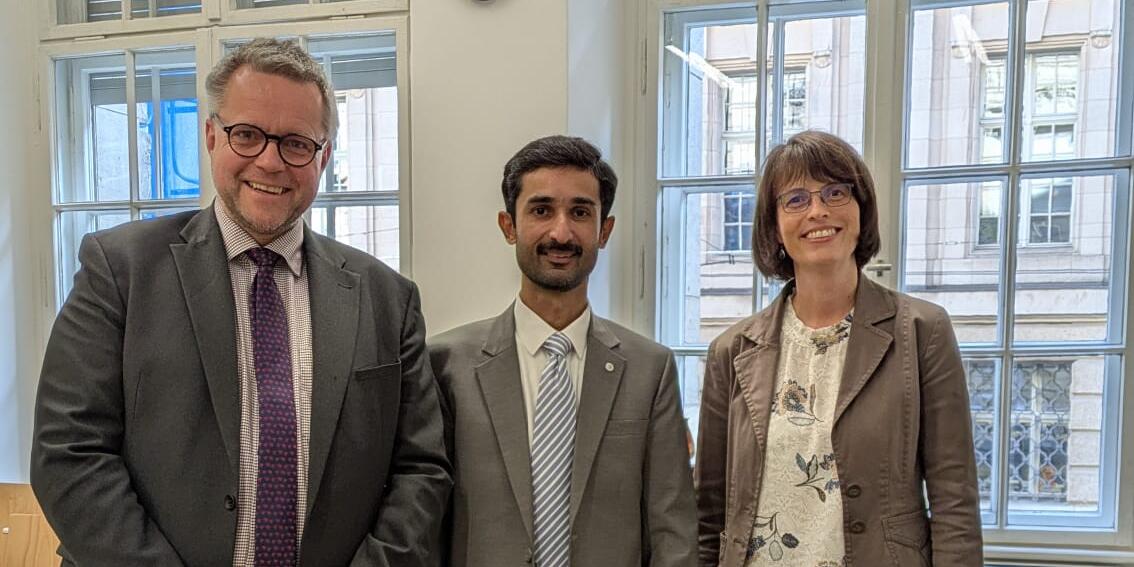
Dissertation “The Potential of Open Science in Pakistan” published
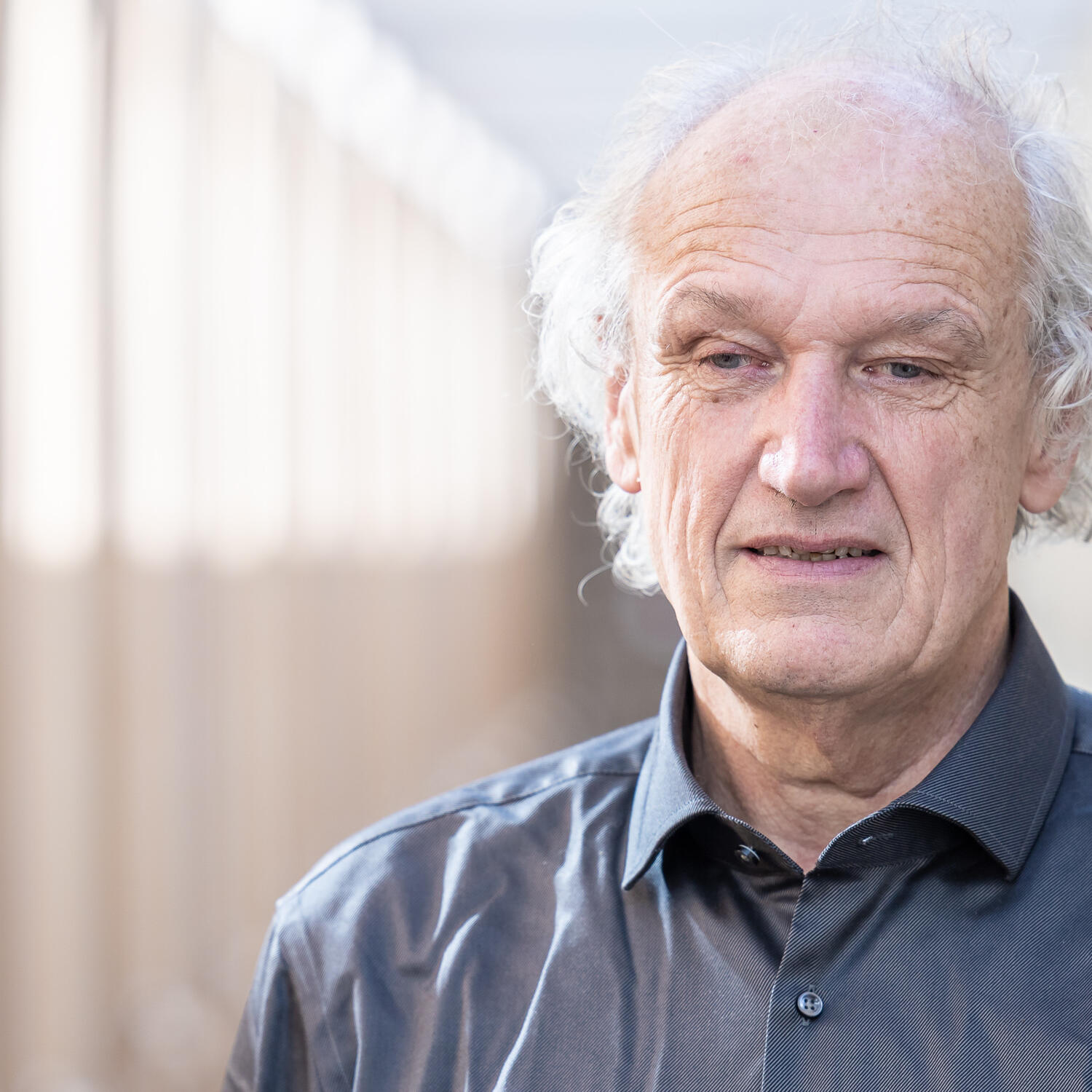
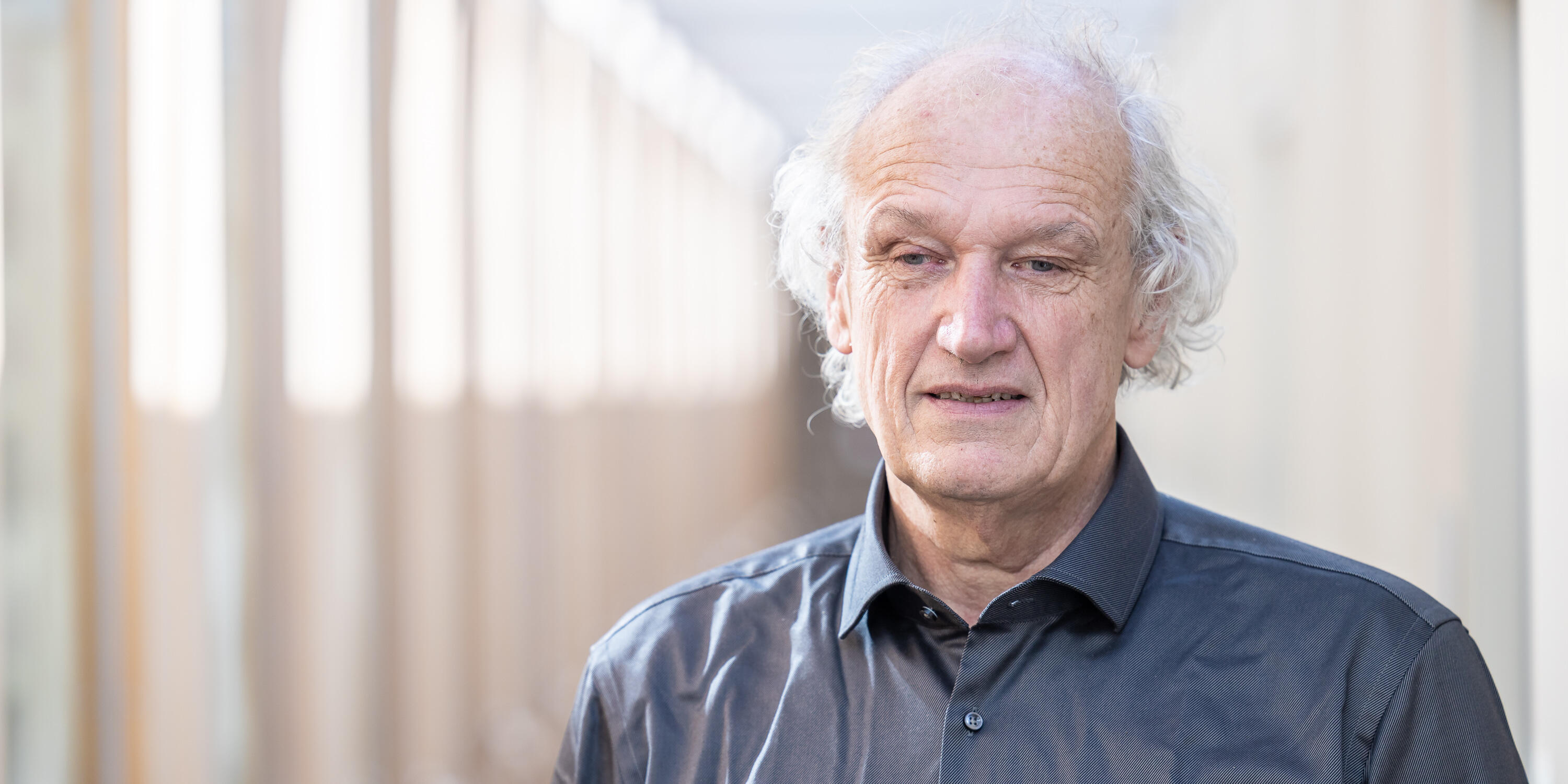
Fellow Lecture: “Der behinderte Zugang zu Kultur – Über Barrierefreiheit und mehr”
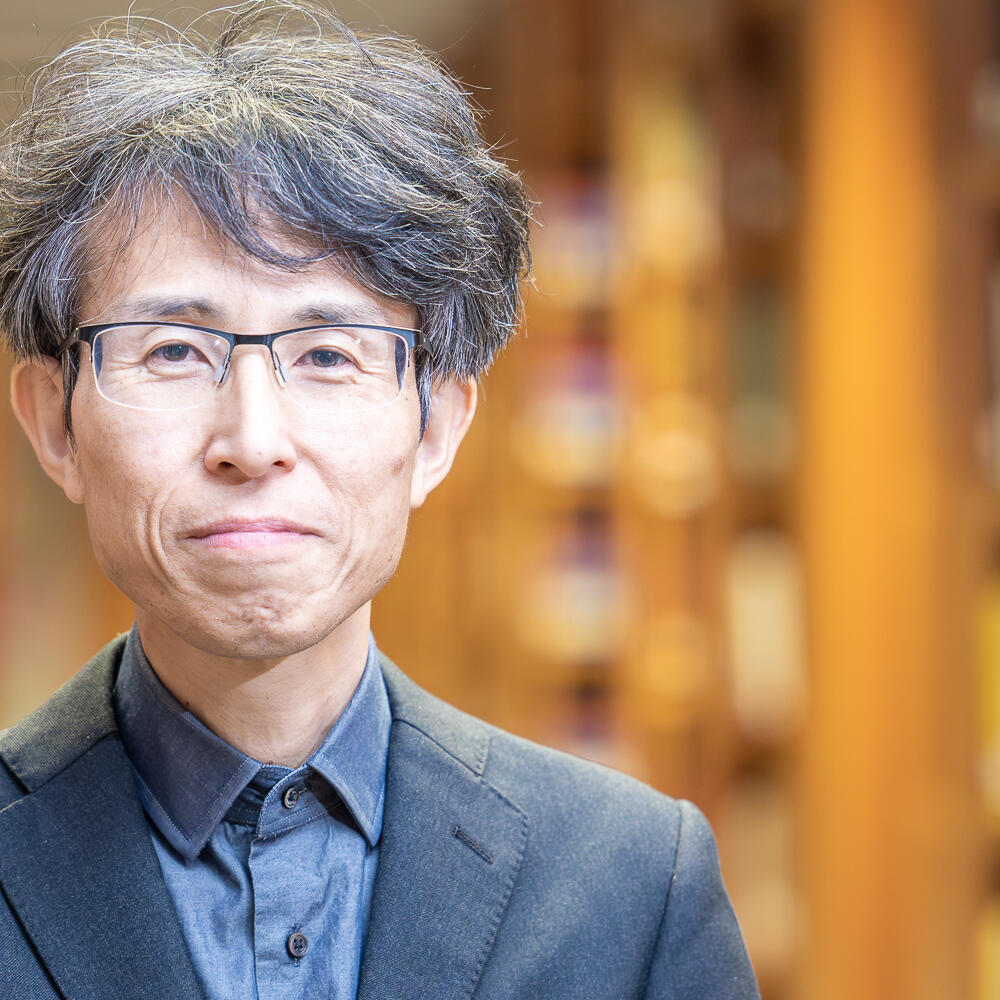
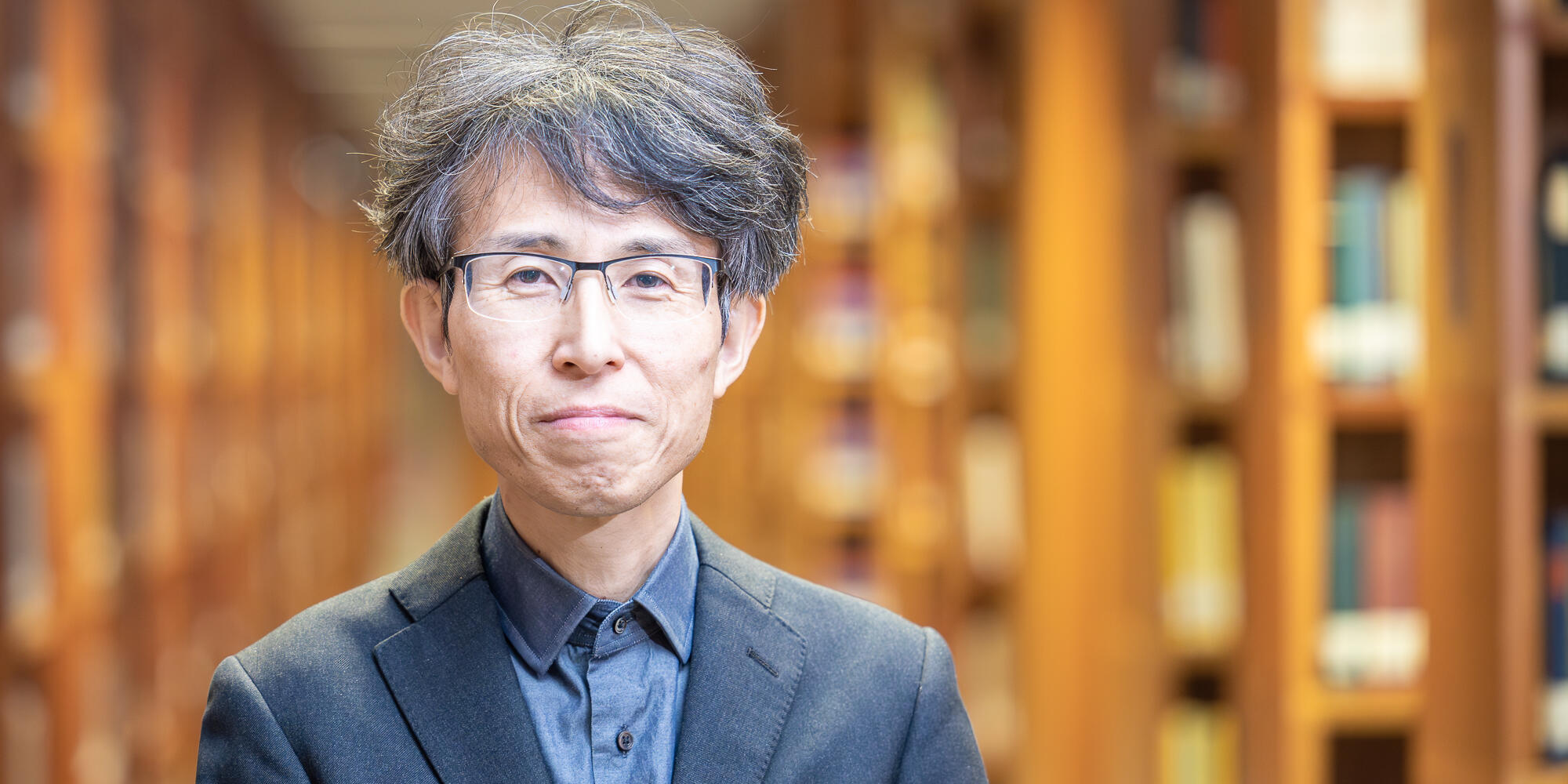
New at the Centre: Prof. Dr. Keisuke Takayasu


Dr. Hauke Behrendt is a new Fellow at the Centre


New at the Centre: Prof. Dr. Siegfried Saerberg


New at the Centre: Prof. Dr. Arto K. Haapala


Exhibition: “Re:Set: From Slide to Database – Media Change in Art History”
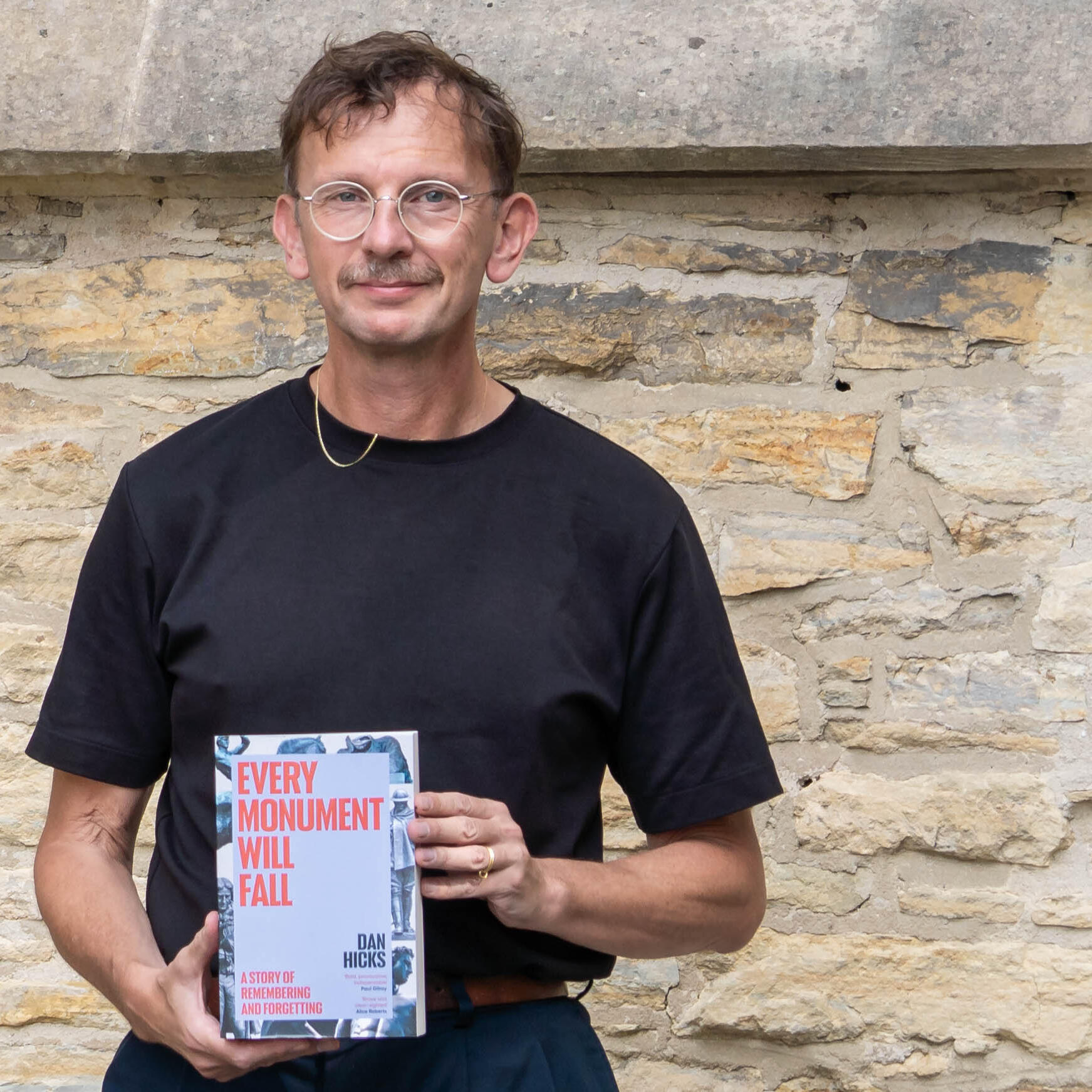
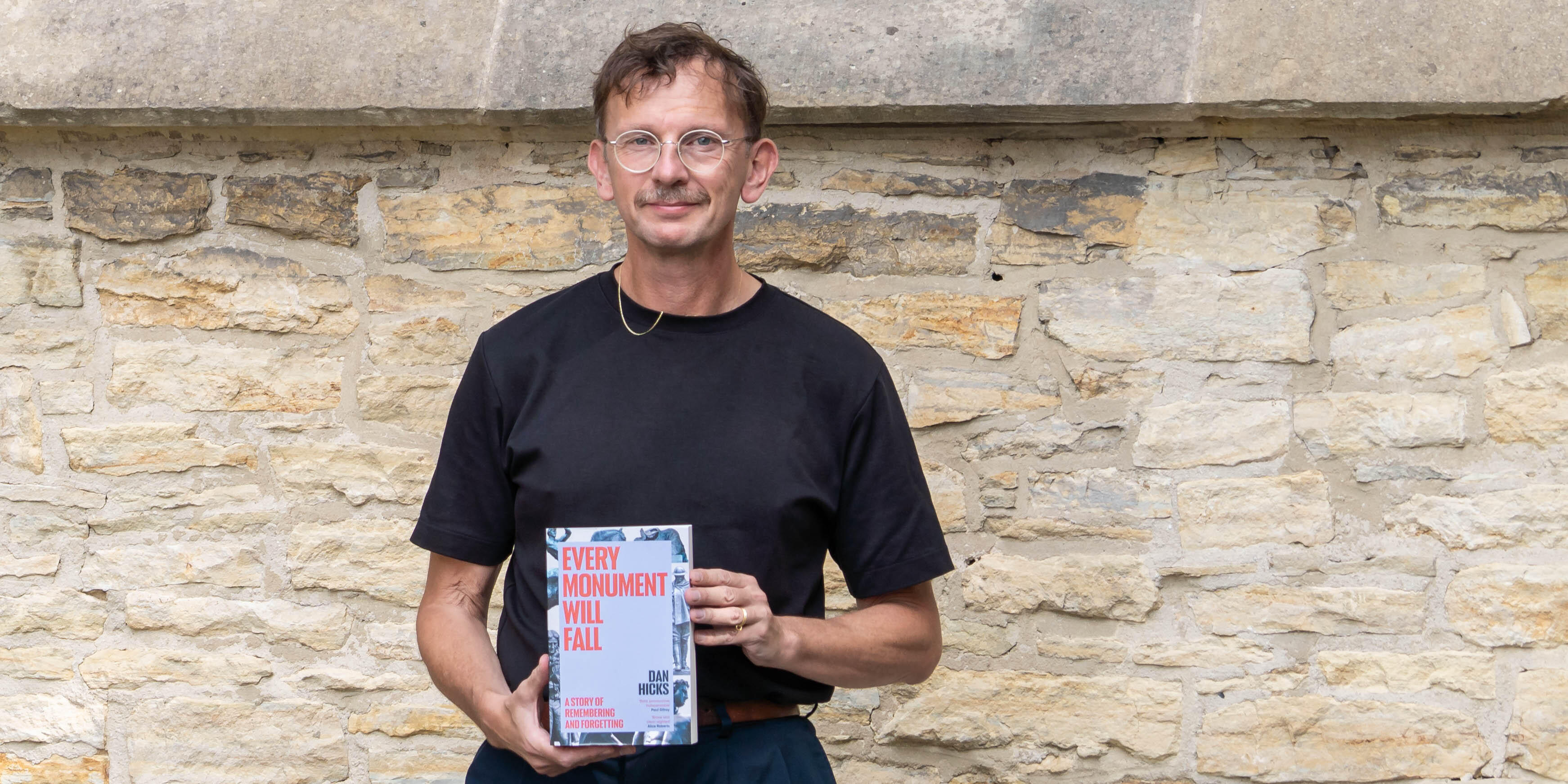
“Every Monument Will Fall” by Dan Hicks published – Keynote Lecture at the Centre for Advanced Study


Workshop: “Digital Restitution: Bridging Access, Conservation, and Ethical Challenges”


Fellow Ossi Naukkarinen is new vice rector for research at the University of the Arts (Uniarts) Helsinki


Fifth Summer School Museology
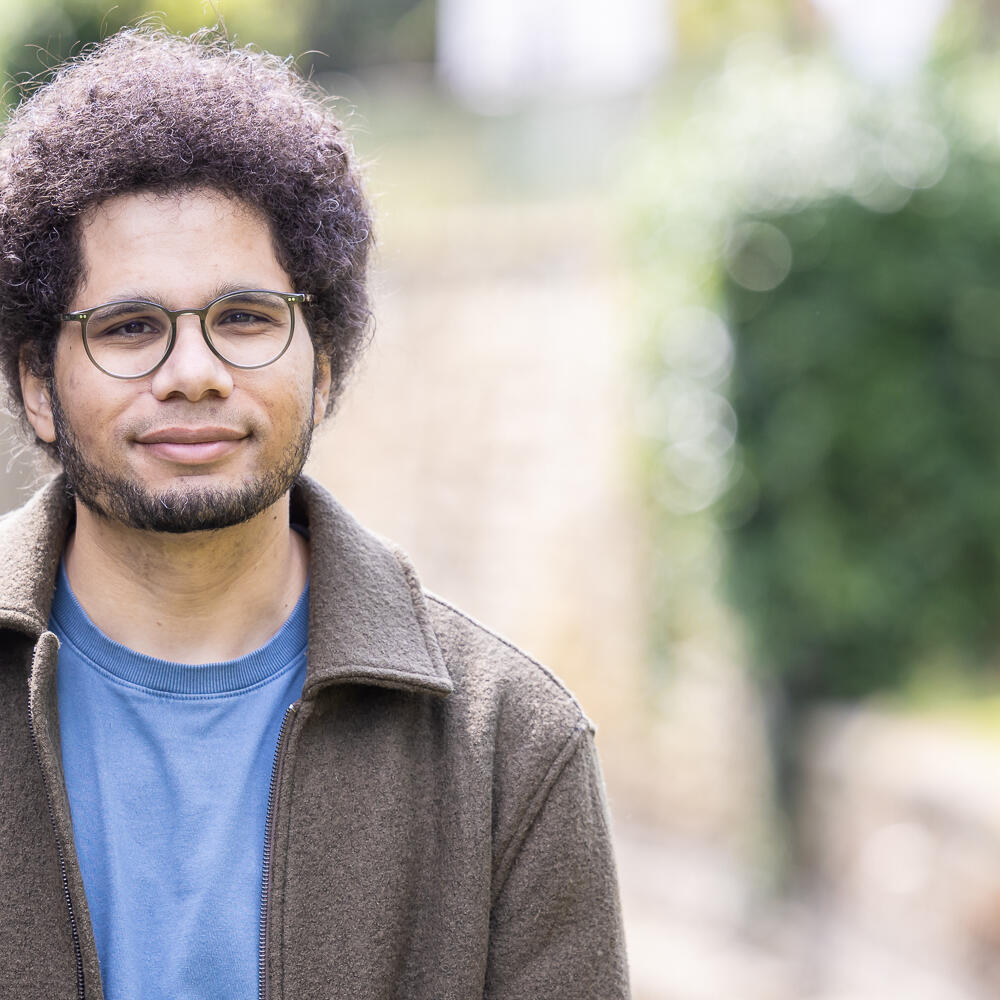
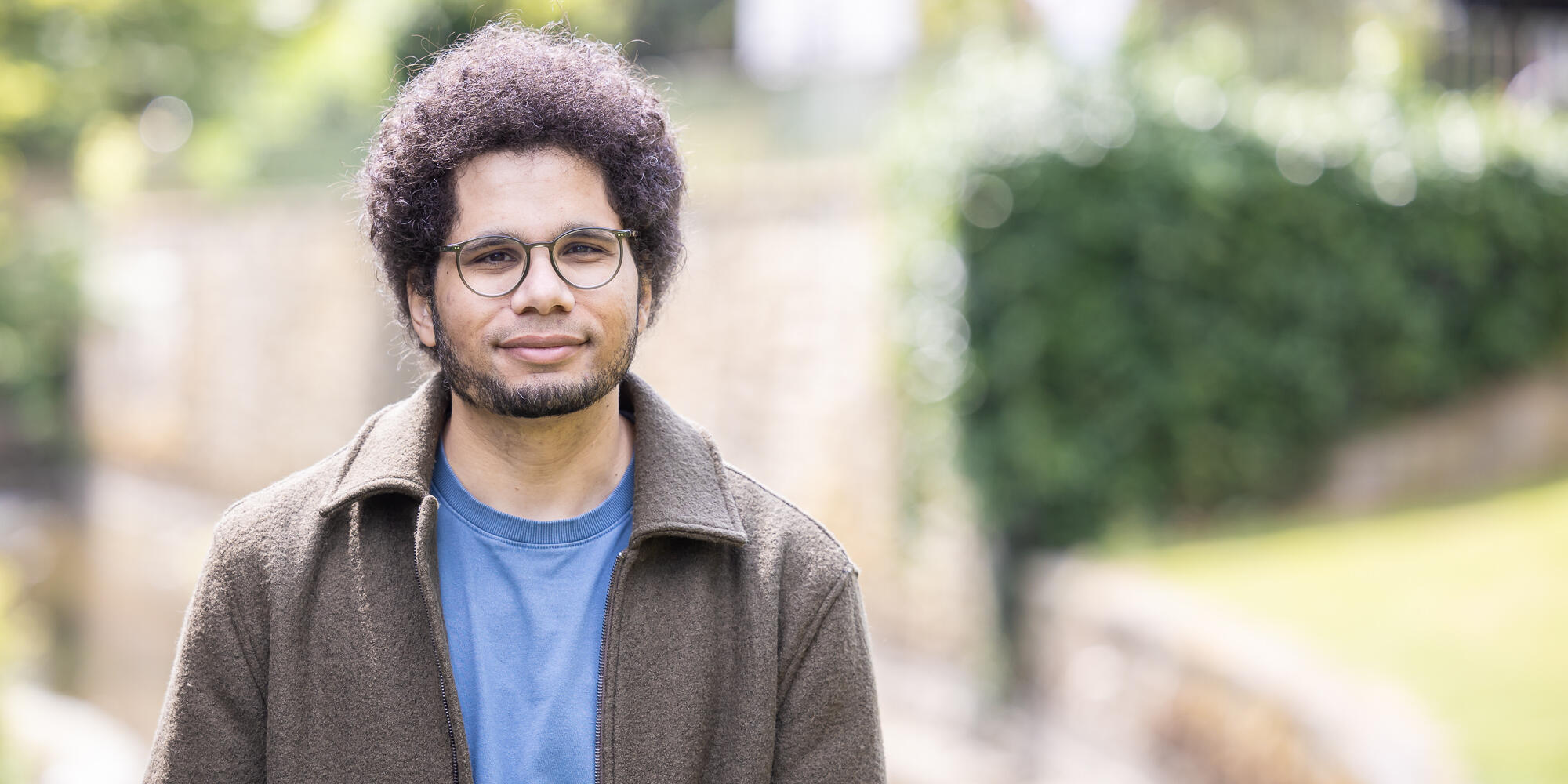
Fellow Lecture: “The Revolution Will Not Be Televised. Image and social justice in digitalized consumer societies”


Workshop: “Droste Digital – A new access to literature?”


Bildarchiv Foto Marburg makes 1.2 million photographs accessible free of charge
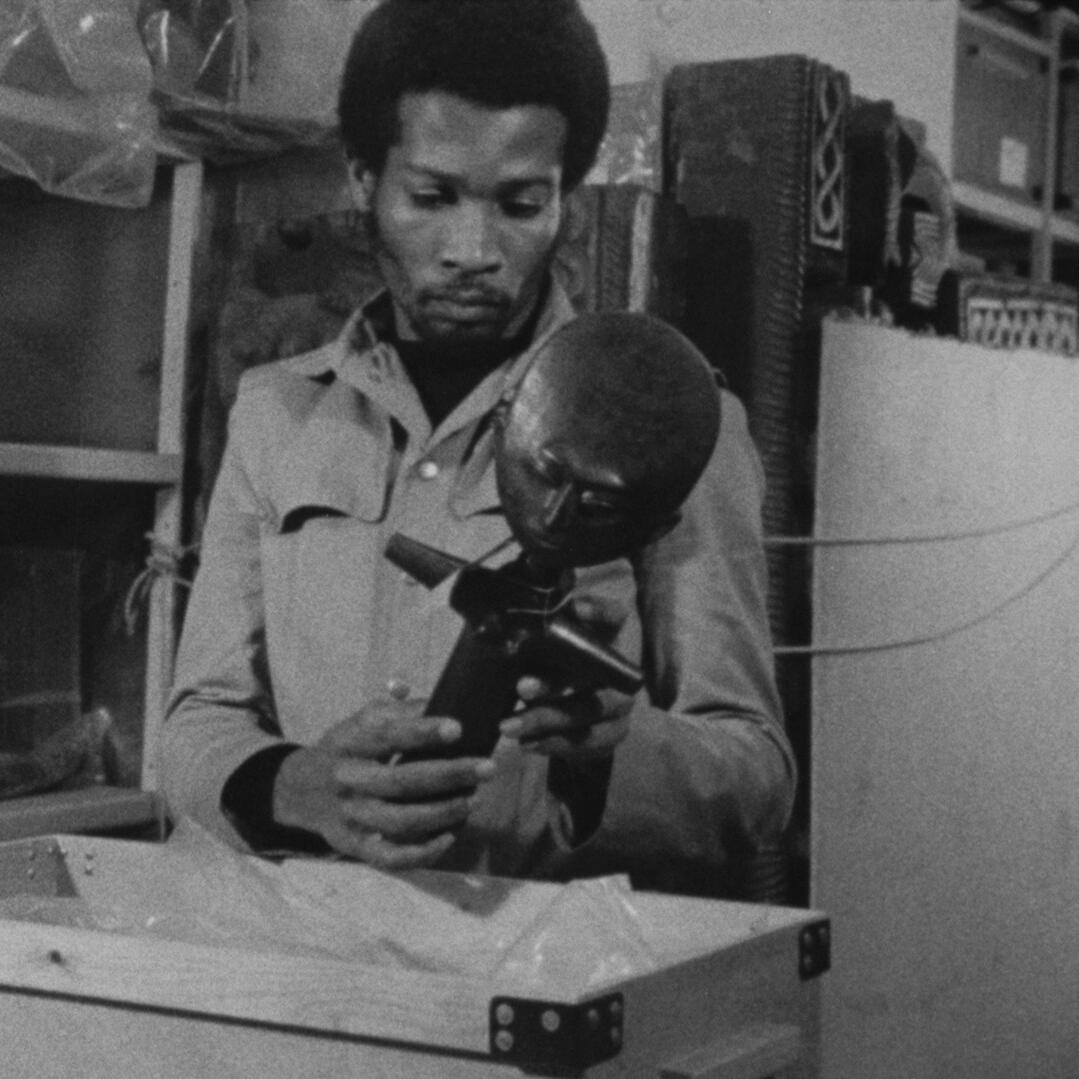
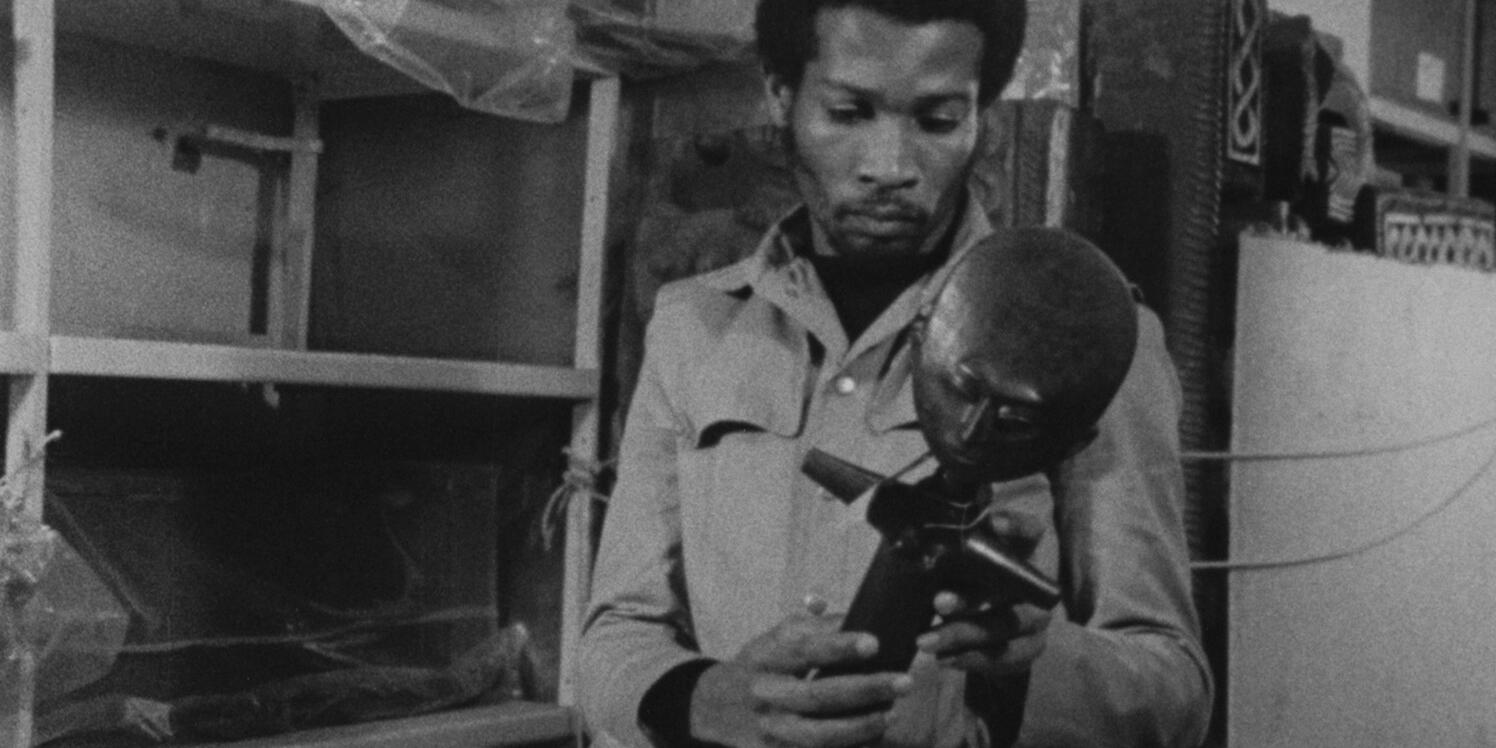
Film series: “Access and Return: Restitution in films”
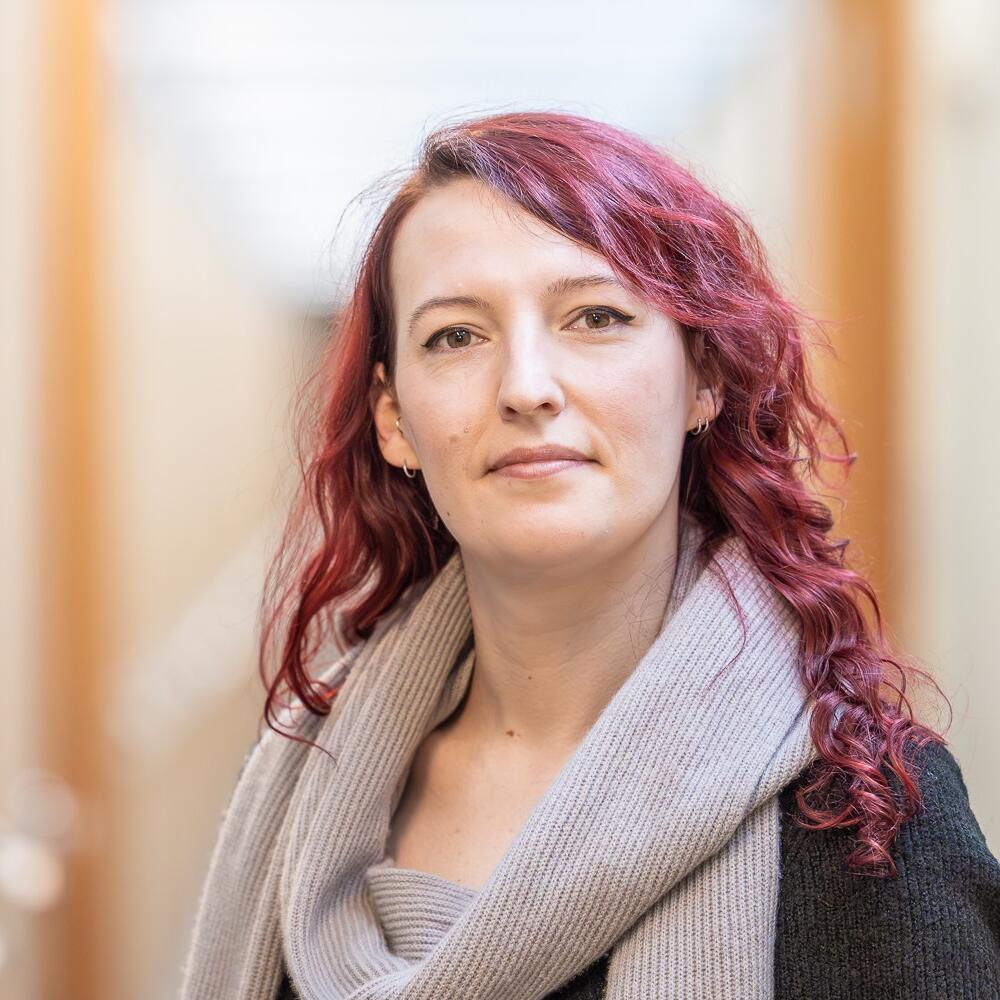
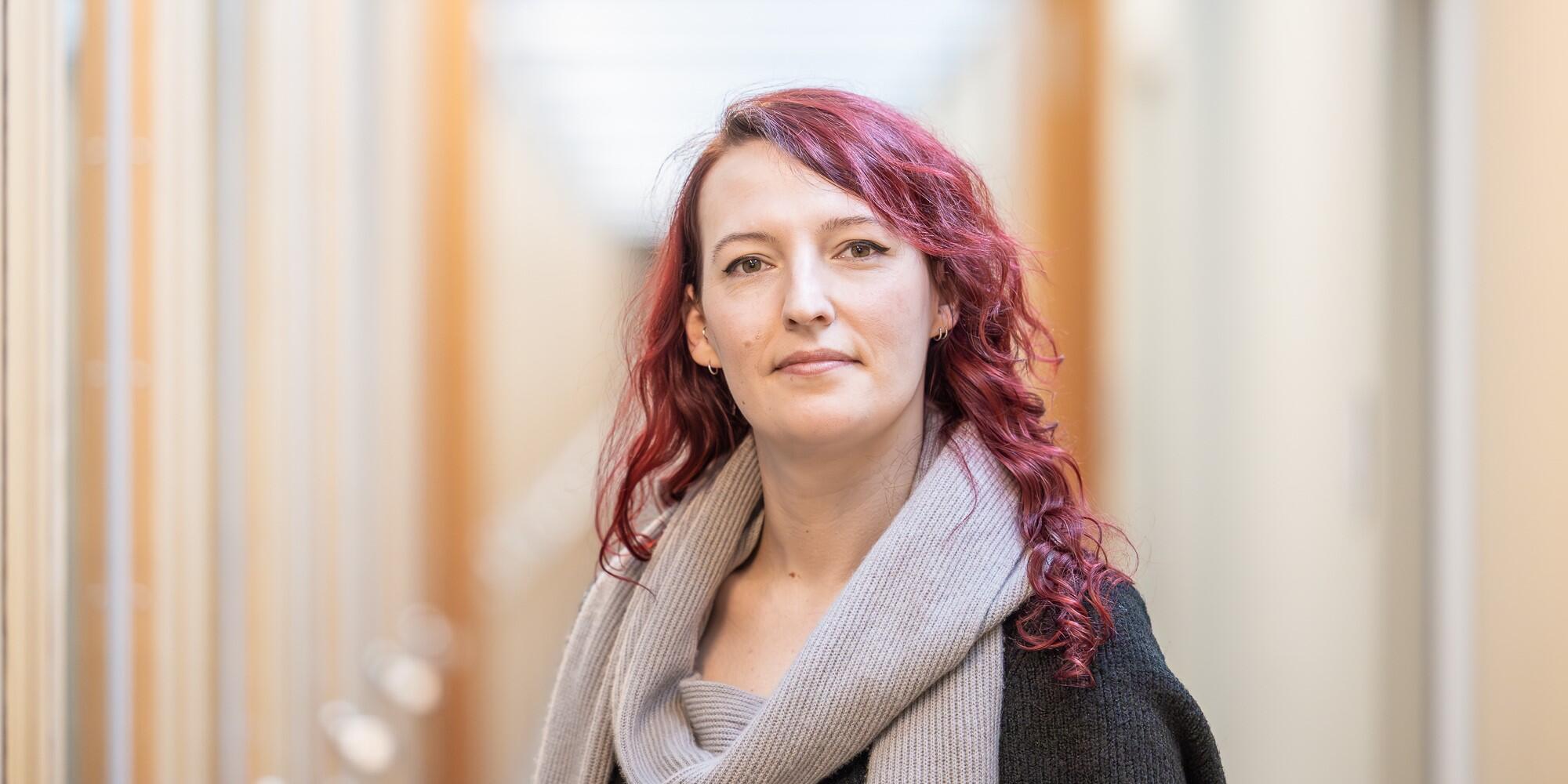
Leonie Spielbrink is a new Fellow at the Centre
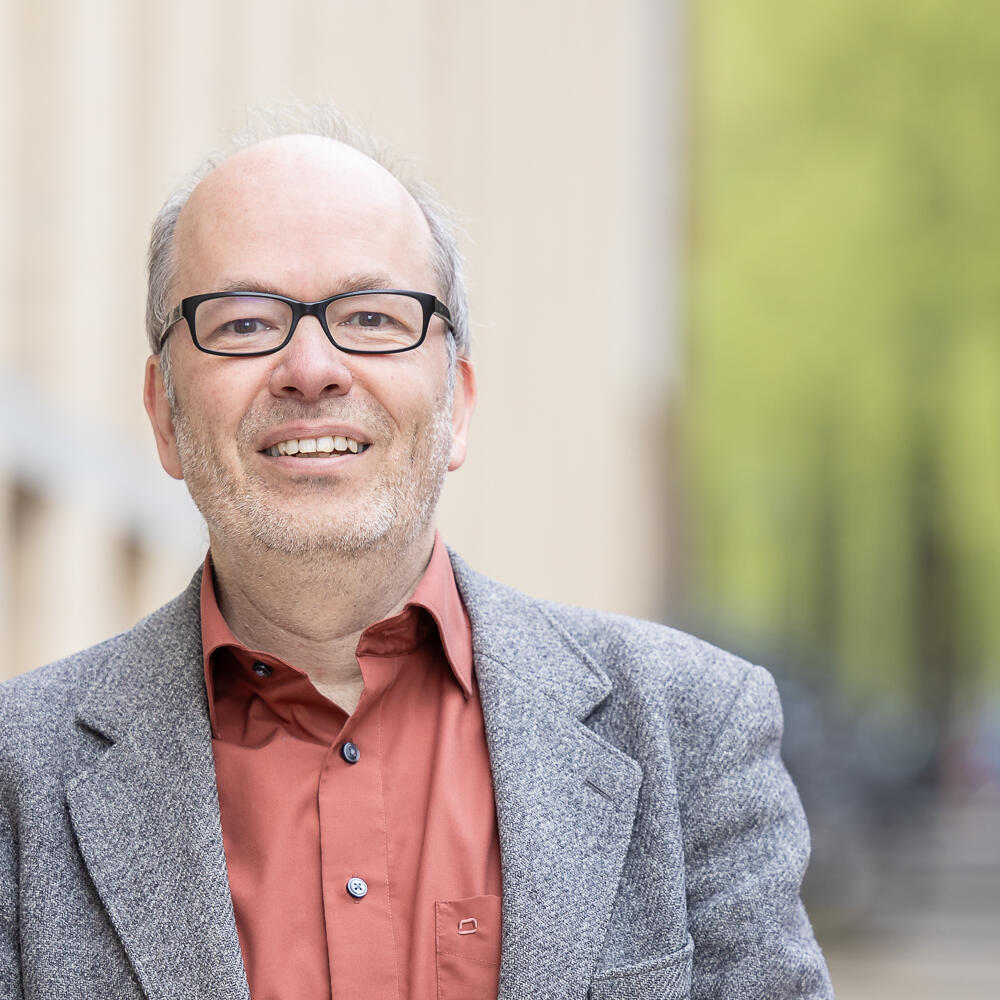
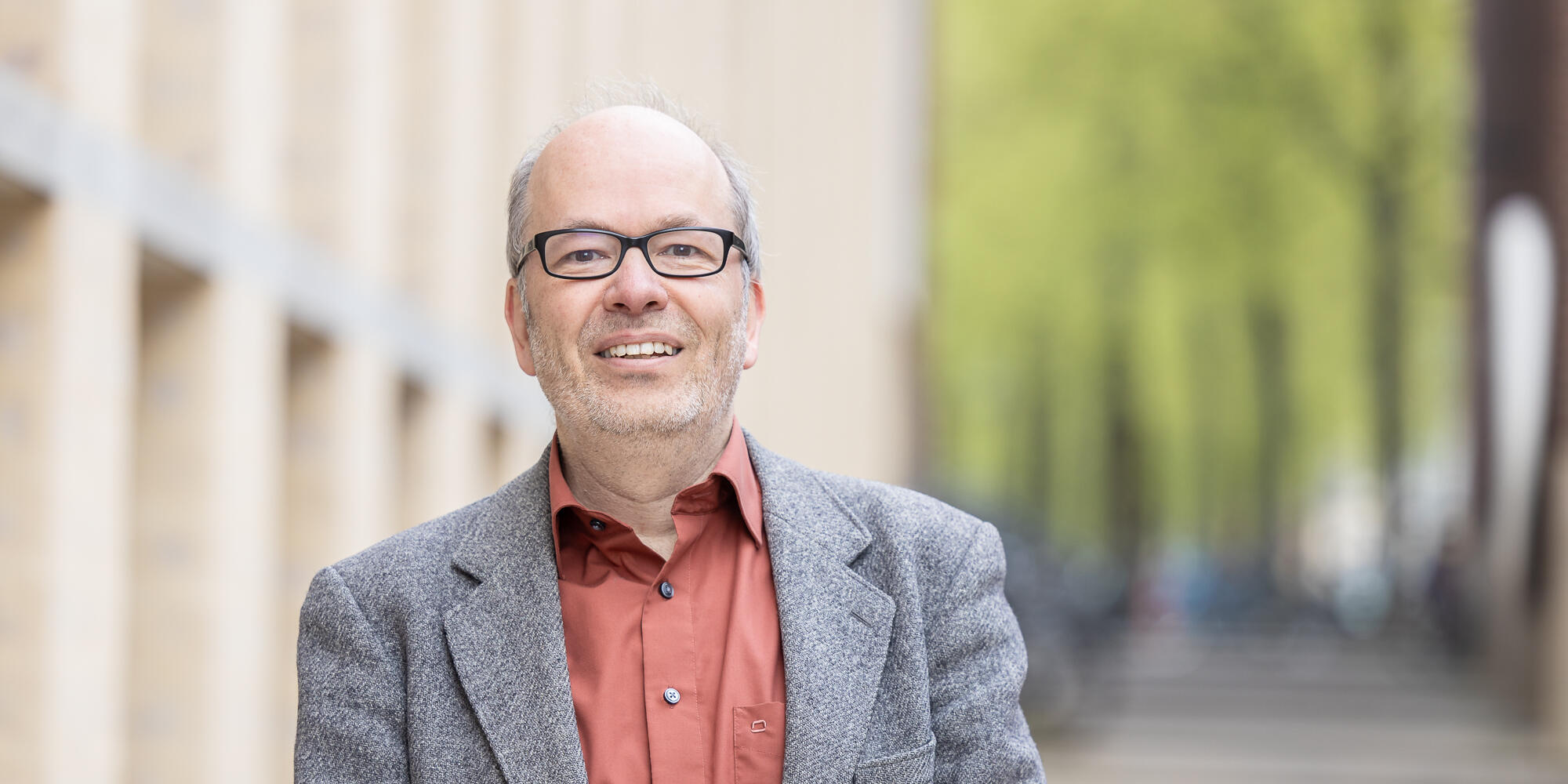
Fellow Lecture: “Zugang FAIR gestalten: Was sind und was können Referenzontologien?”


Exhibition: “Access to curatorial networks – Postcards by Kasper König”
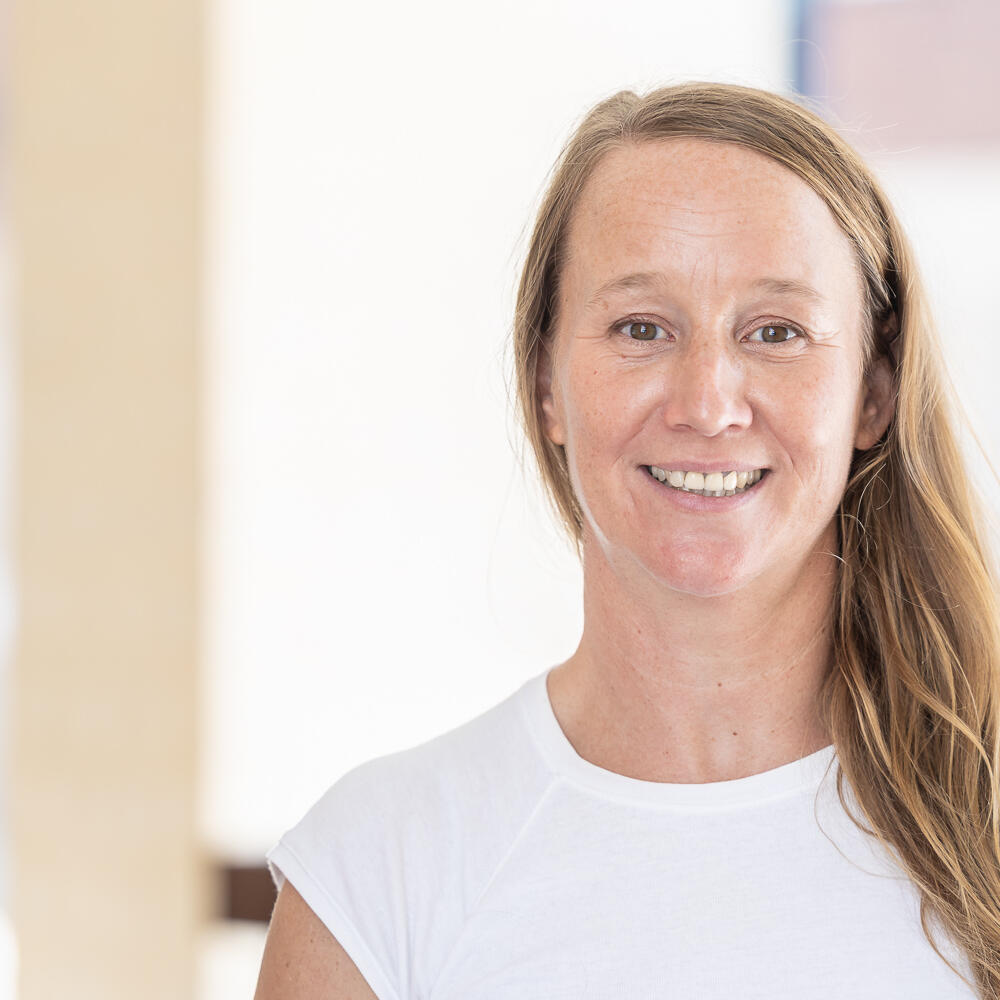
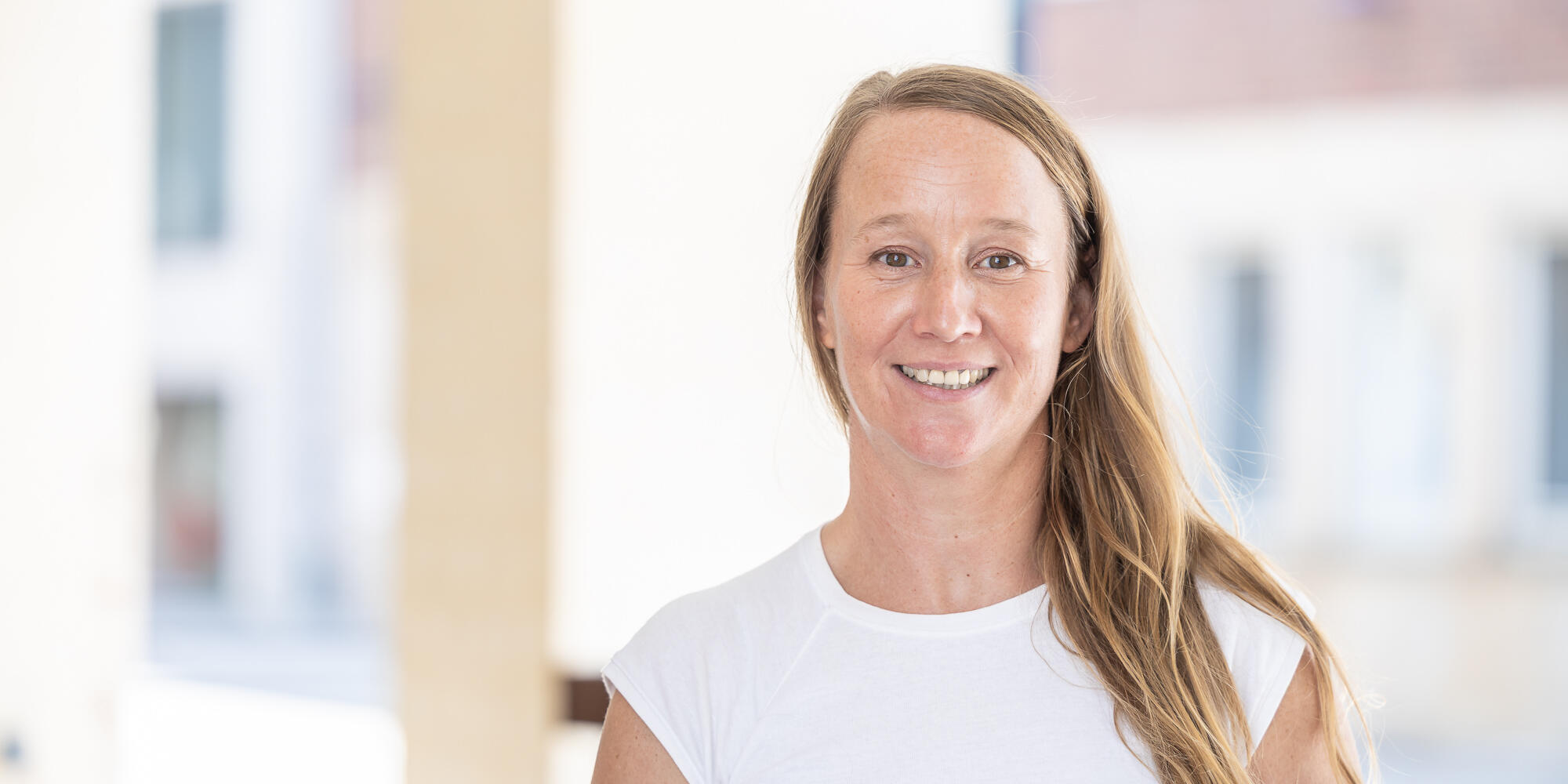
New at the Centre: Dr. Susanne Thurow
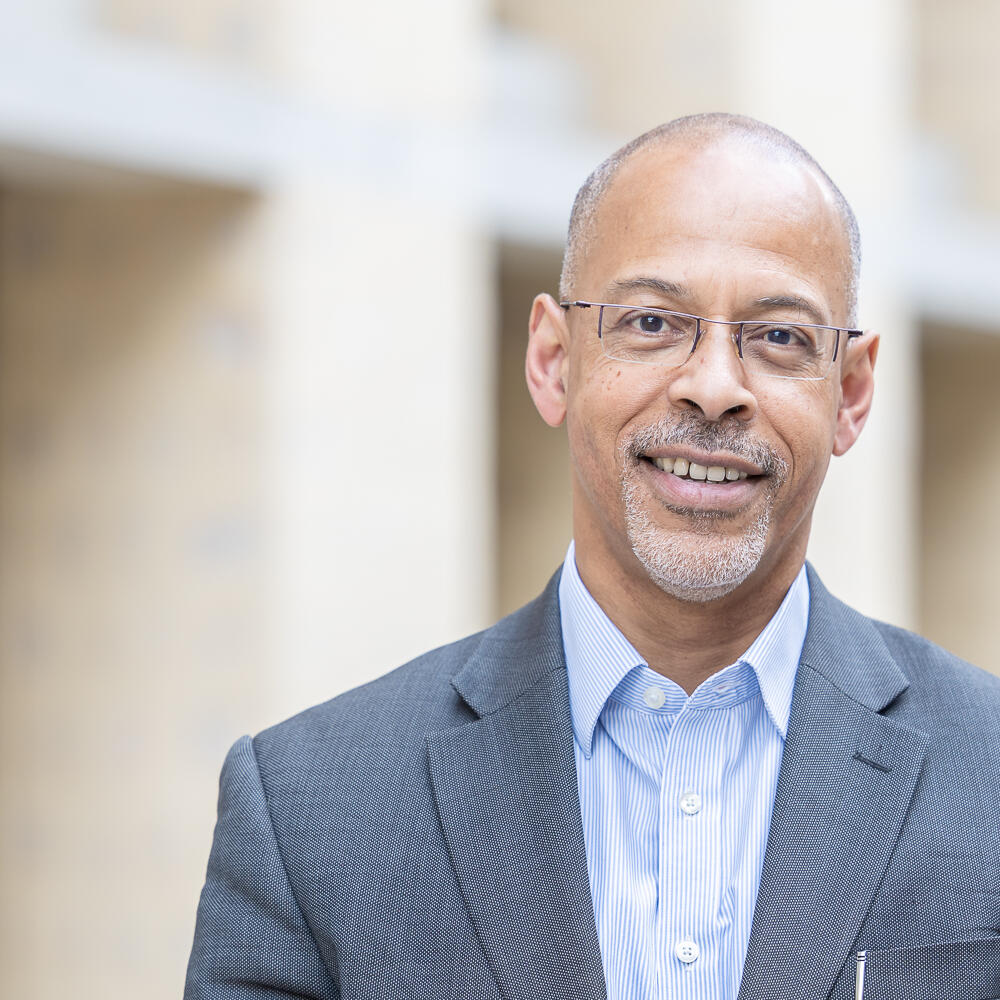
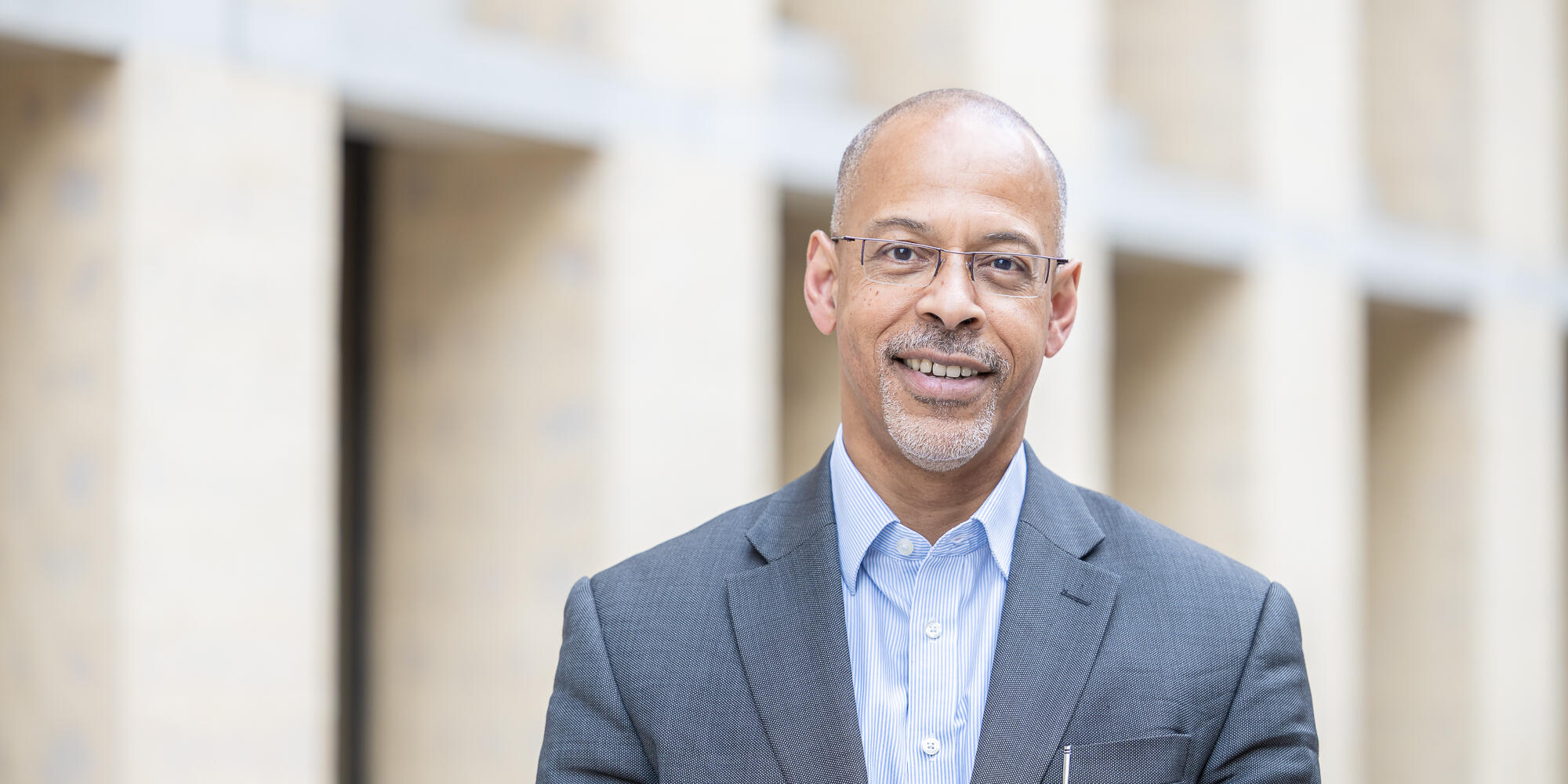
Fellow Lecture: “Digital guest books – A cultural good that has been neglected until now?”


Panel Discussion with Fellow Josina Dehn at Kunsthaus Dahlem


Podcast: “Digitalgespräch” with Dr. Thomas Kater

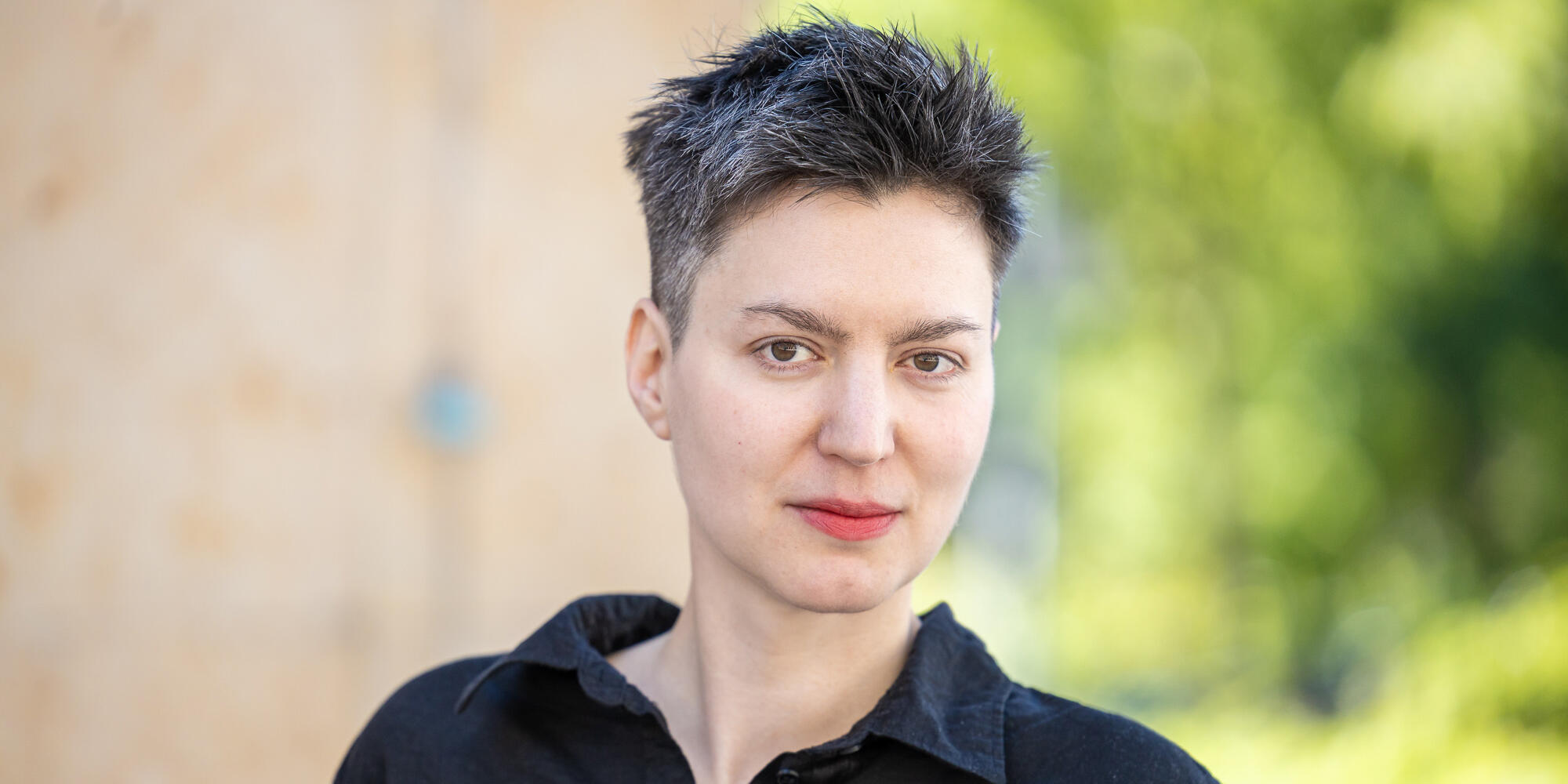
Fellow Lecture: “Ur & Alexandria: Counter-narrating museum history to access diverse heritage”


Guest Lecture: “Kopieren als Adaptieren”


“Strukturprobleme des digitalen kulturellen Gedächtnisses – am Beispiel des neuen niedersächsischen Pflichtexemplargesetzes”


Decolonising of the Arts / by the Arts


Guided Tour “Art on the Campus”


Academy of Sciences, Humanities and the Arts welcomes Ursula Frohne as a member


New at the Centre: Dr. Christopher Nixon


“Is there such a thing as a just war?”: Lecture at the Goethe-Institut Kyoto


Autonomy of art


Master class “Access to Contested Collections – Digital and Analog”
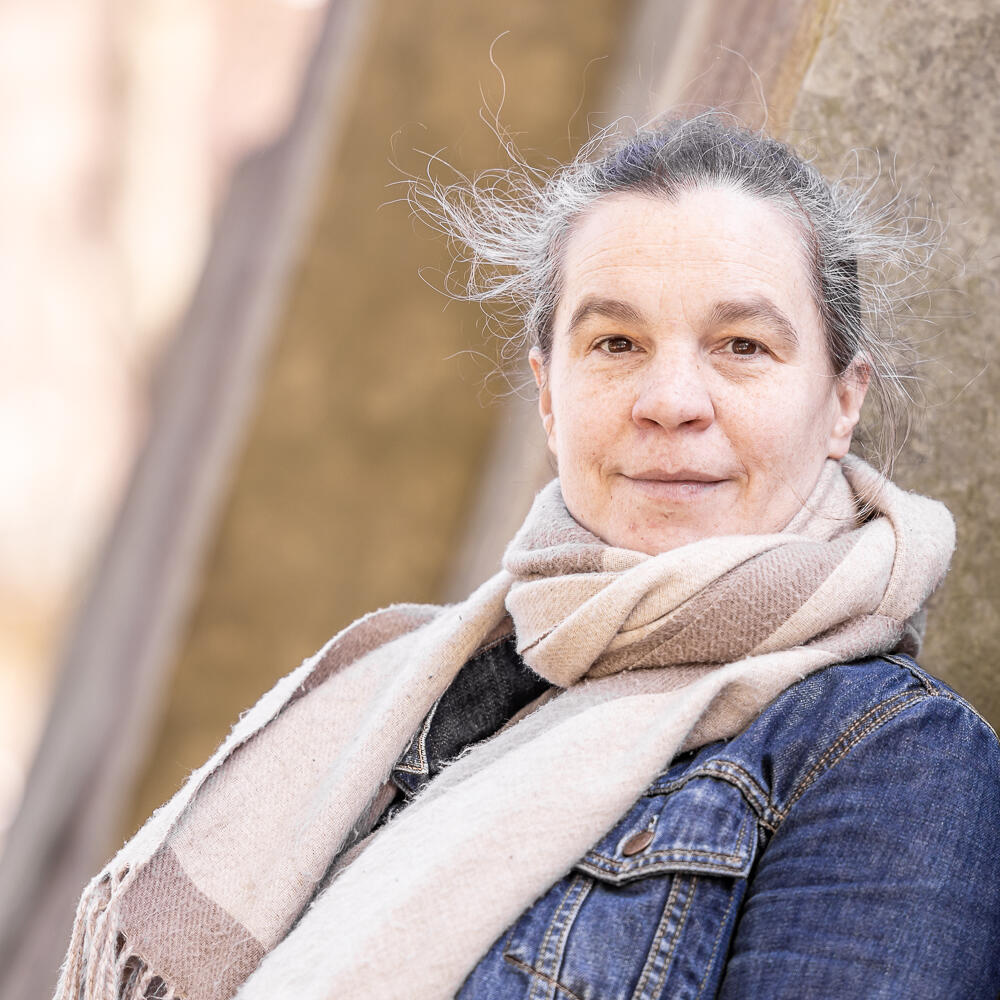
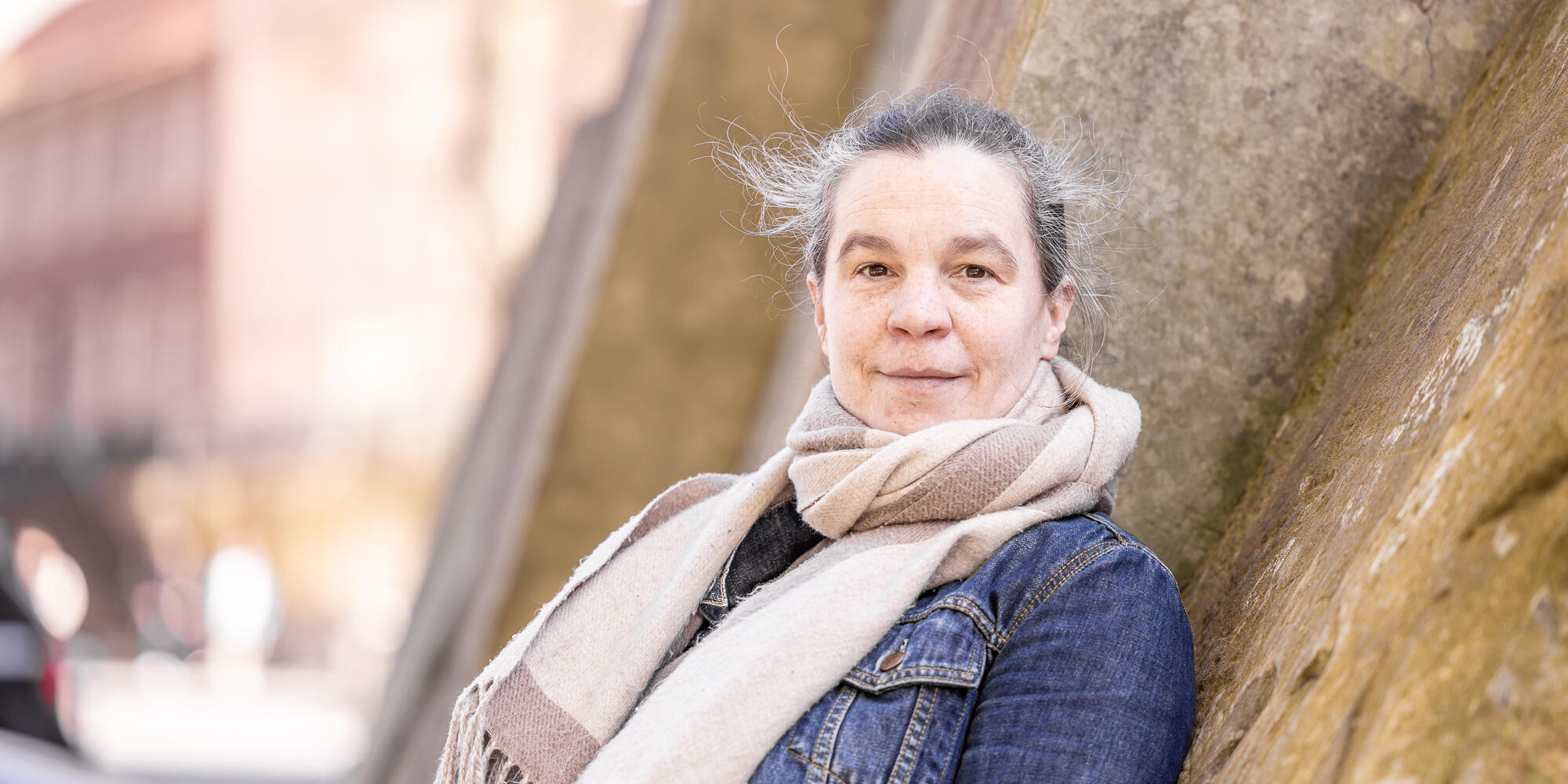
New at the Centre: Dr. Dorothea Schöne
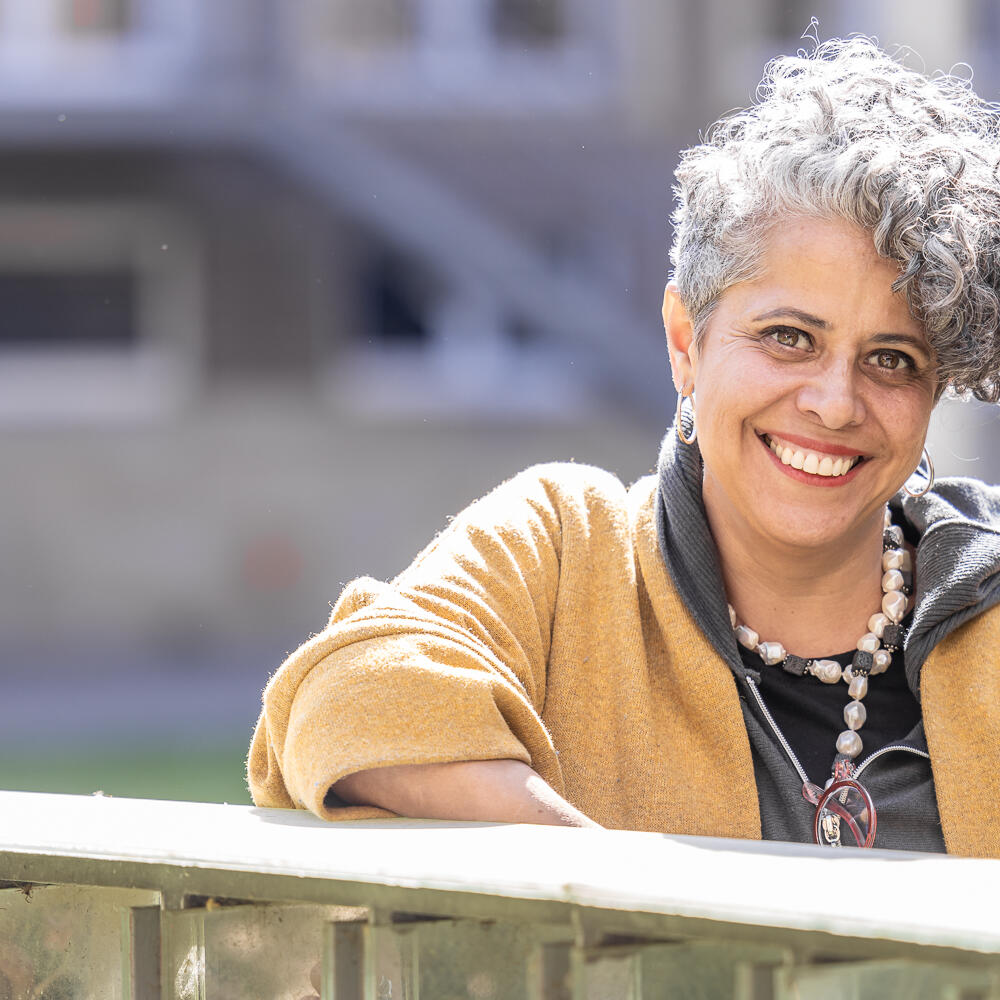
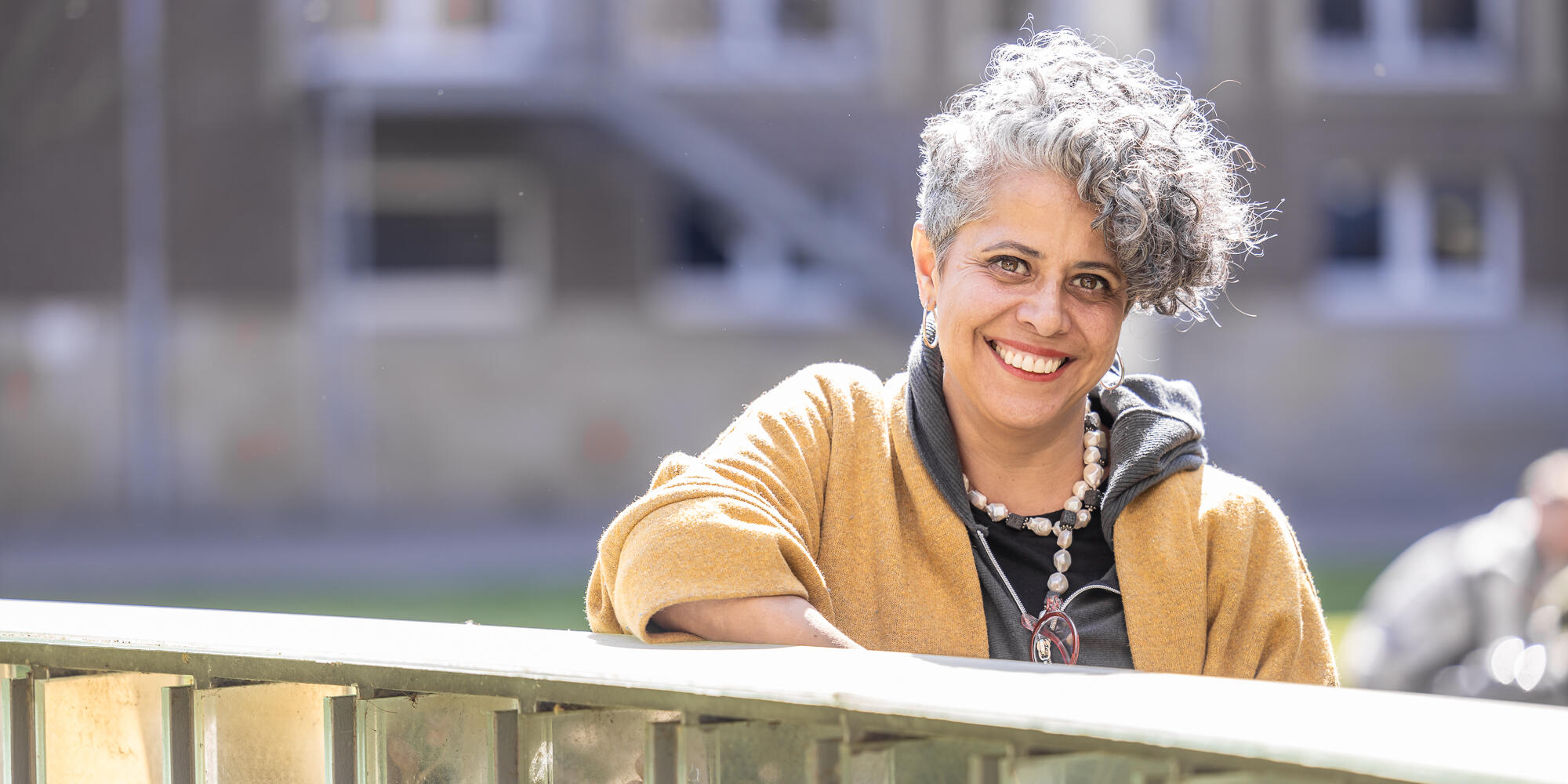
New at the Centre: Greta de León


New at the Centre: Prof. Dr. Henry Keazor


New at the Centre: Prof. Dr. Ludger Jansen


New at the Centre: Dr. Isabel Hufschmidt
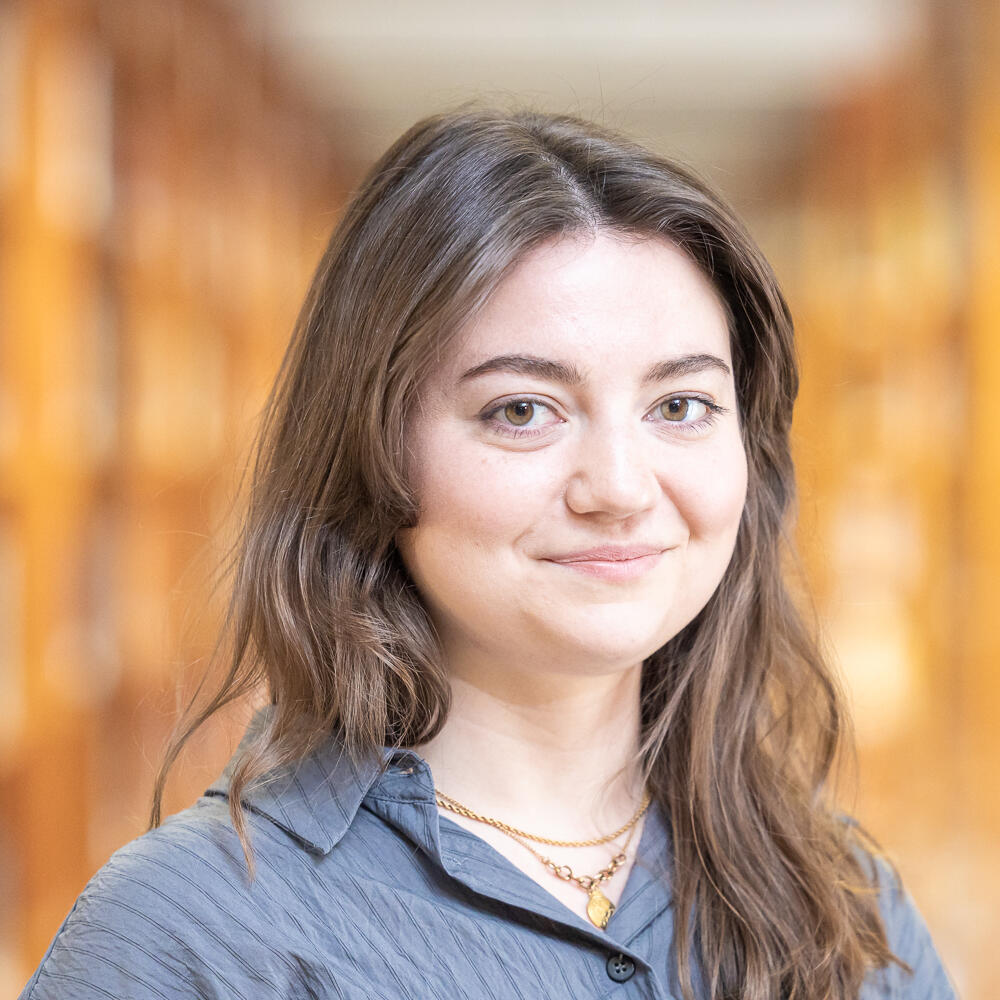
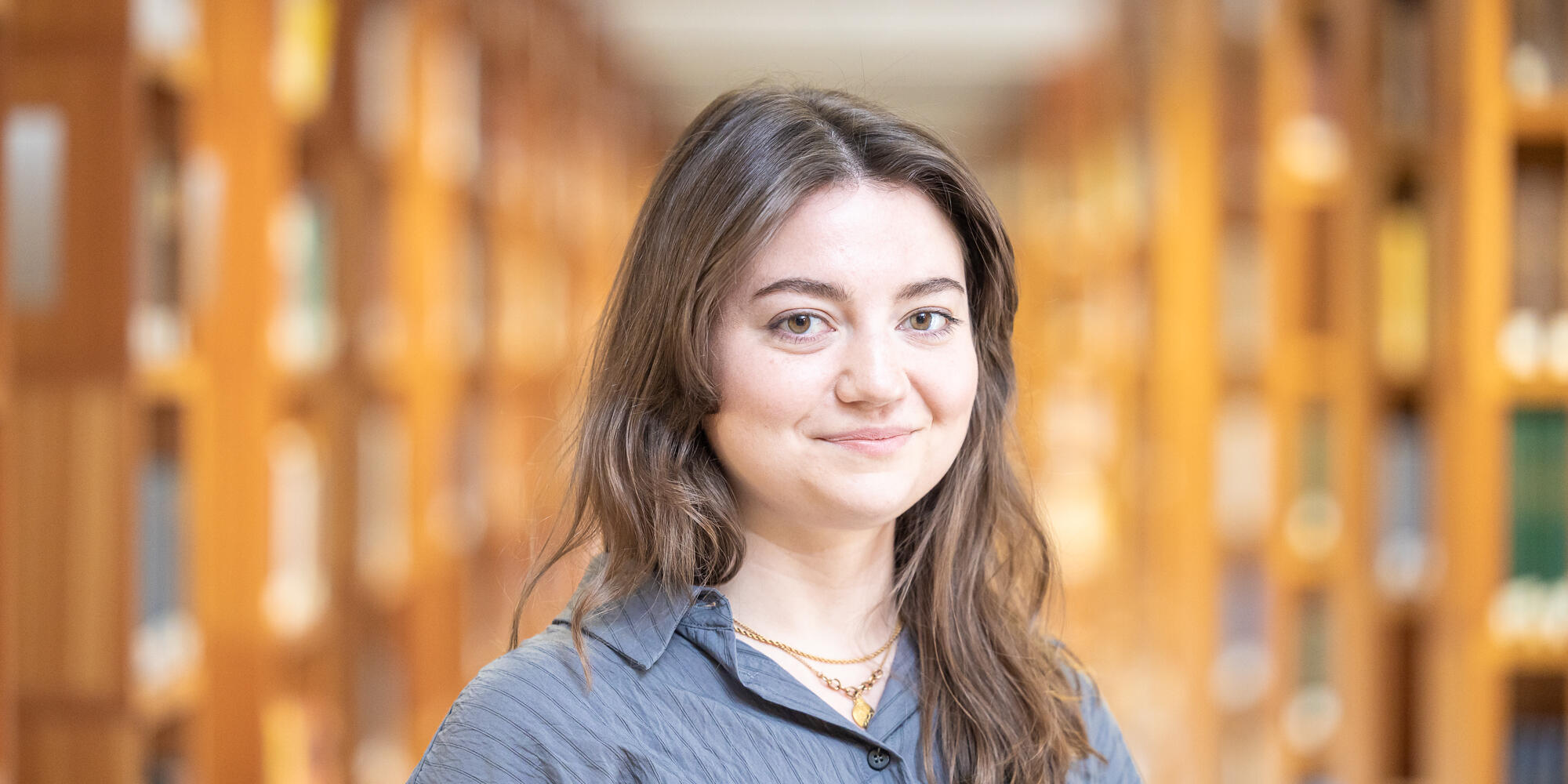
New at the Centre: Josina Dehn
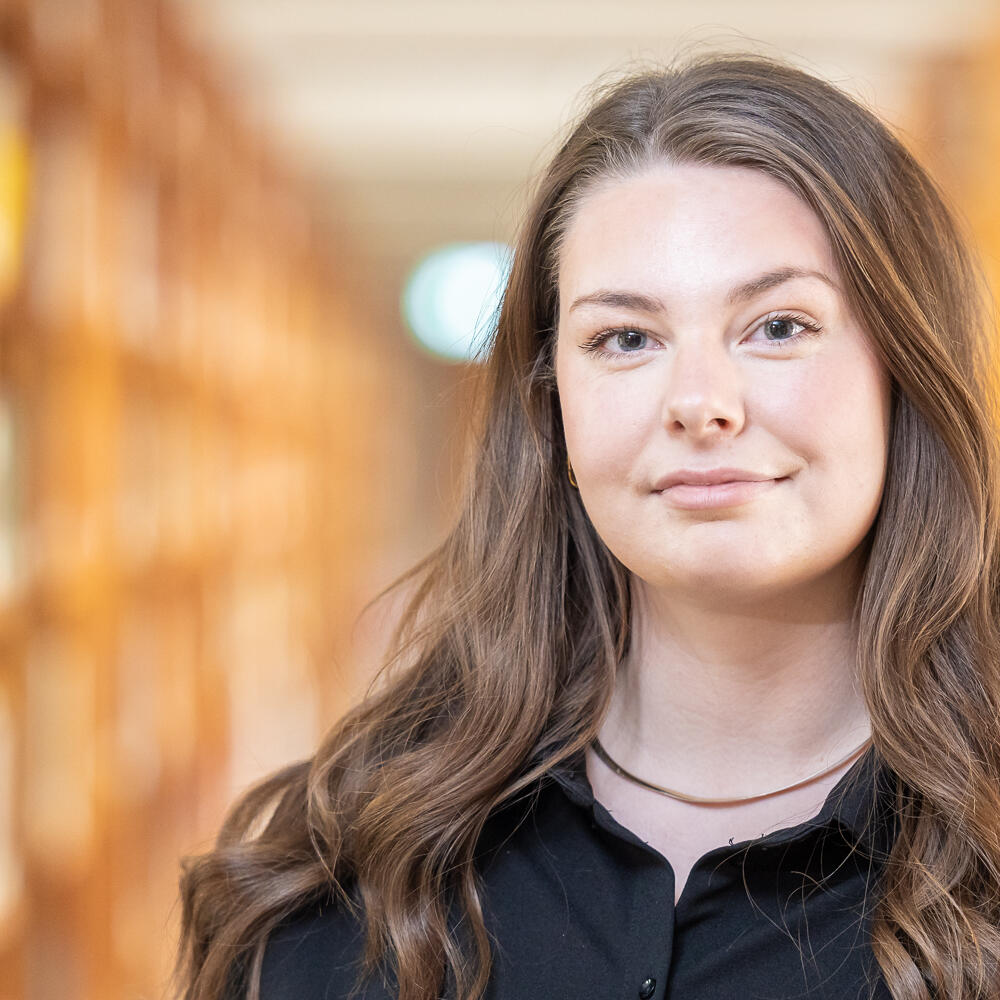
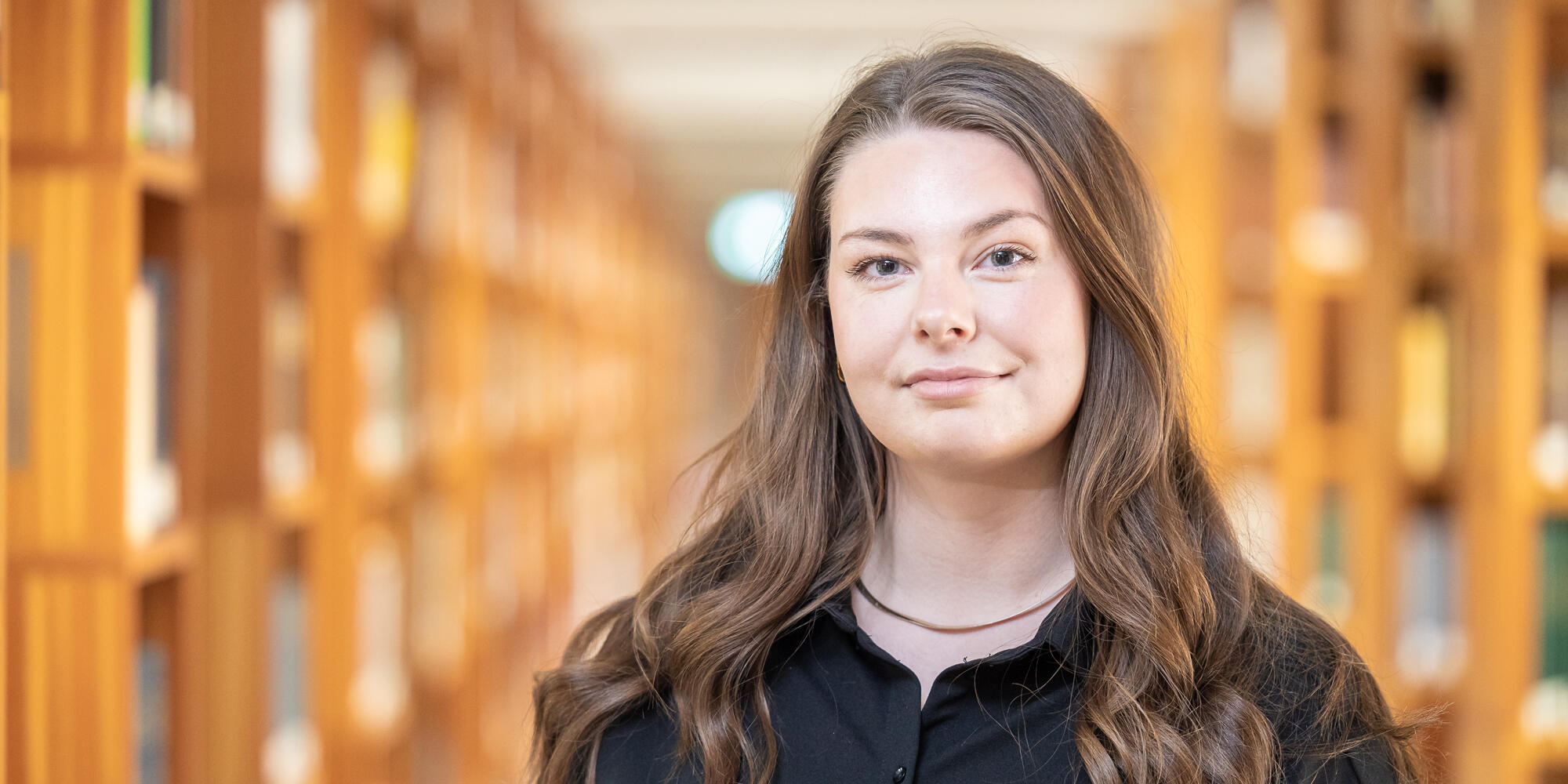
New at the Centre: Jolanda Saal
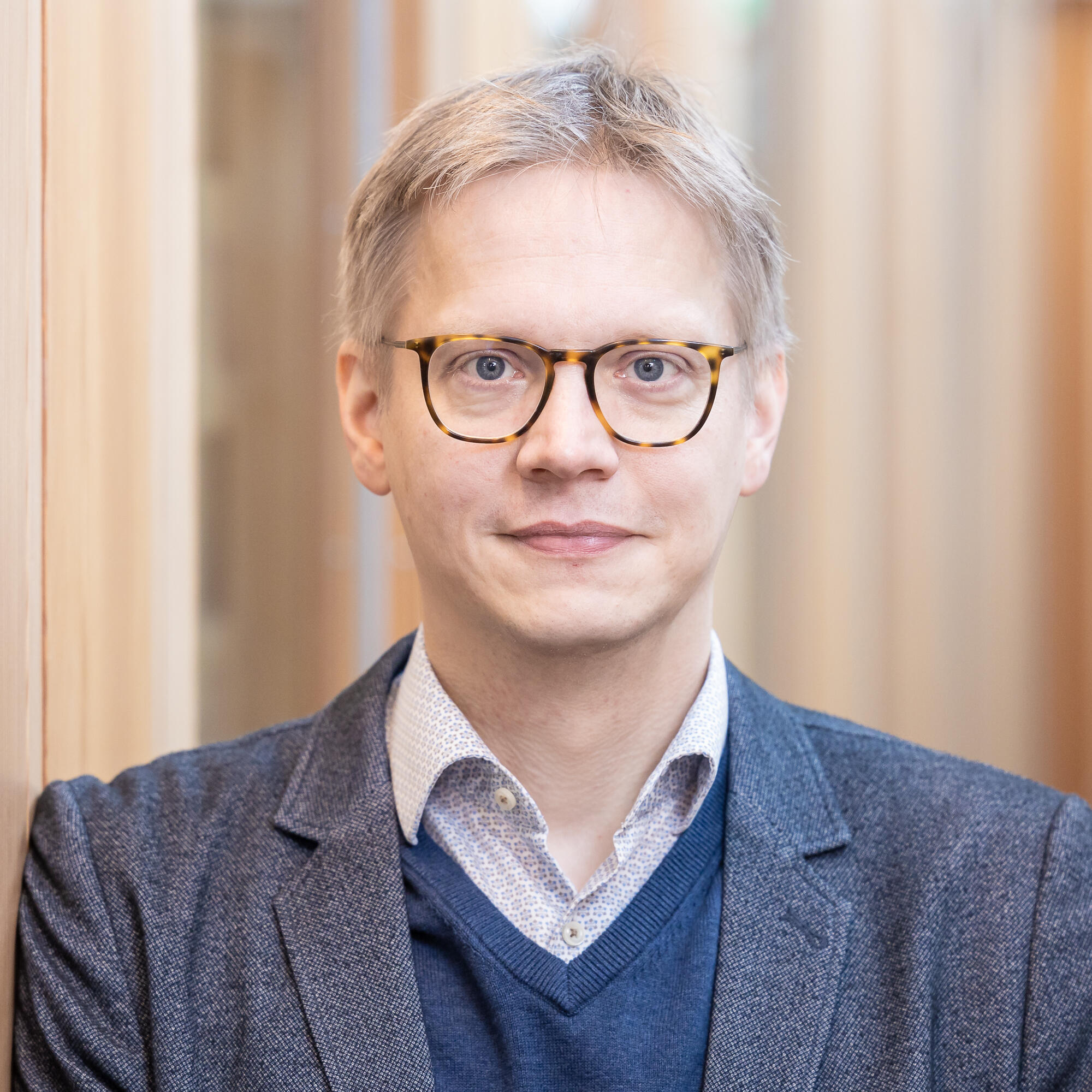
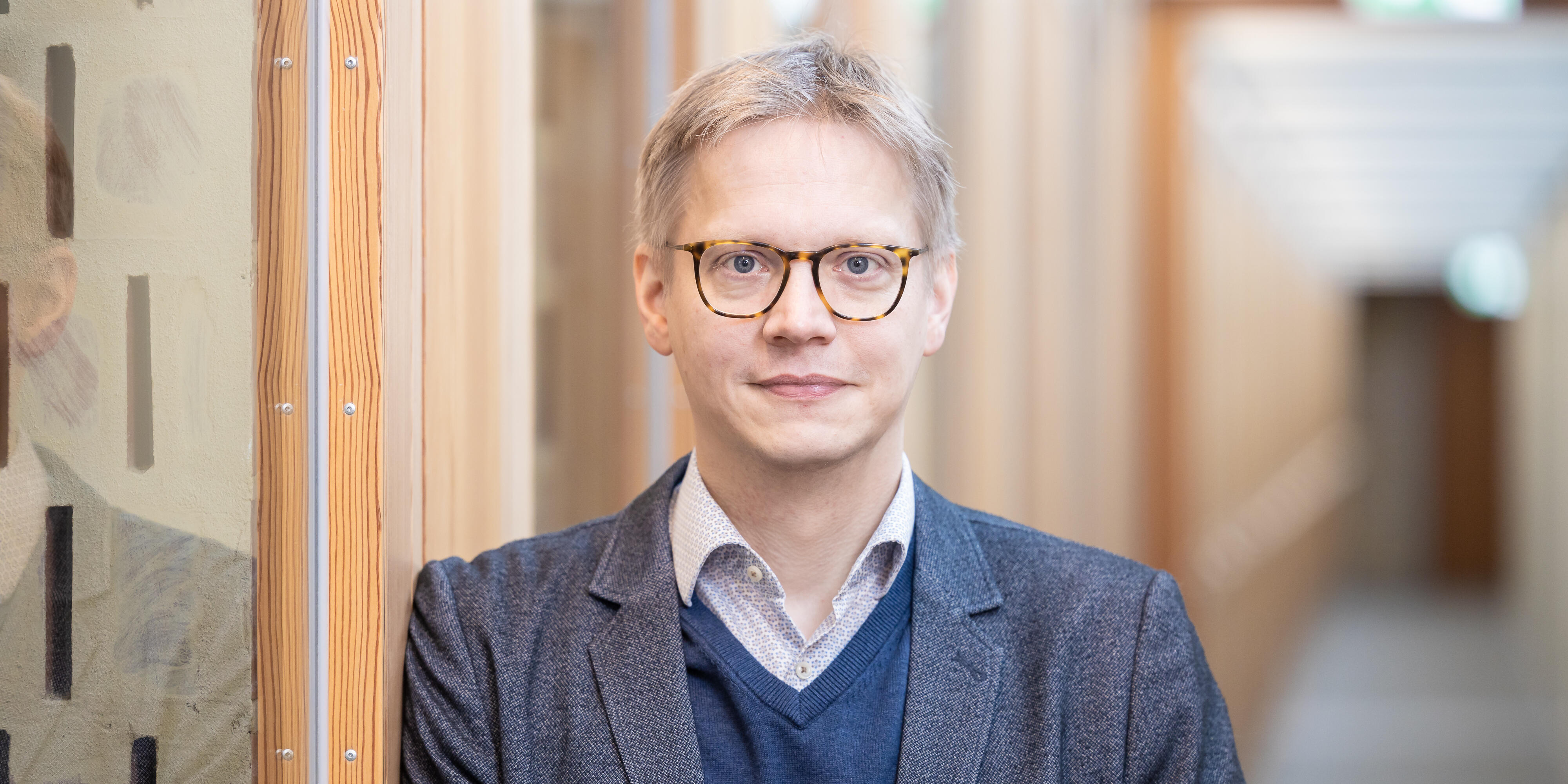
Fellow Lecture: “Zugangsdynamiken romantischer Kunst: Zwei Schlaglichter auf französische Malerei”

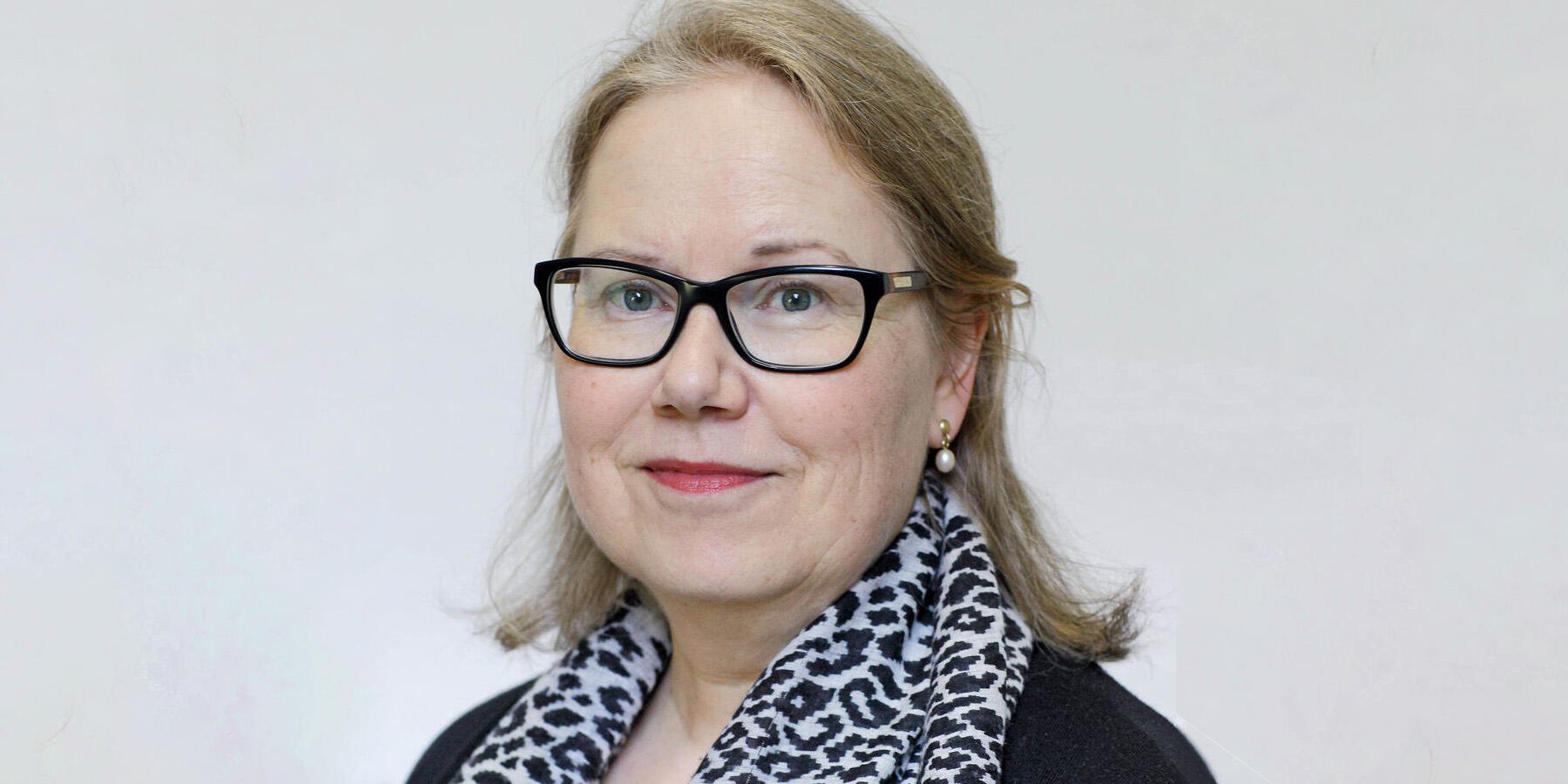
Lecture: “Fülle und Leere. Kuratieren als Ermöglichen”


Fellow Lecture: “Kunst für alle? Kunstgeschichte, Kunstbegriff, Kanon – Zugänglichkeit und Wertungsfragen im digitalen Wandel”


Lecture: “Slow humanities and computerized sciolism”


Lecture: “Does digitalization force us to forget? Performing arts as an example”


Conference “Zugänge zum Textilen”


New at the Centre: Prof. Dr. Hubert Locher


New at the Centre: Dr. Thomas Kater


New at the Centre: Prof. Dr. Johannes Grave


New at the Centre: Dr. Regine Ehleiter


Fourth Summer School Museology
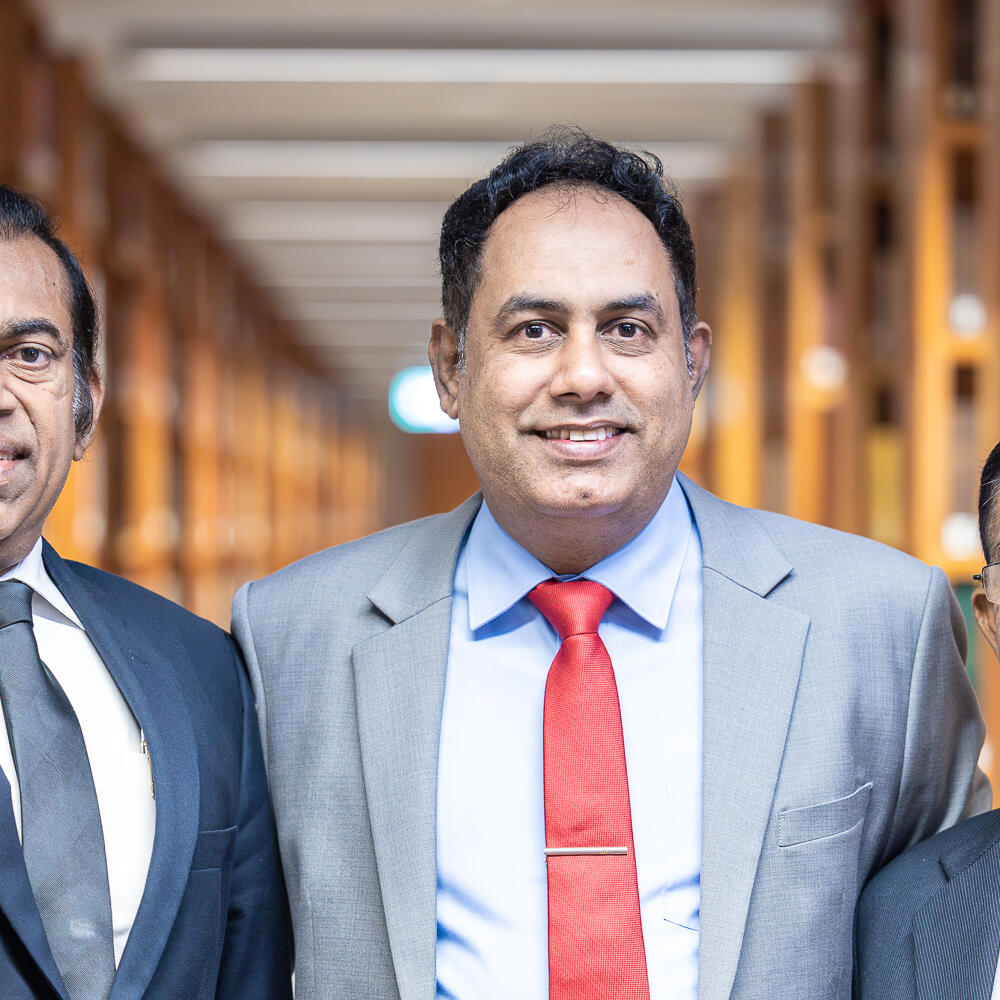
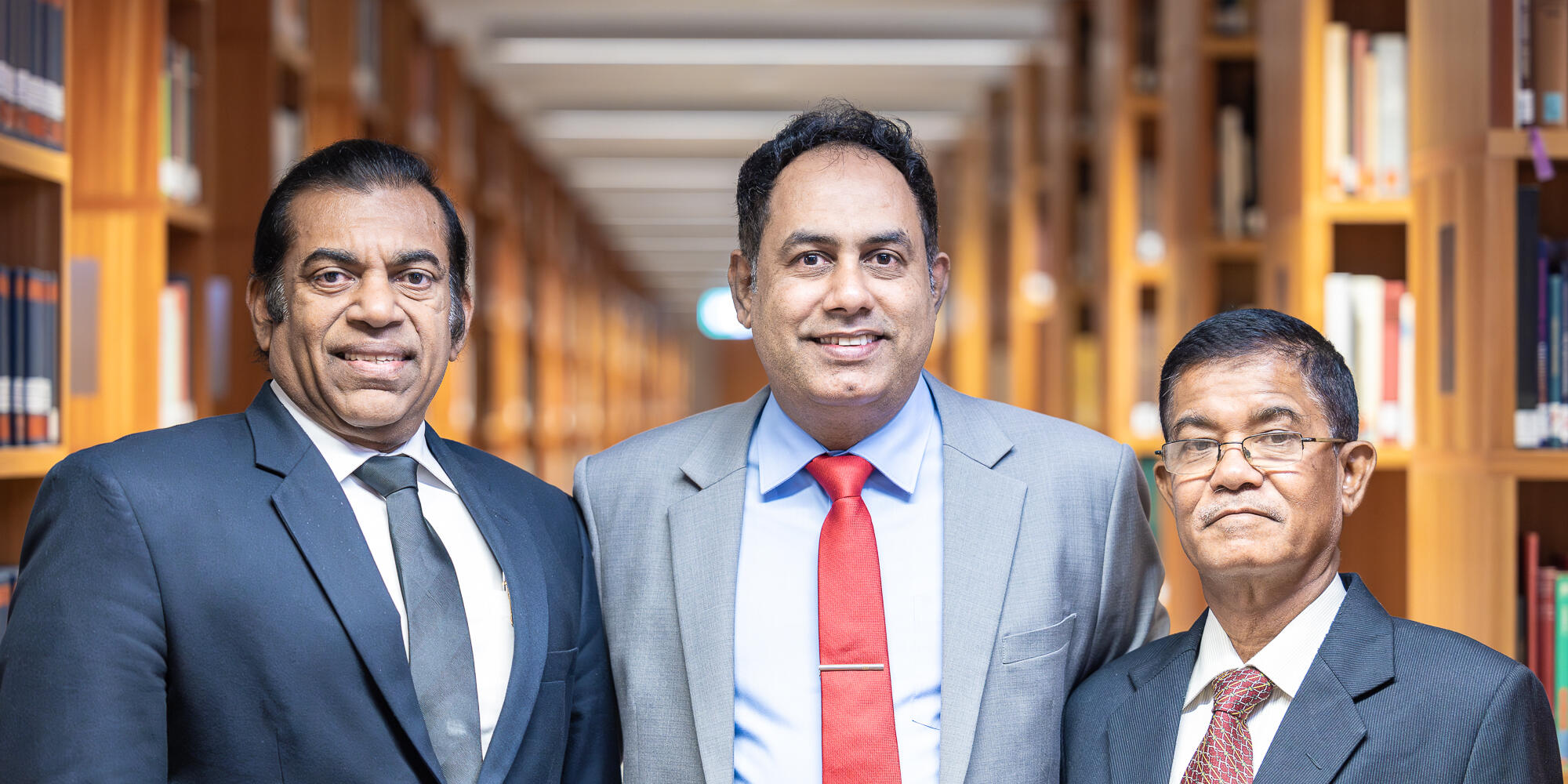
“Digital Access to Library Content – Legal Frameworks in Germany and Sri Lanka”


Fellow-Lecture: “‘Cultural Appropriation’. Questions about a concept”


Fellow Lecture “Embodied Aesthetics”
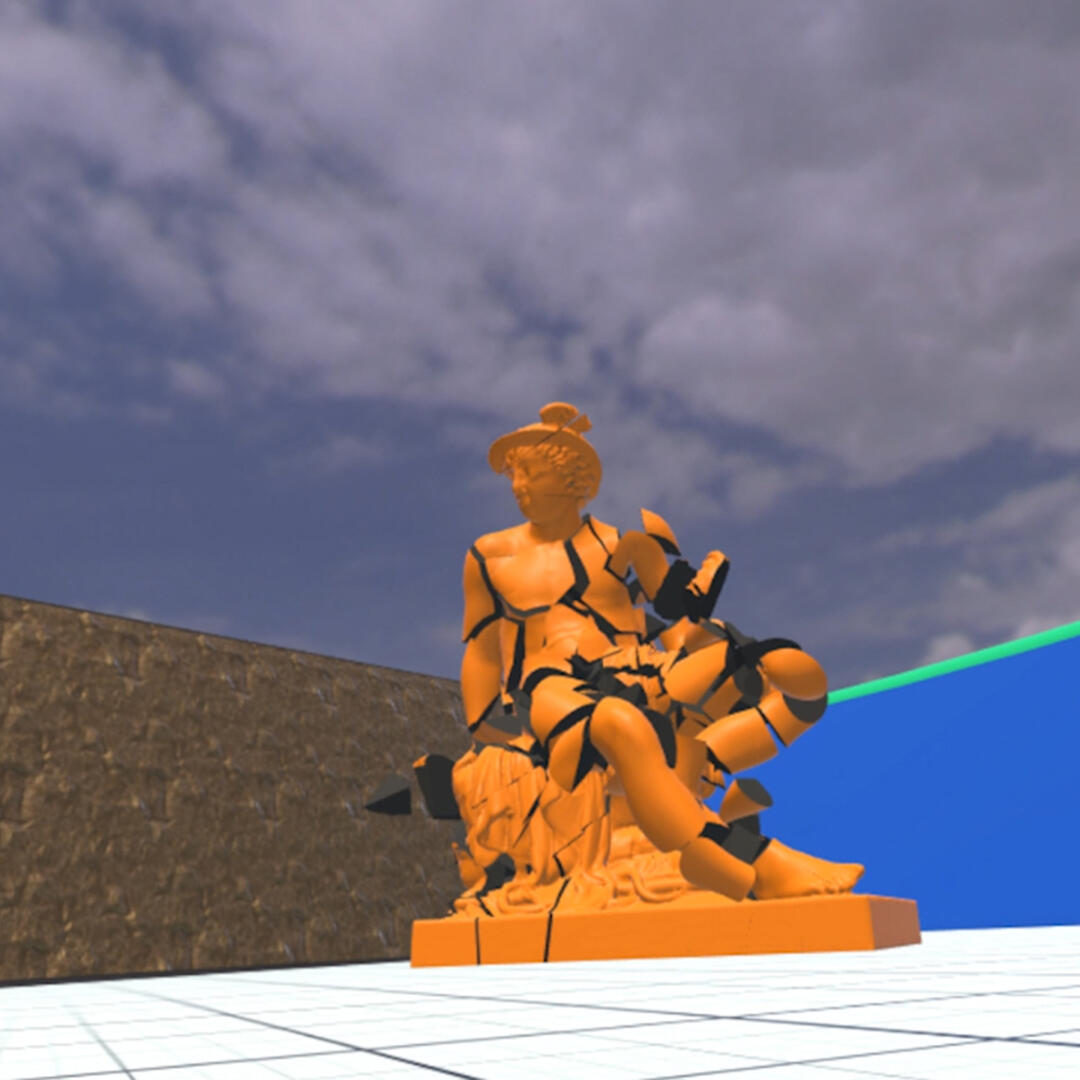
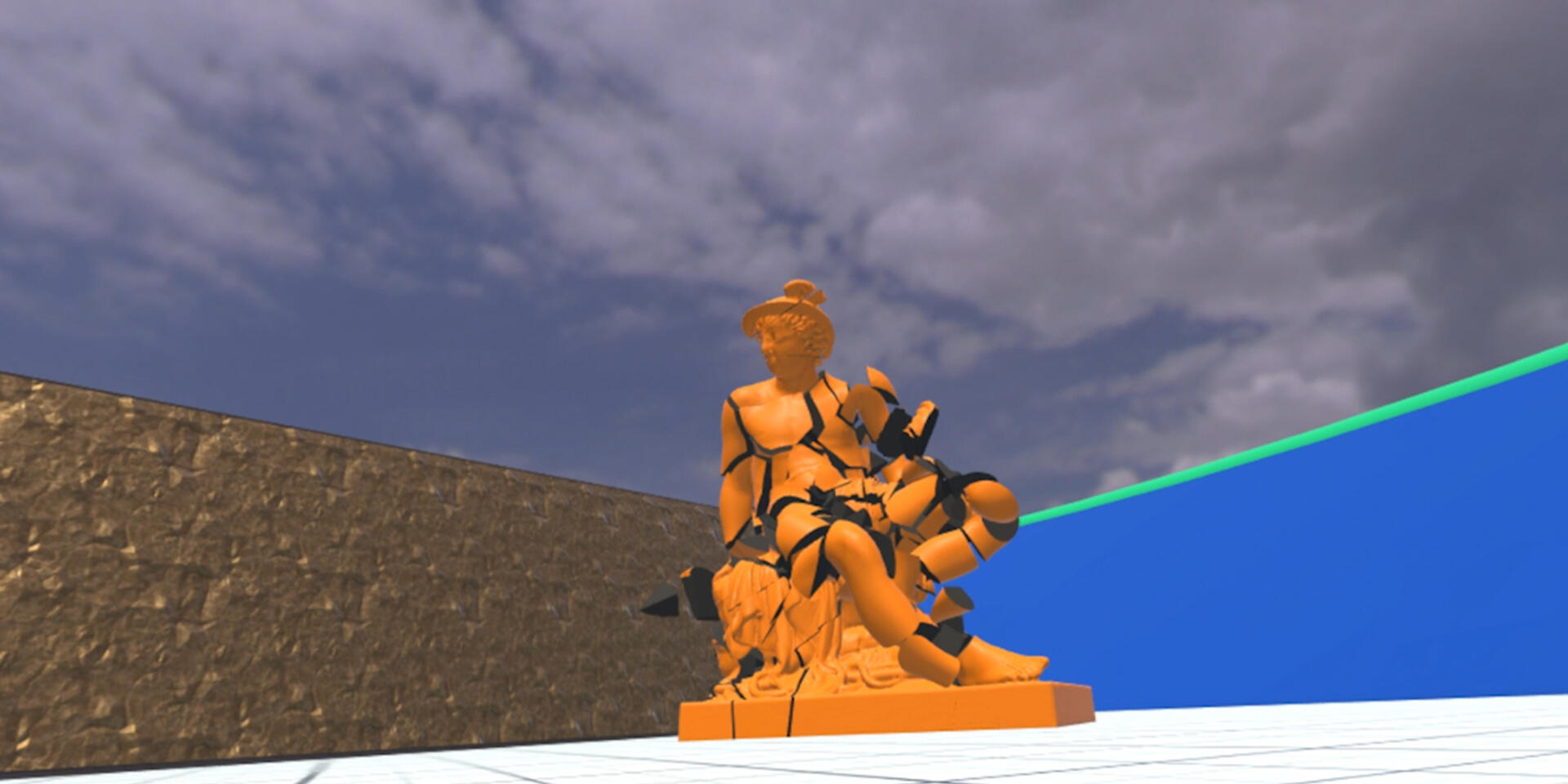
Lecture: “The Sculptural in the (Post-)Digital Age”
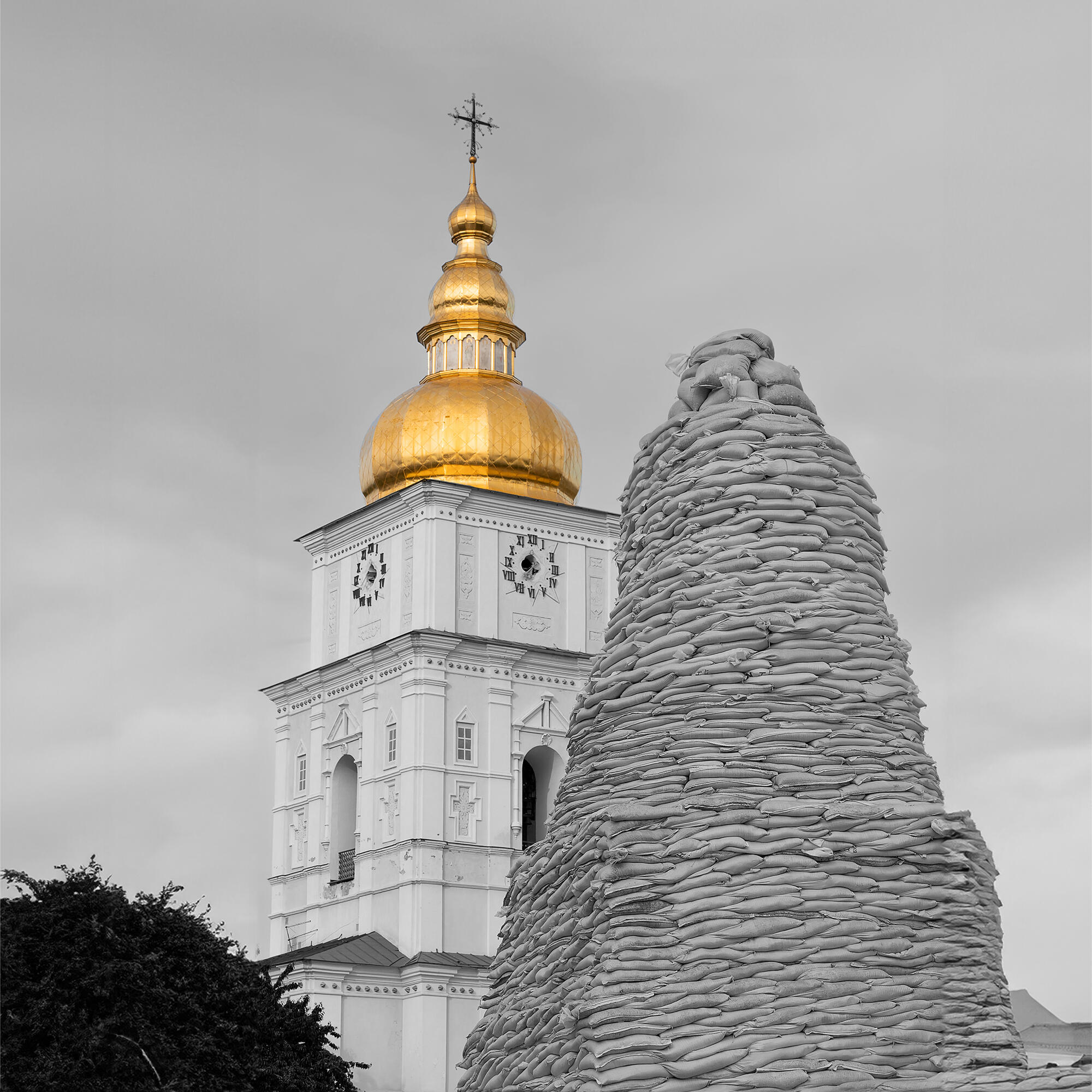
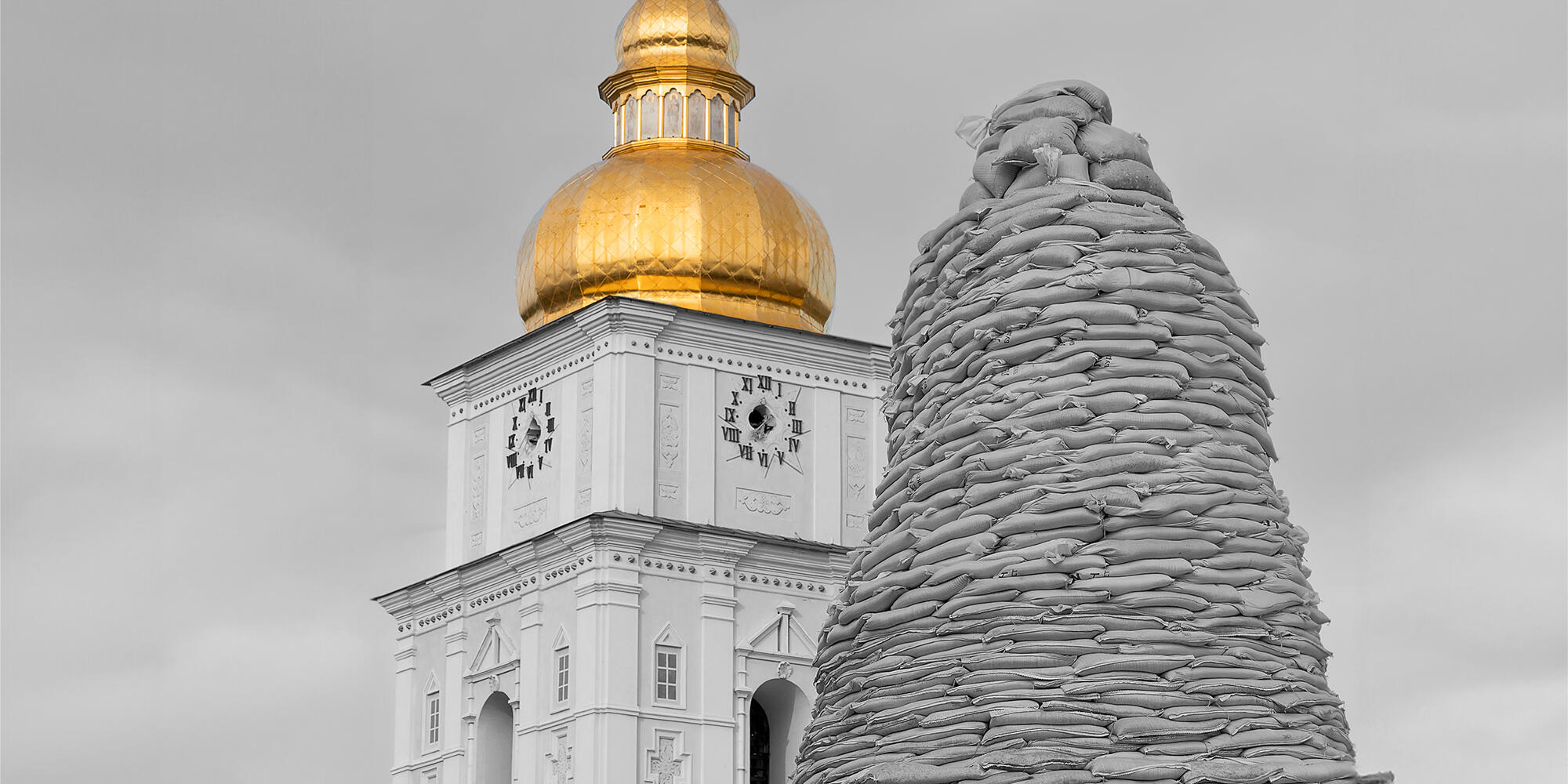
Workshop “Protecting and accessing cultural goods in wartime”
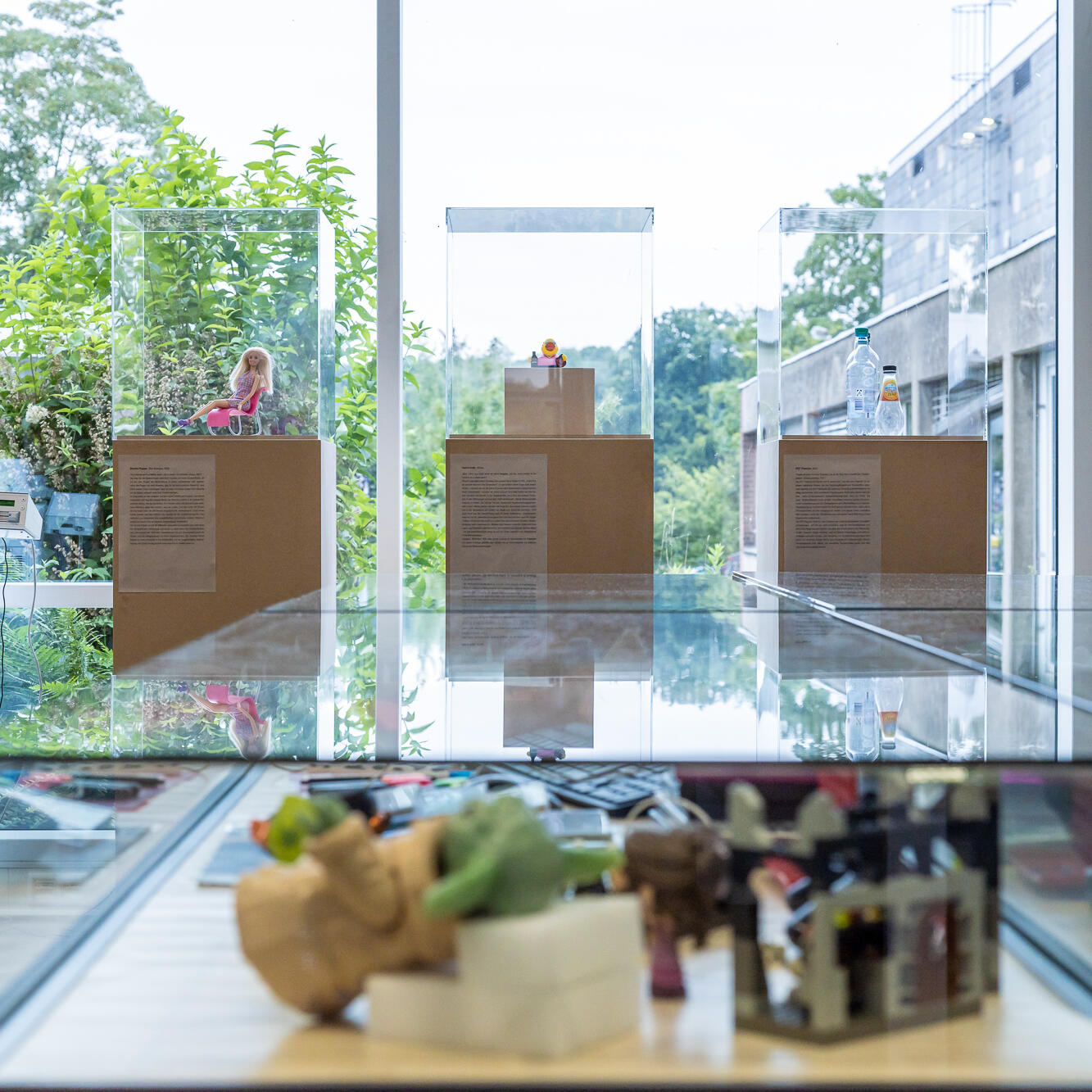
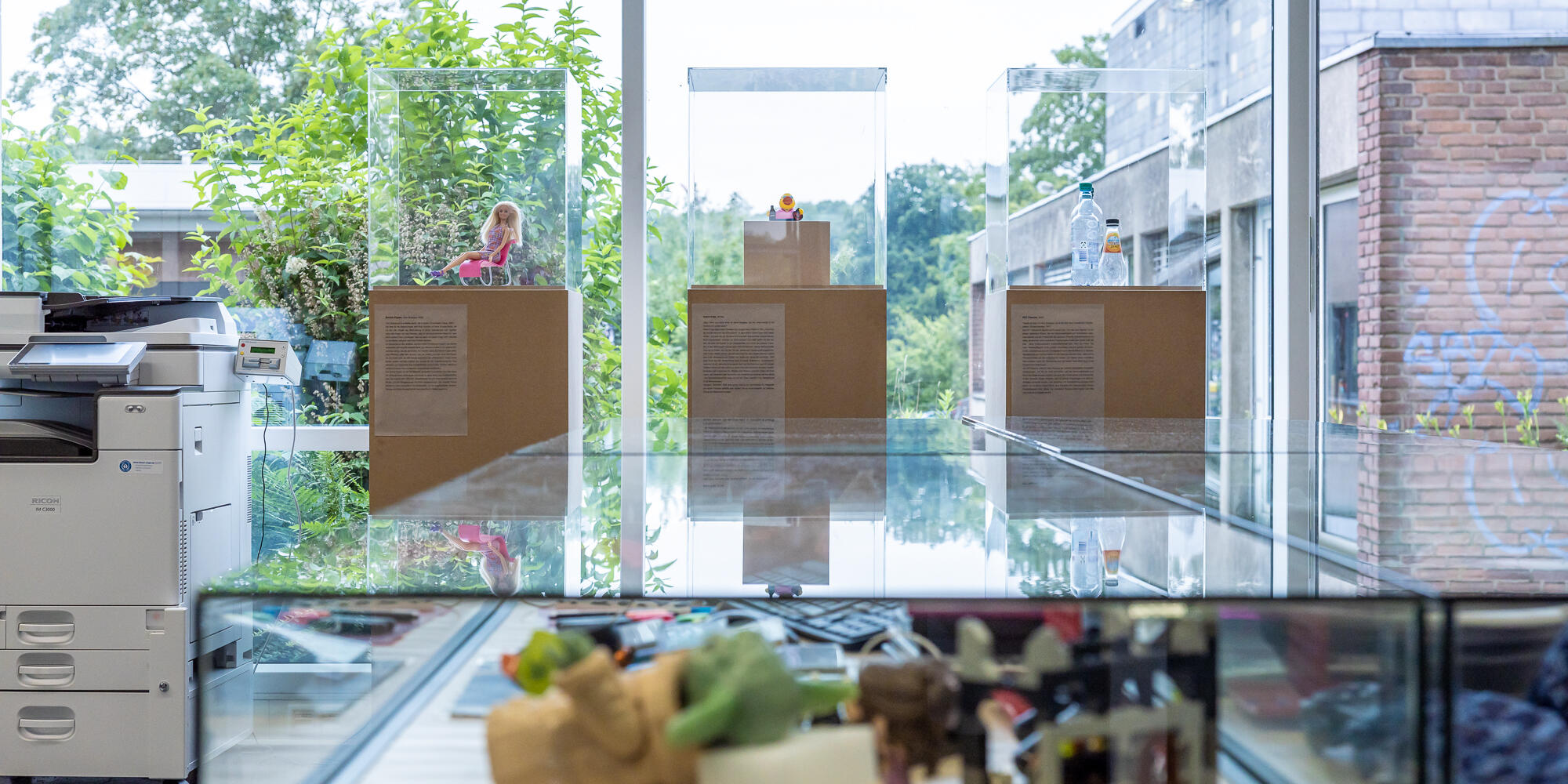
“Where the plastics live”: Video about the exhibition online
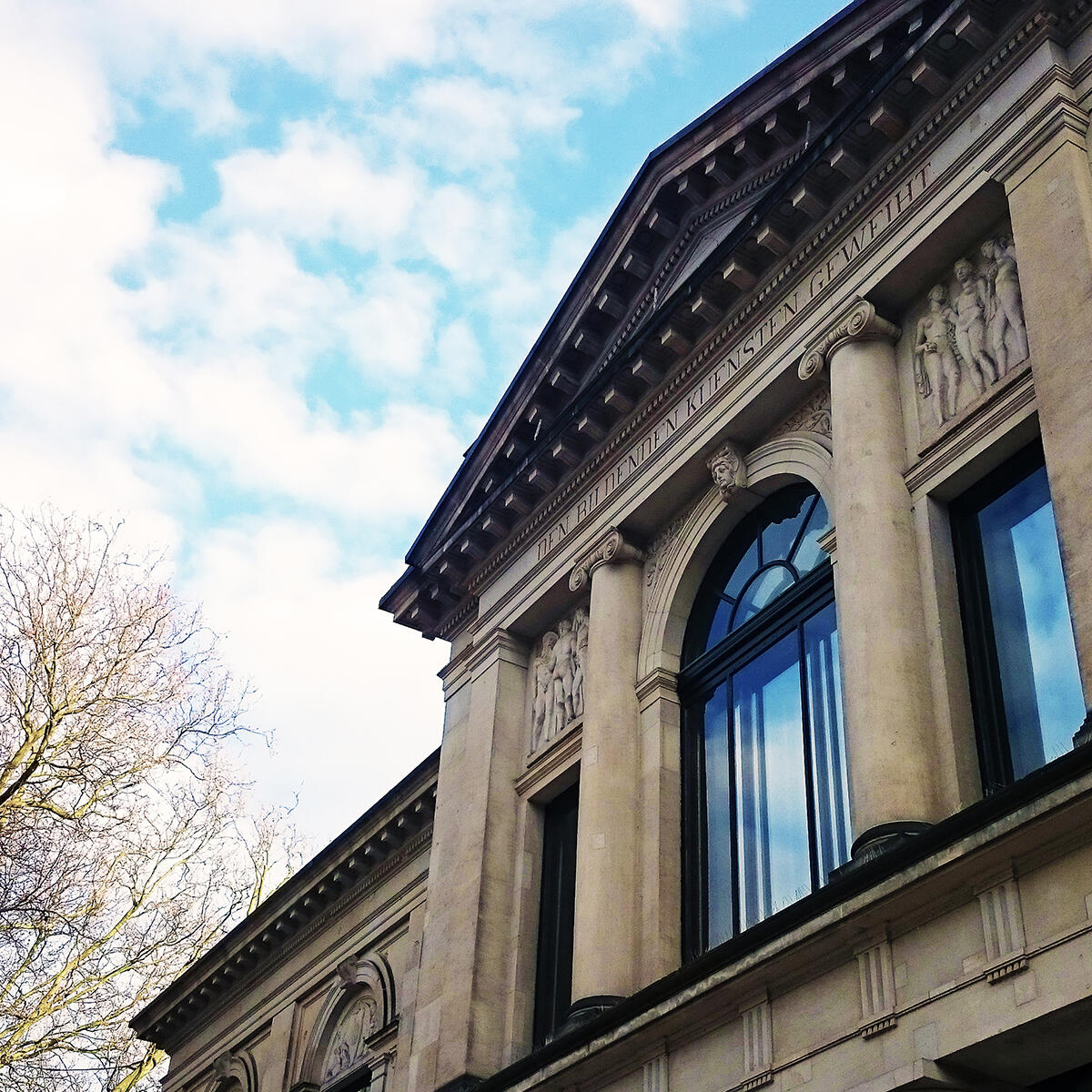
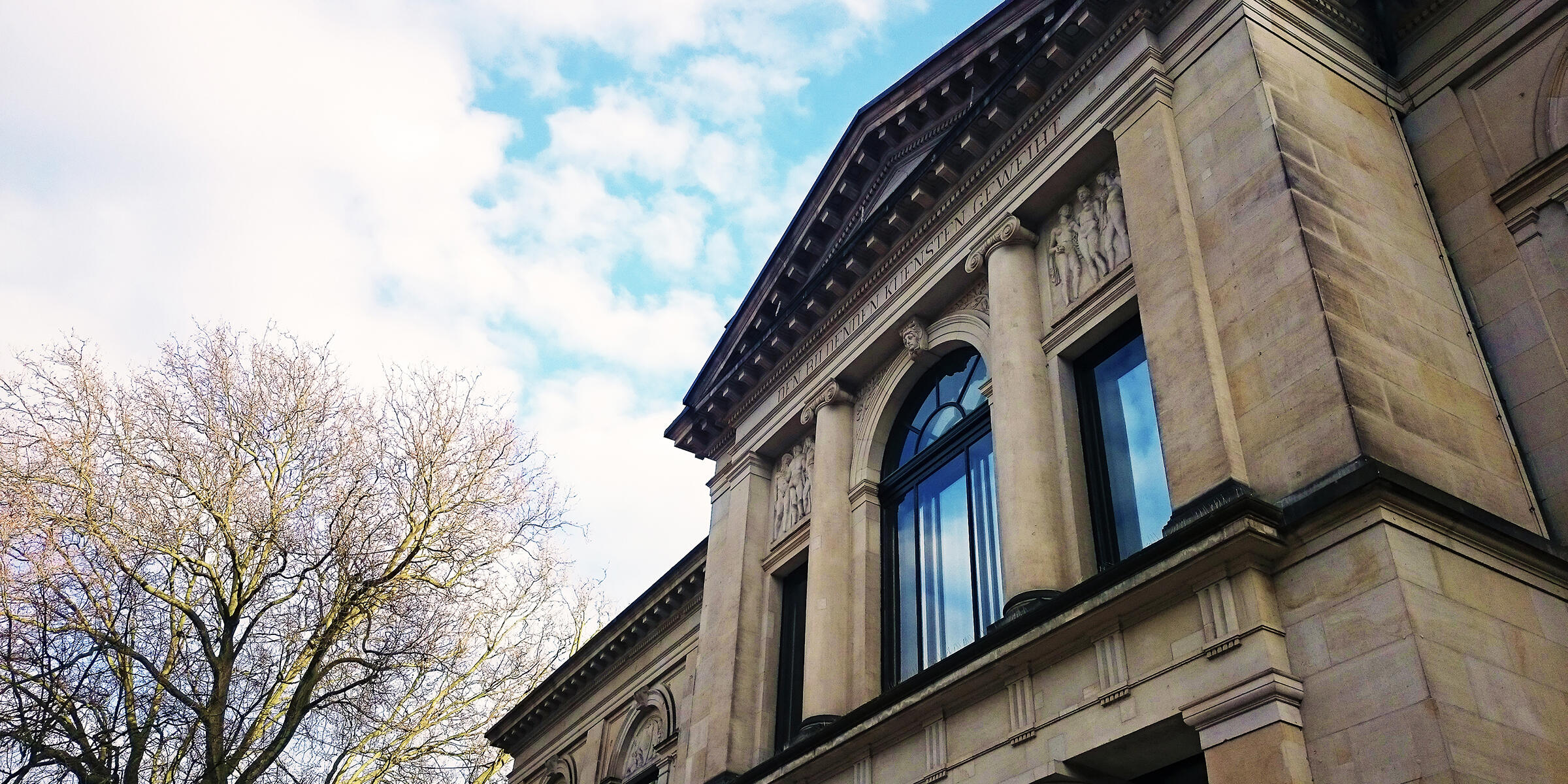
Video: Students' day at the Bremer Kunsthalle


New at the Centre: Prof. Dr. Ruben Apressyan


New at the Centre: Arslan Sheikh
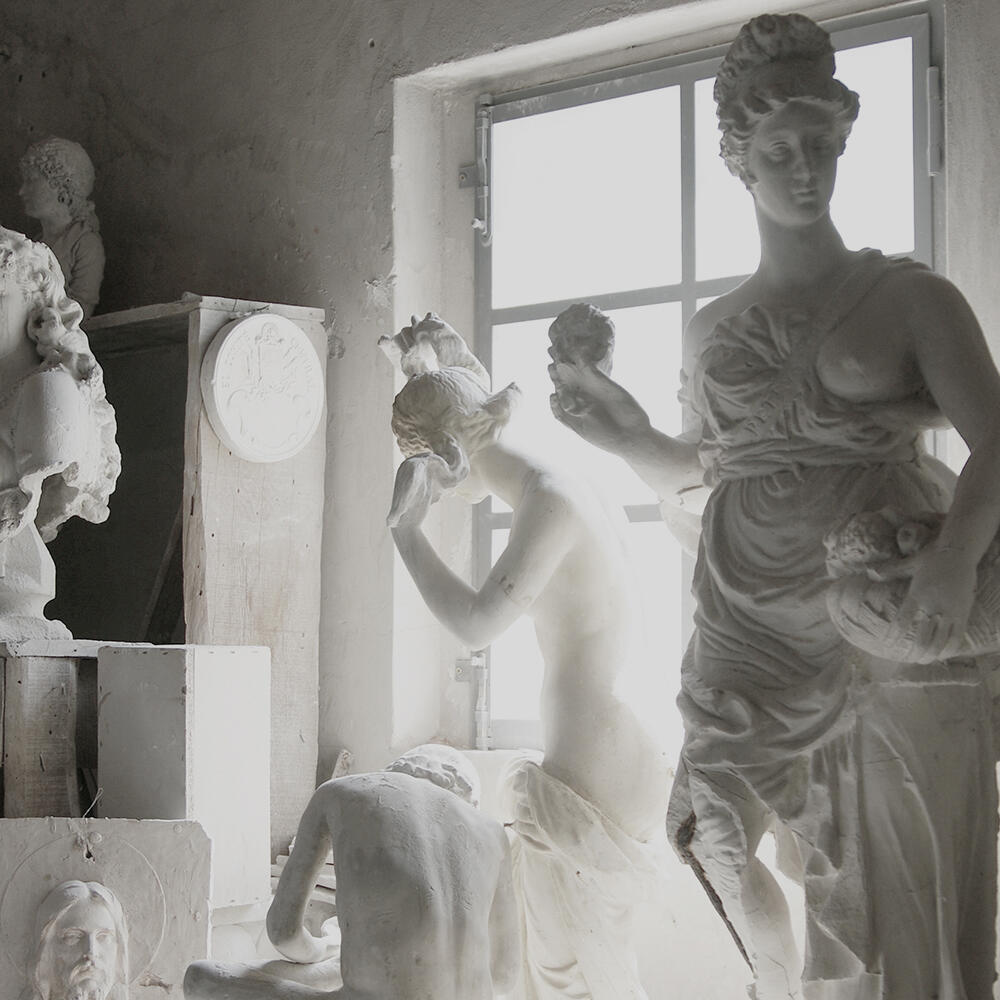

Fellow Lecture by Prof. Dr. Erhard Schüttpelz

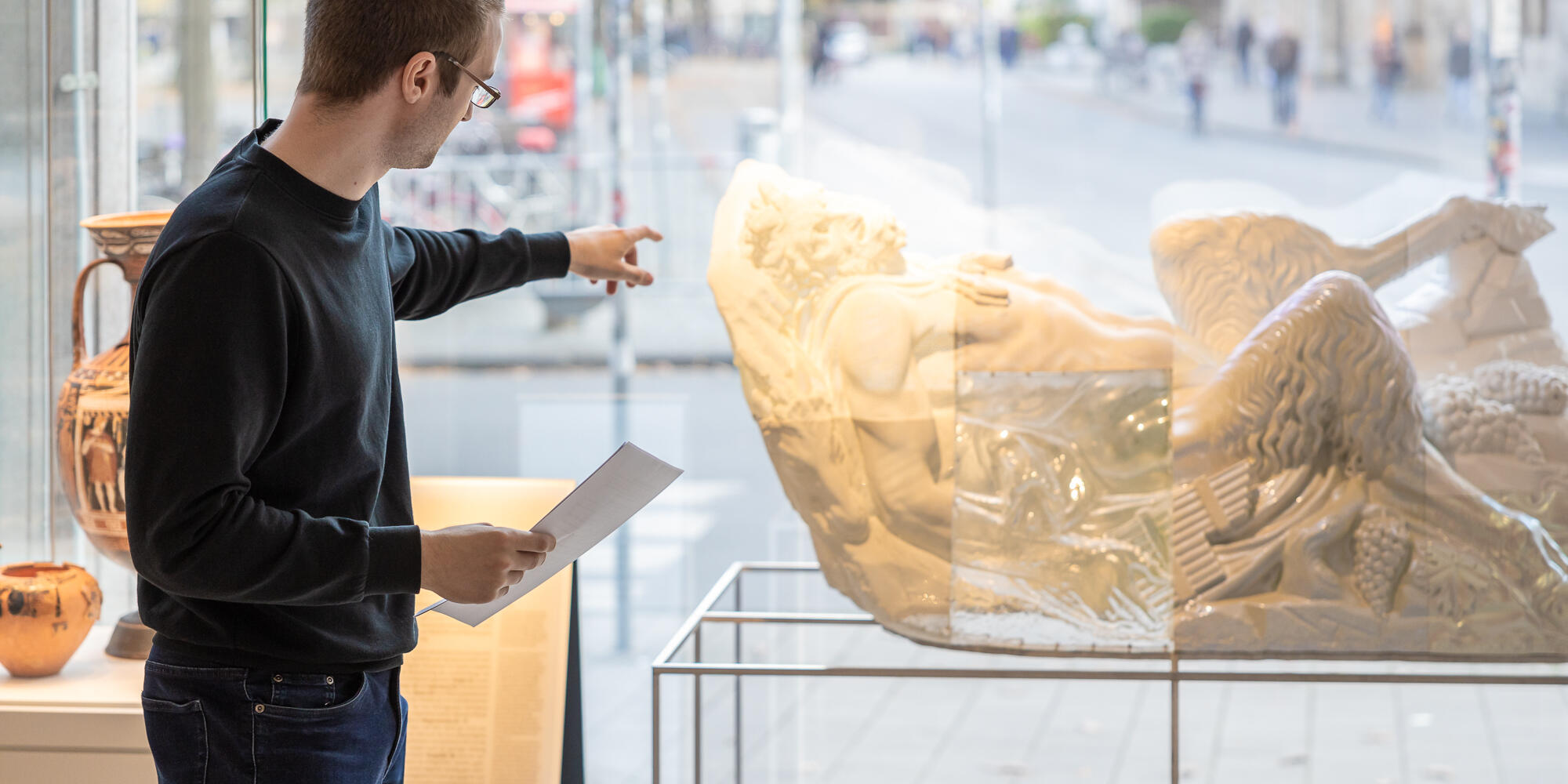
Short video on the „Reclining Pan“
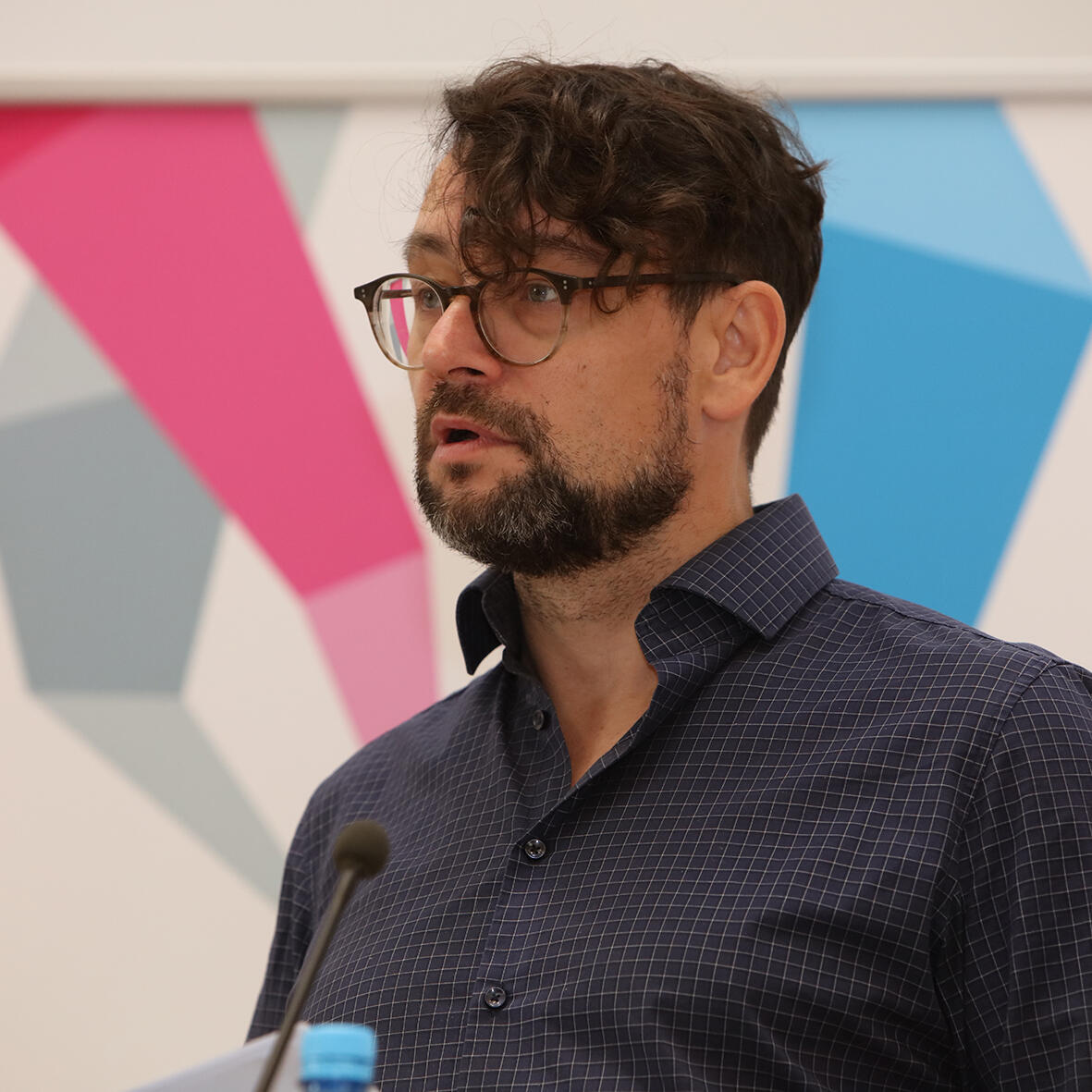

Video: Lecture “Access and loss of control – The new dependencies in the age of AI”
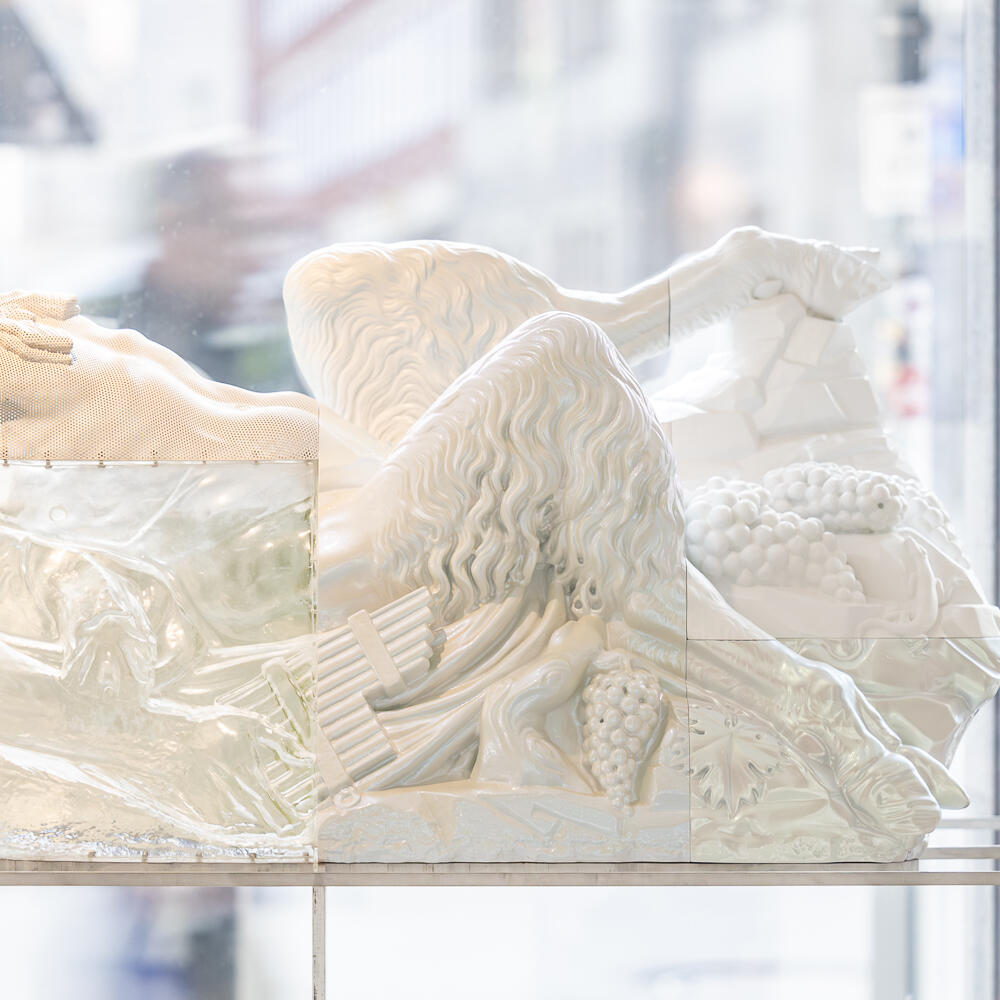
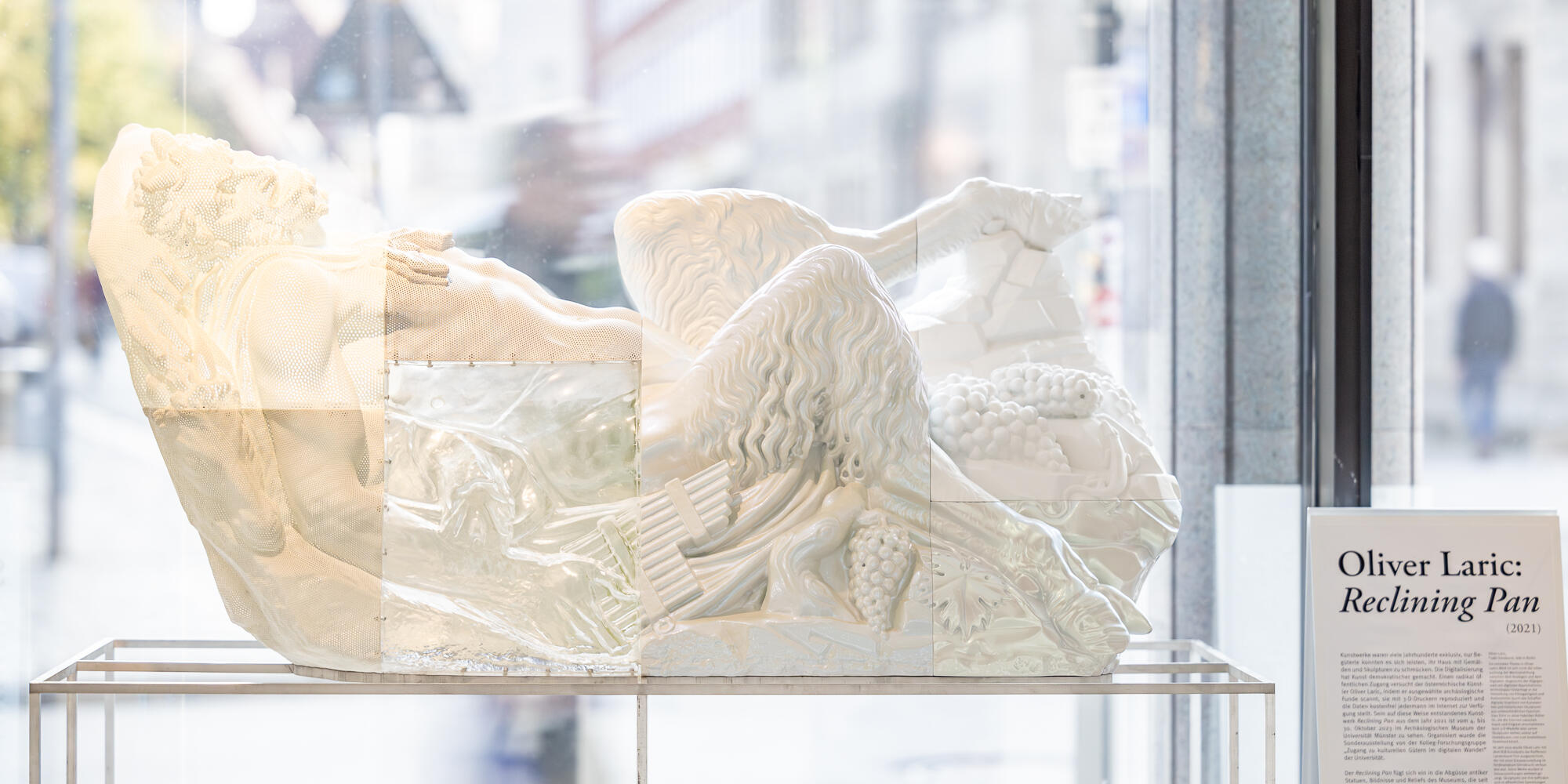
Oliver Laric – “Reclining Pan”: Exhibition and Lectures
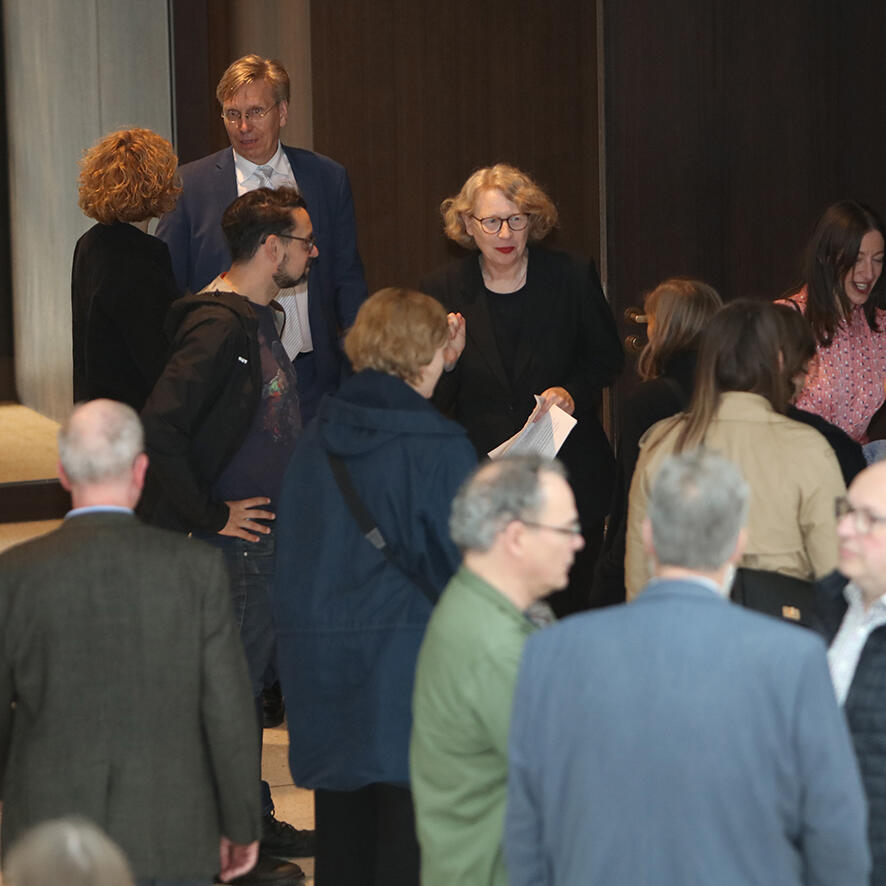
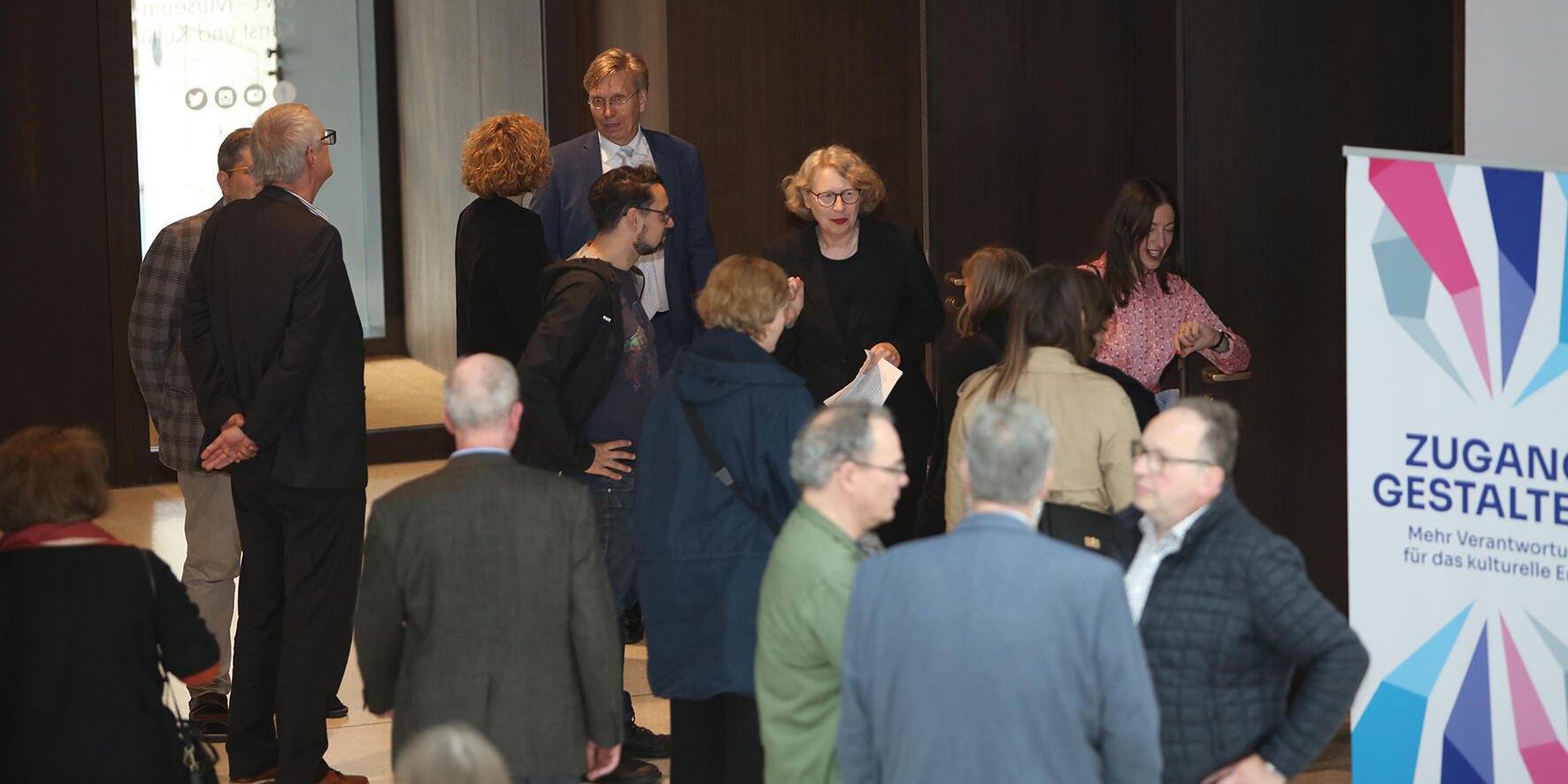
Conference „Zugang gestalten!“

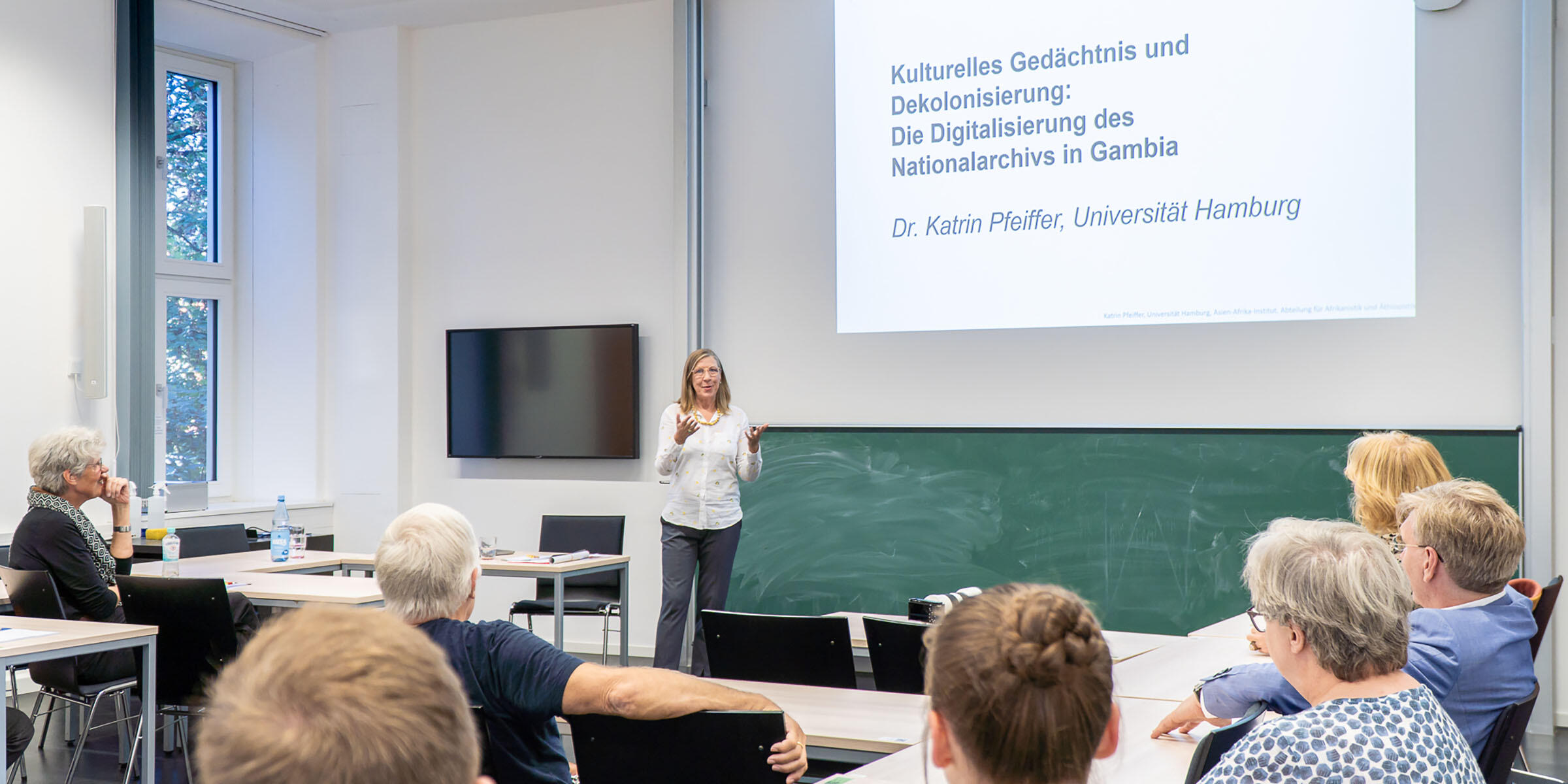
Cultural Memory and Decolonization: The Digitization of the National Archives in The Gambia
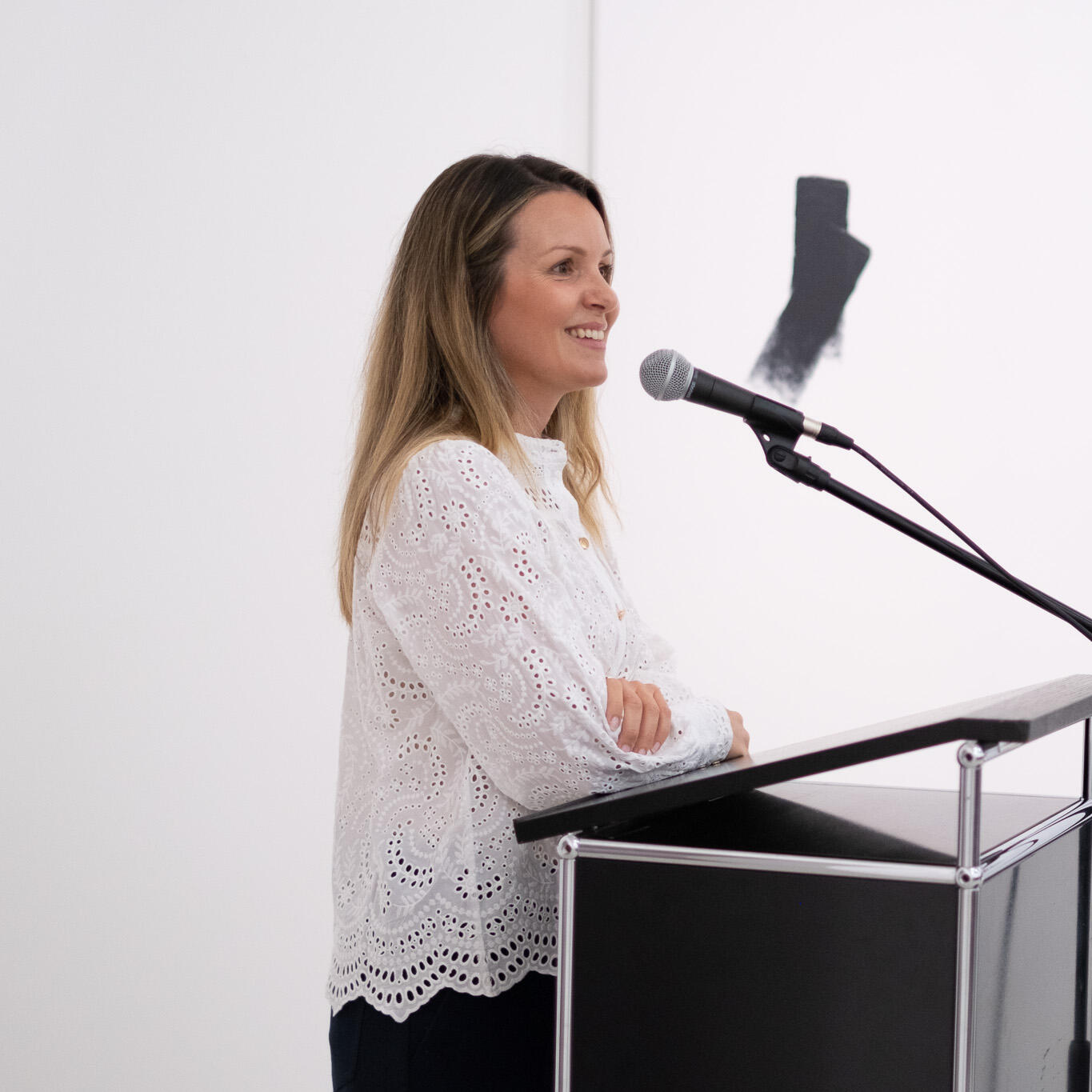

Elisha Masemann is a WiRe fellow at the Centre
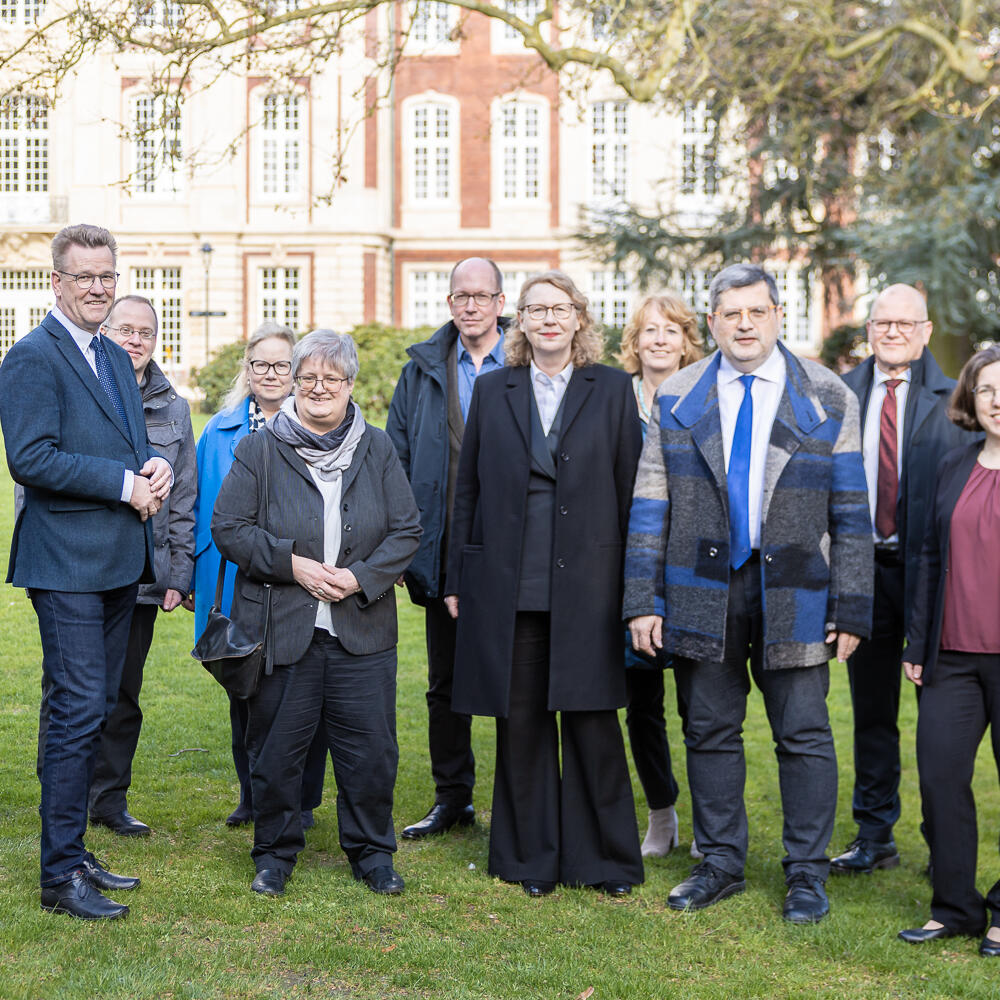
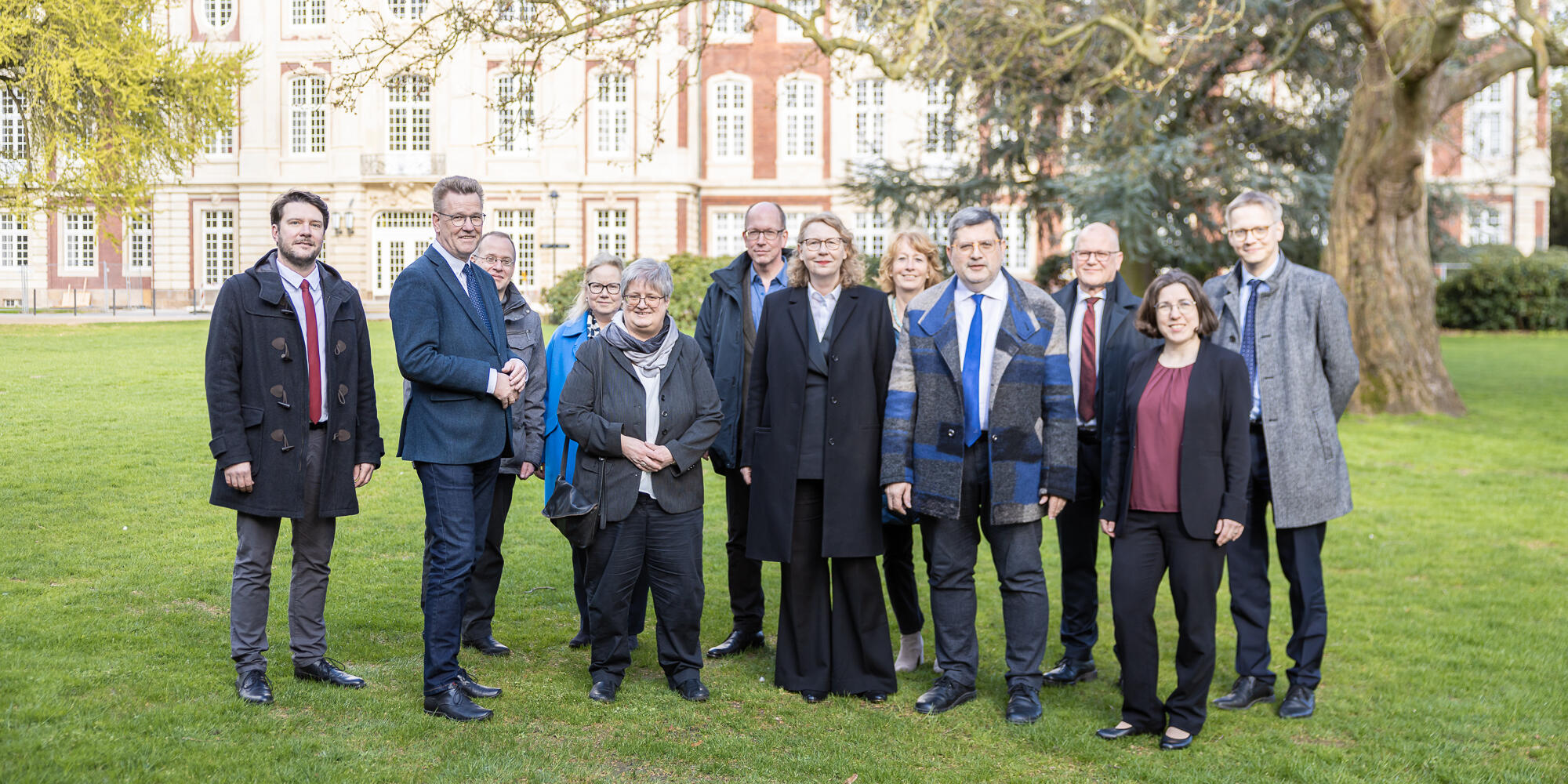
Centre for Advanced Study opened ceremoniously


Hubertus Kohl is a new Fellow at the Centre


Opening Ceremony of the Centre for Advanced Study
Ceremonial Lecture by Prof. Dr. Johannes Grave on 25 April 2023
